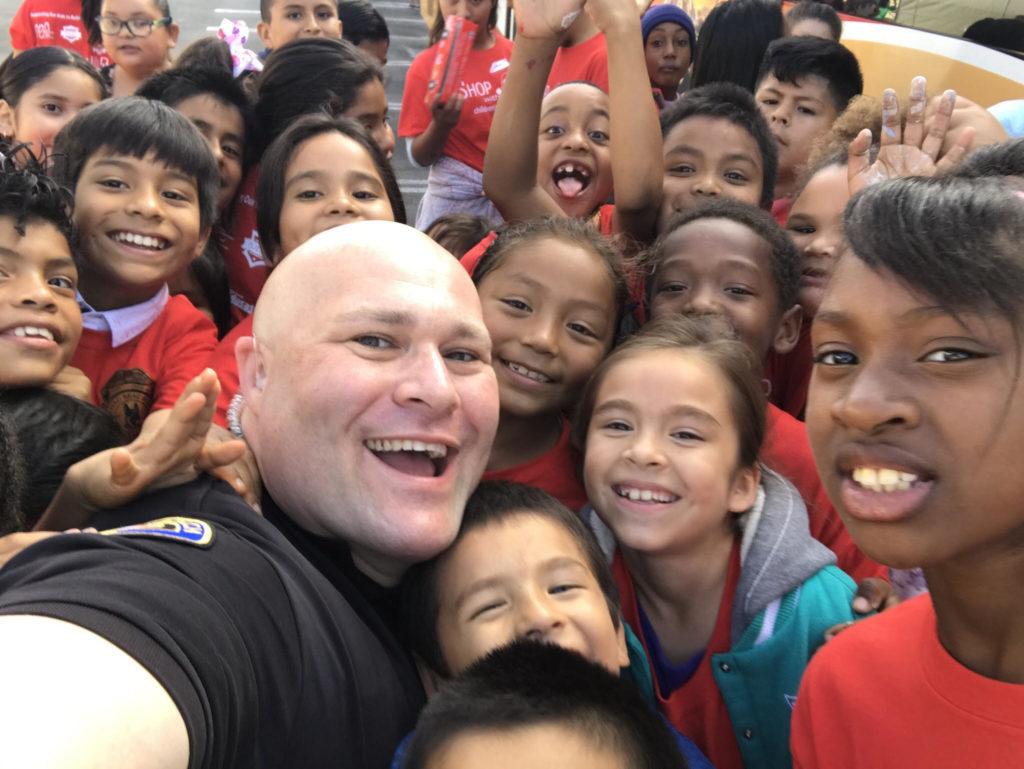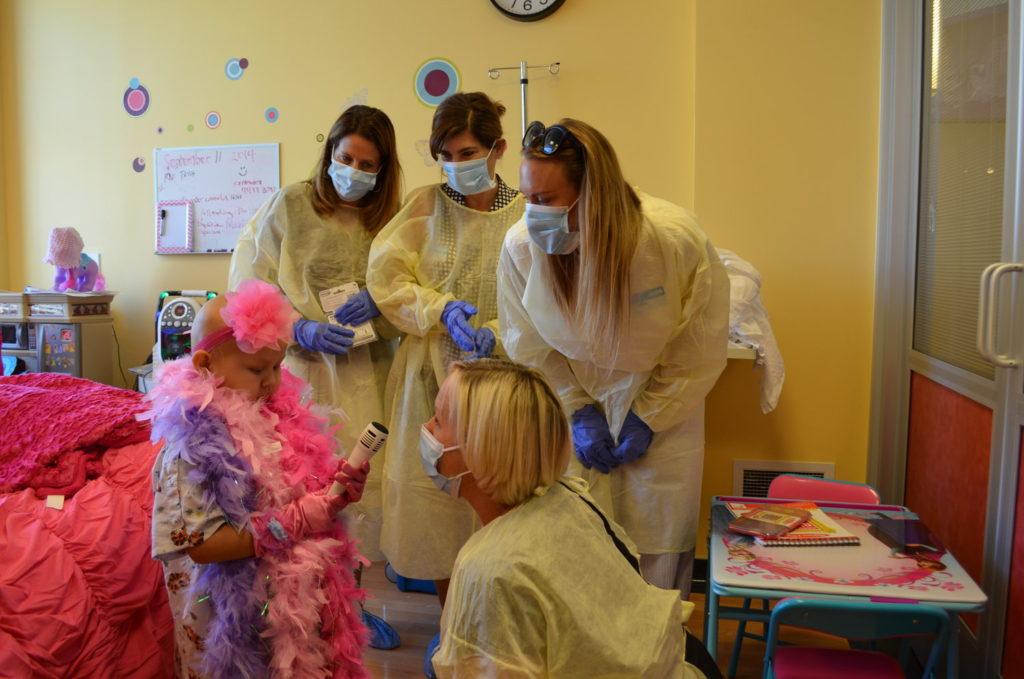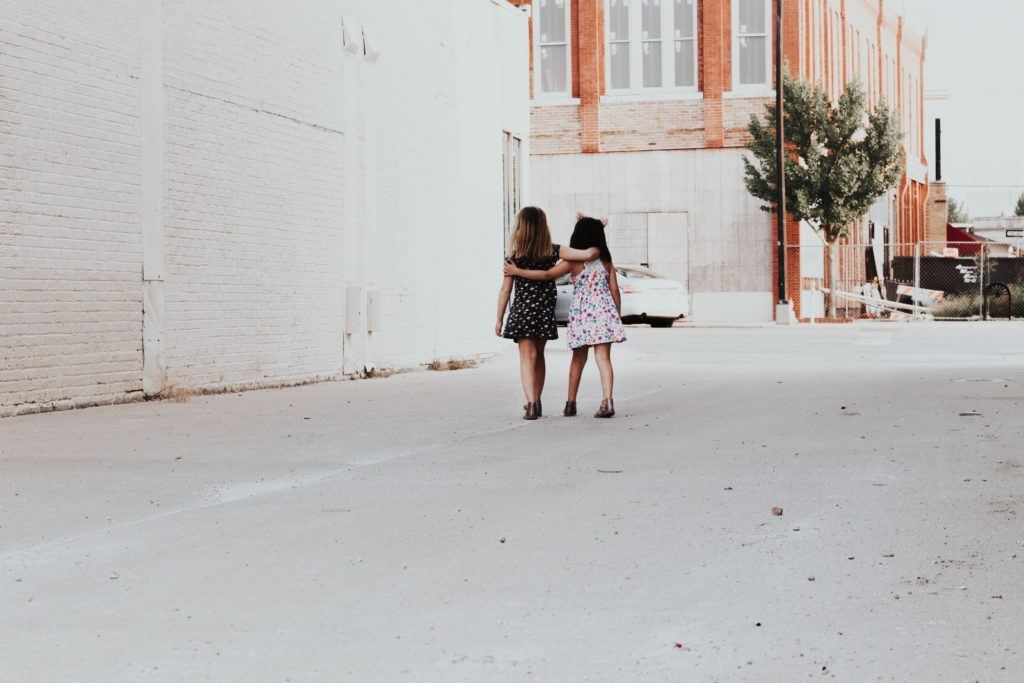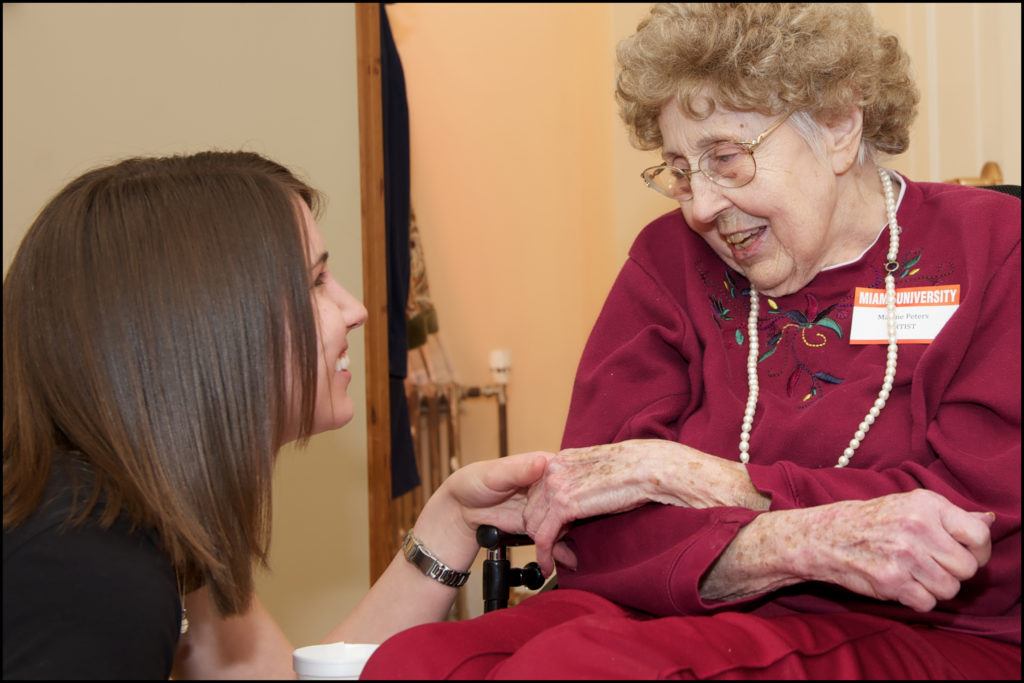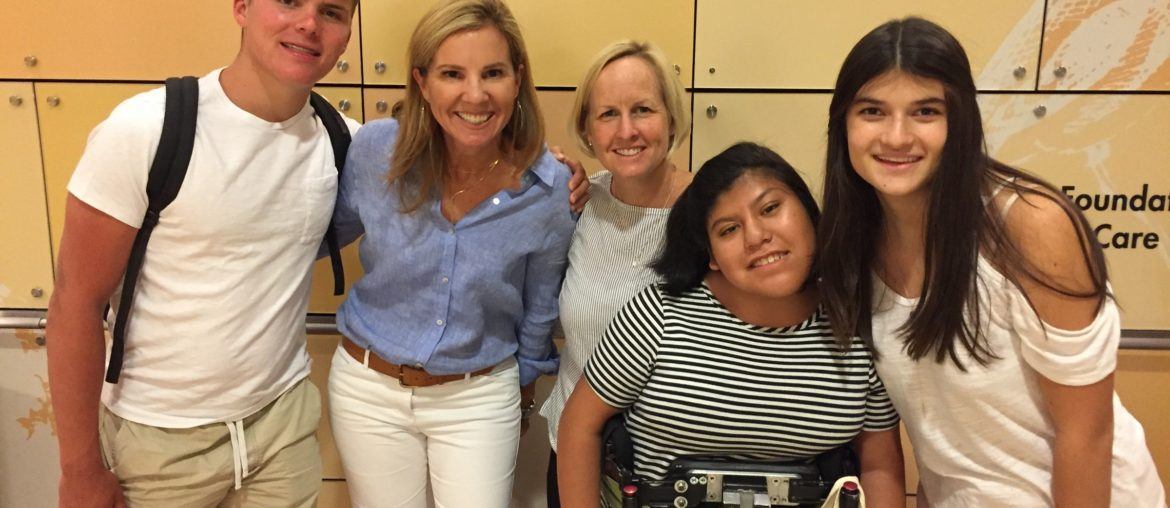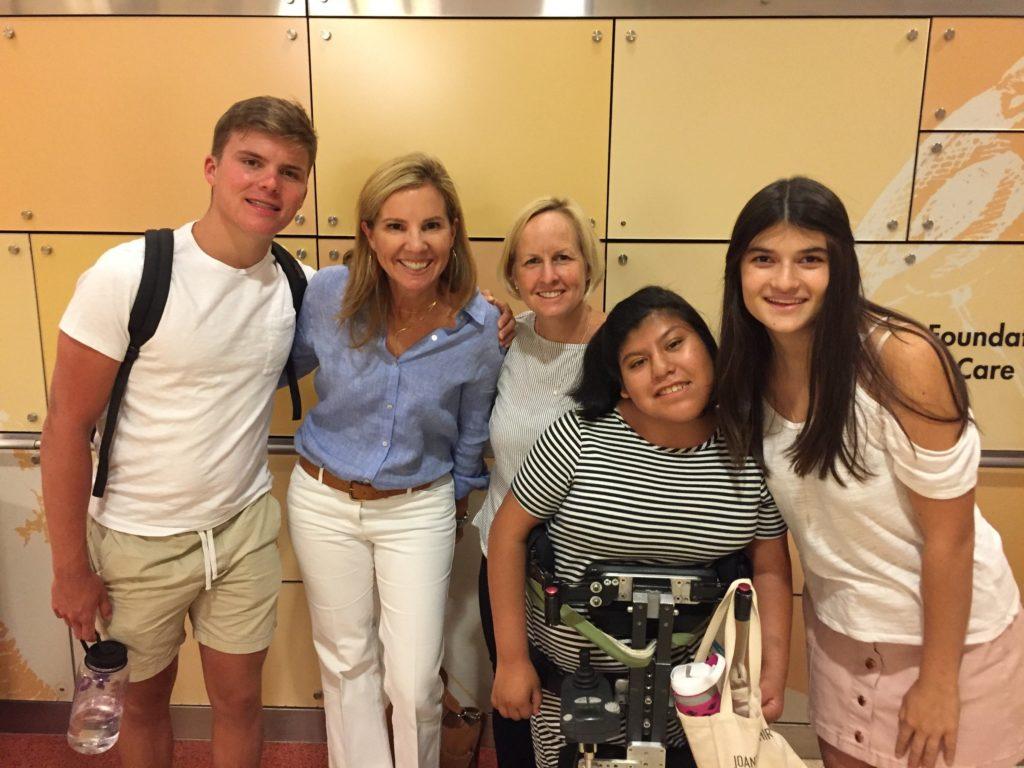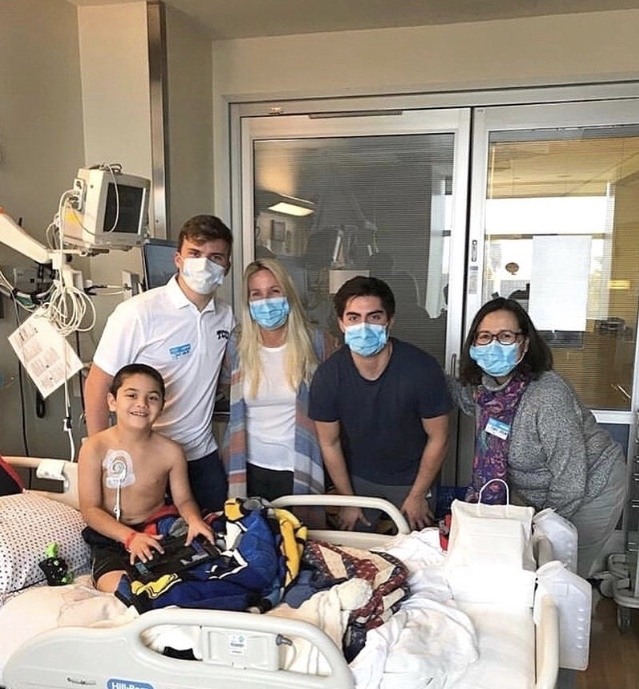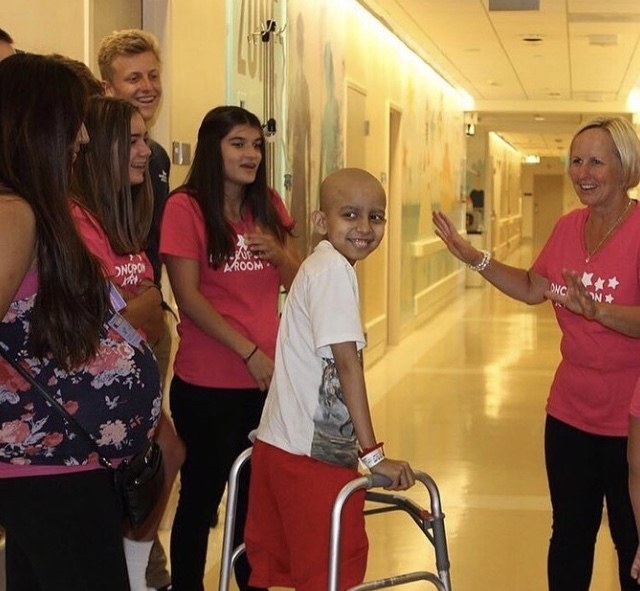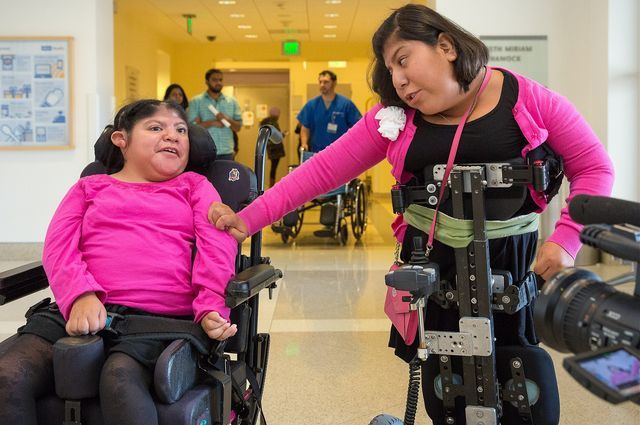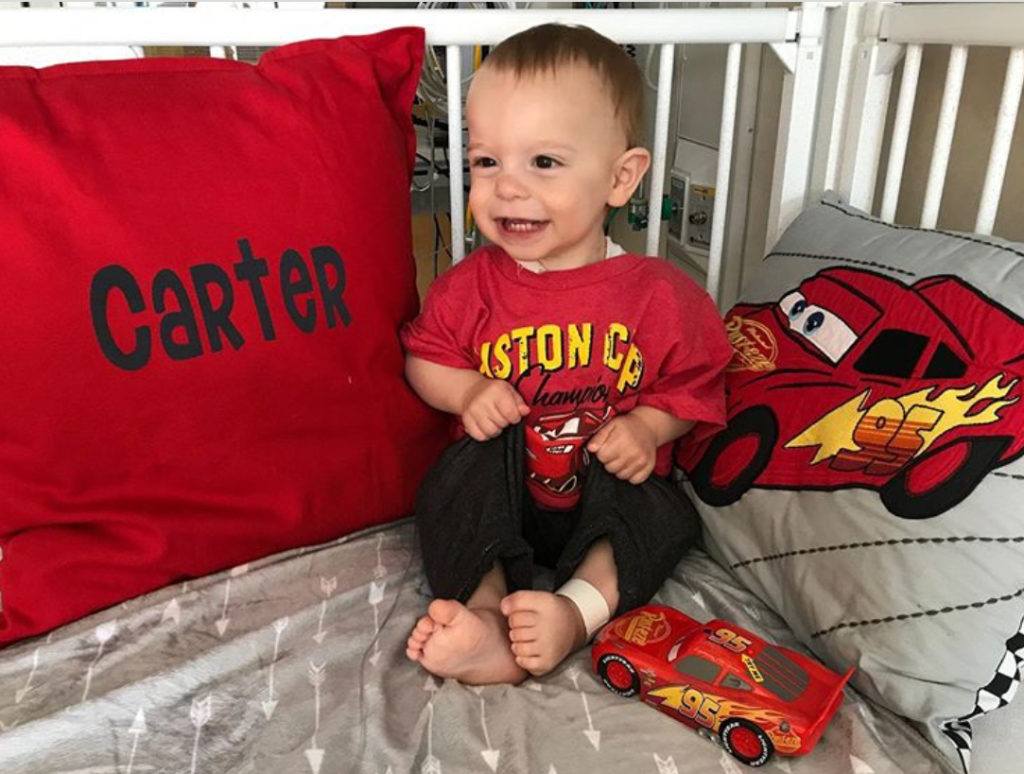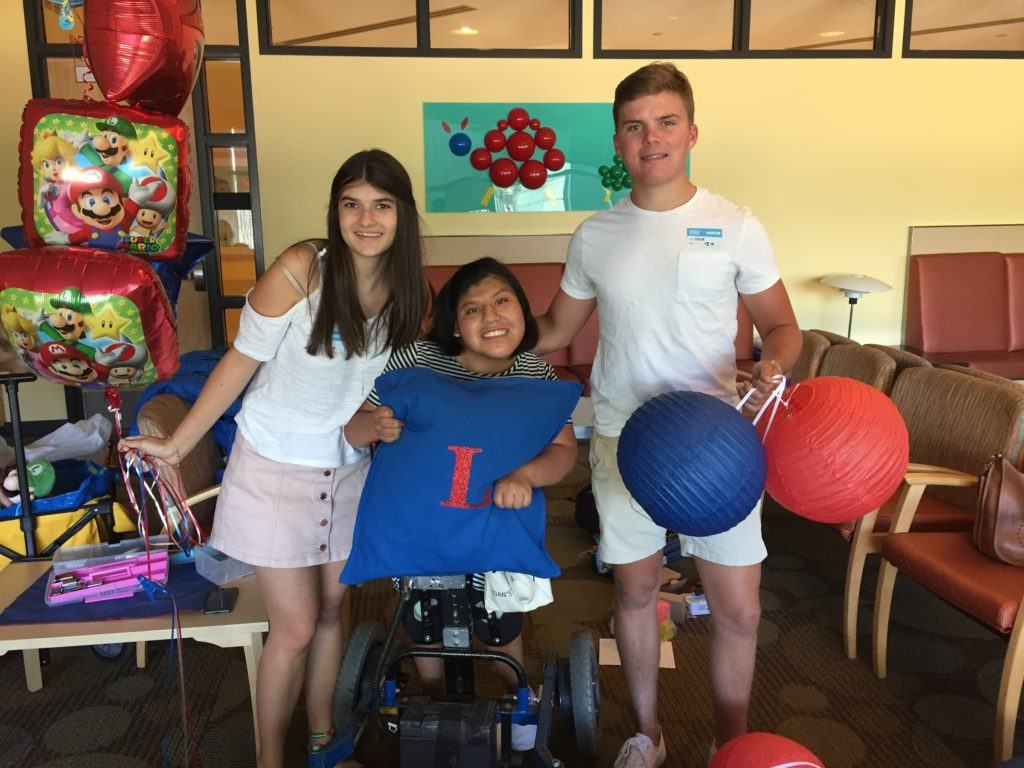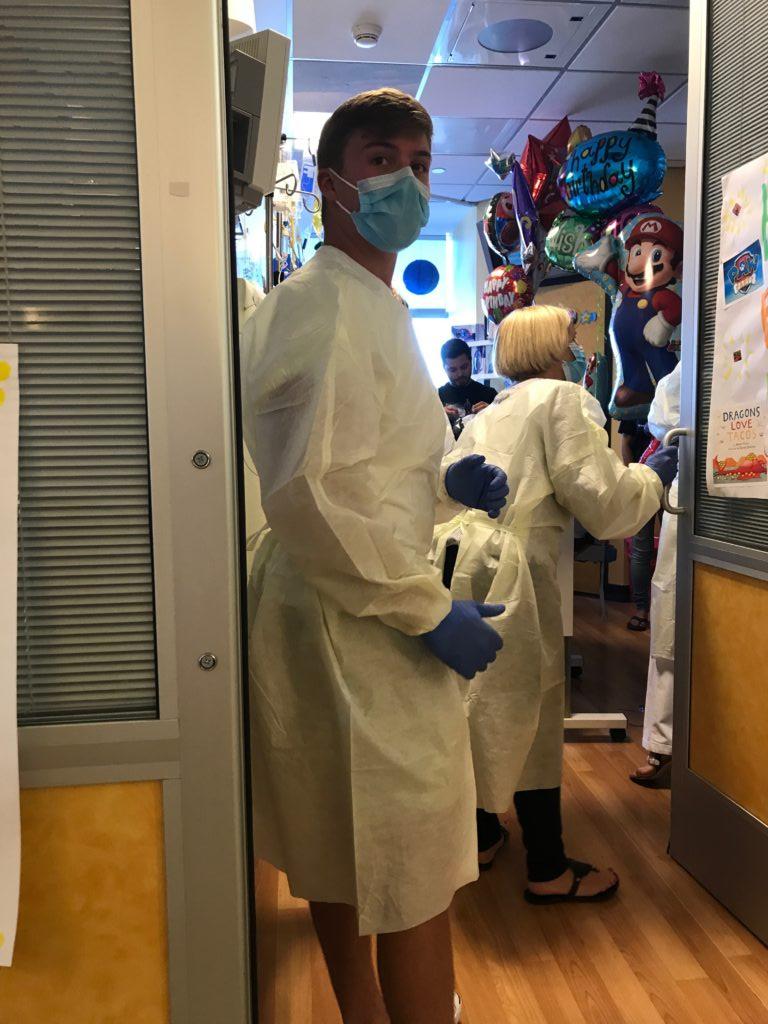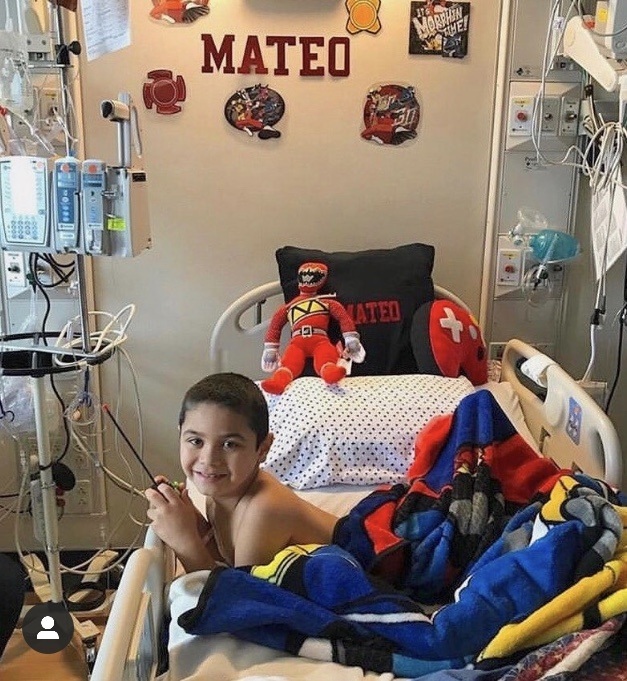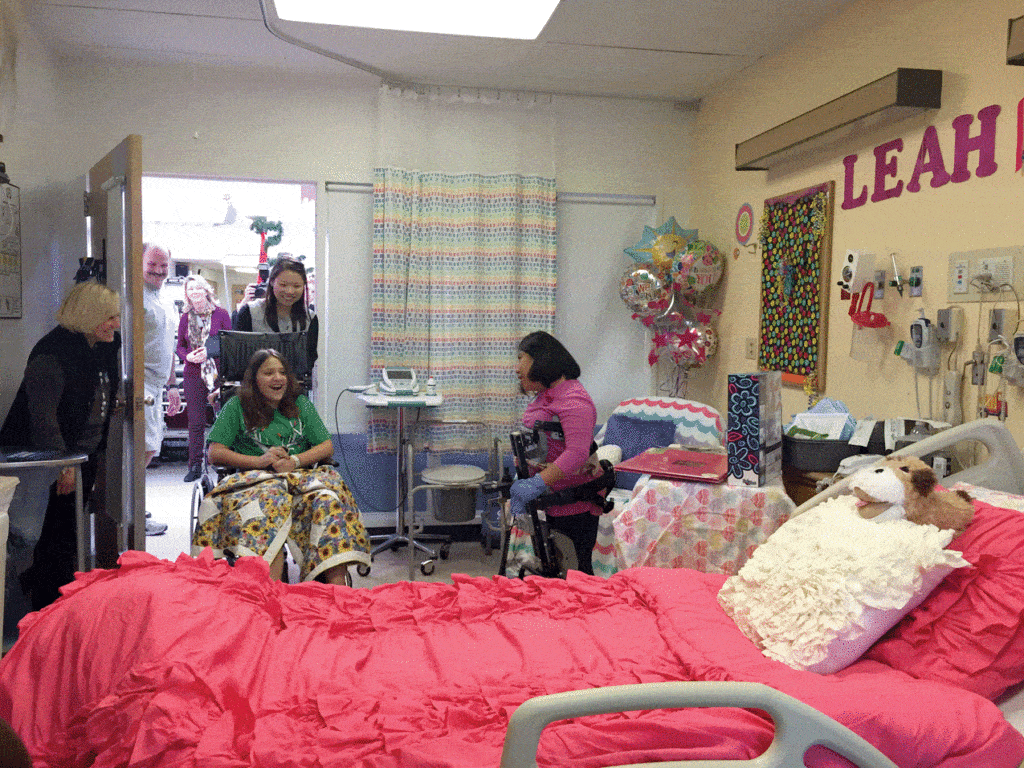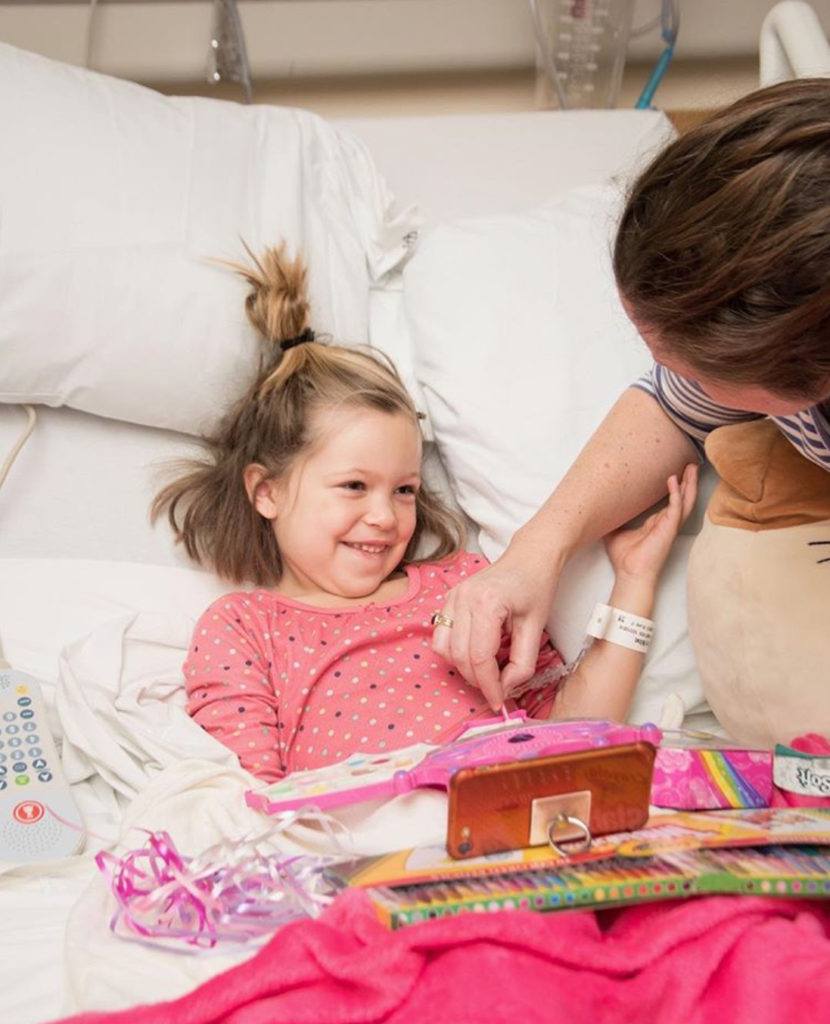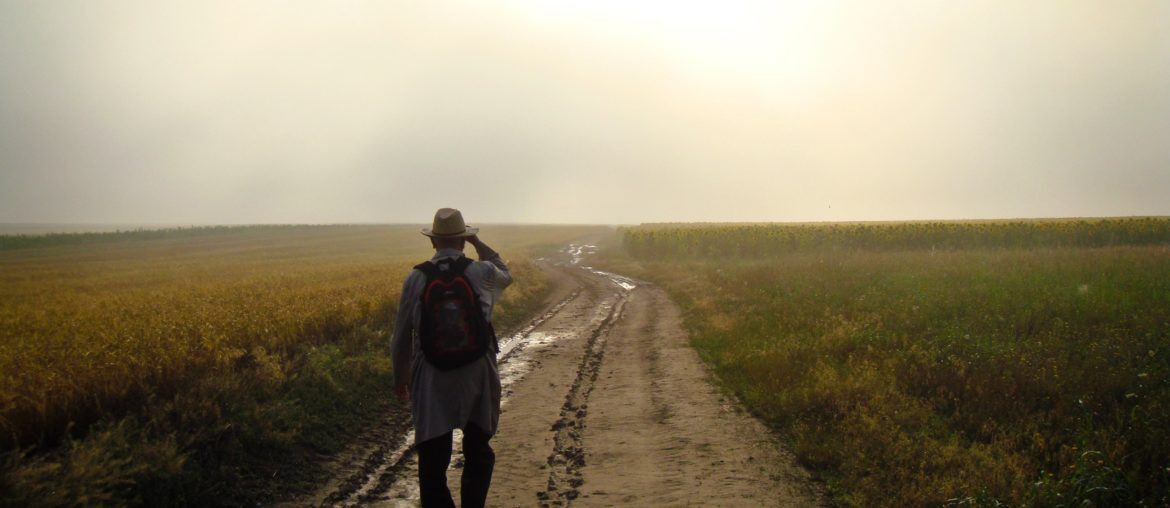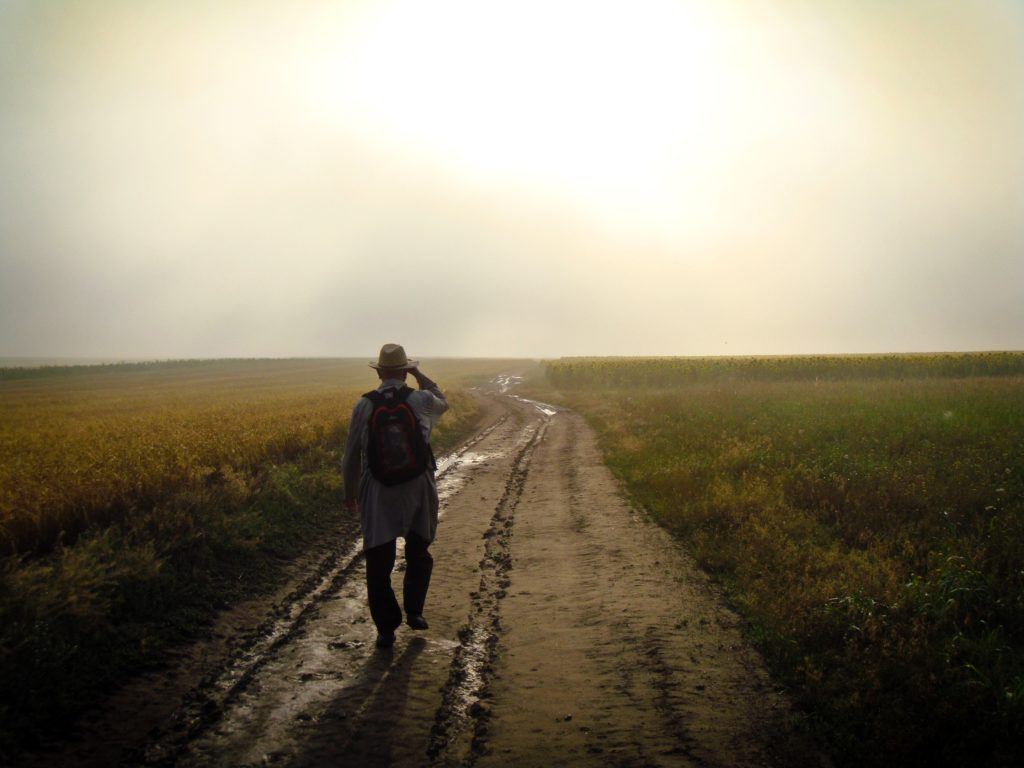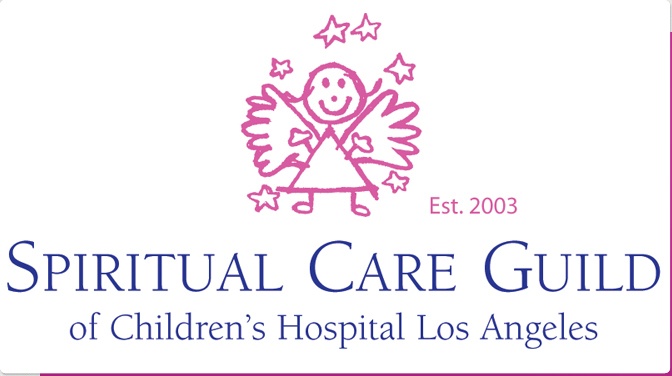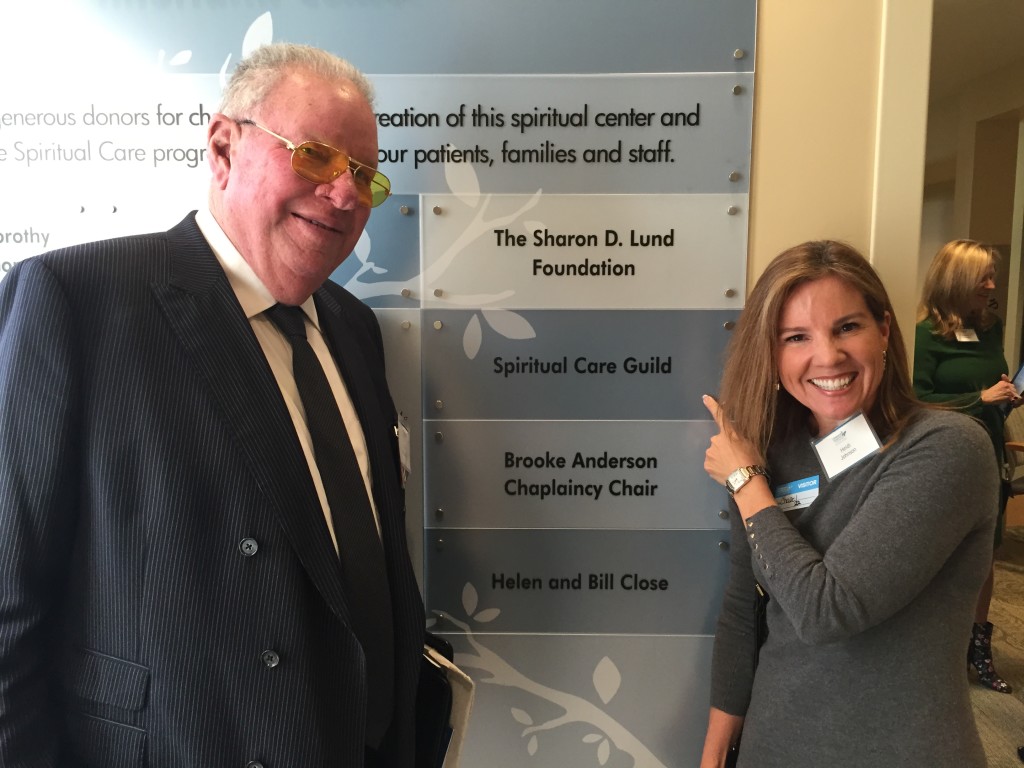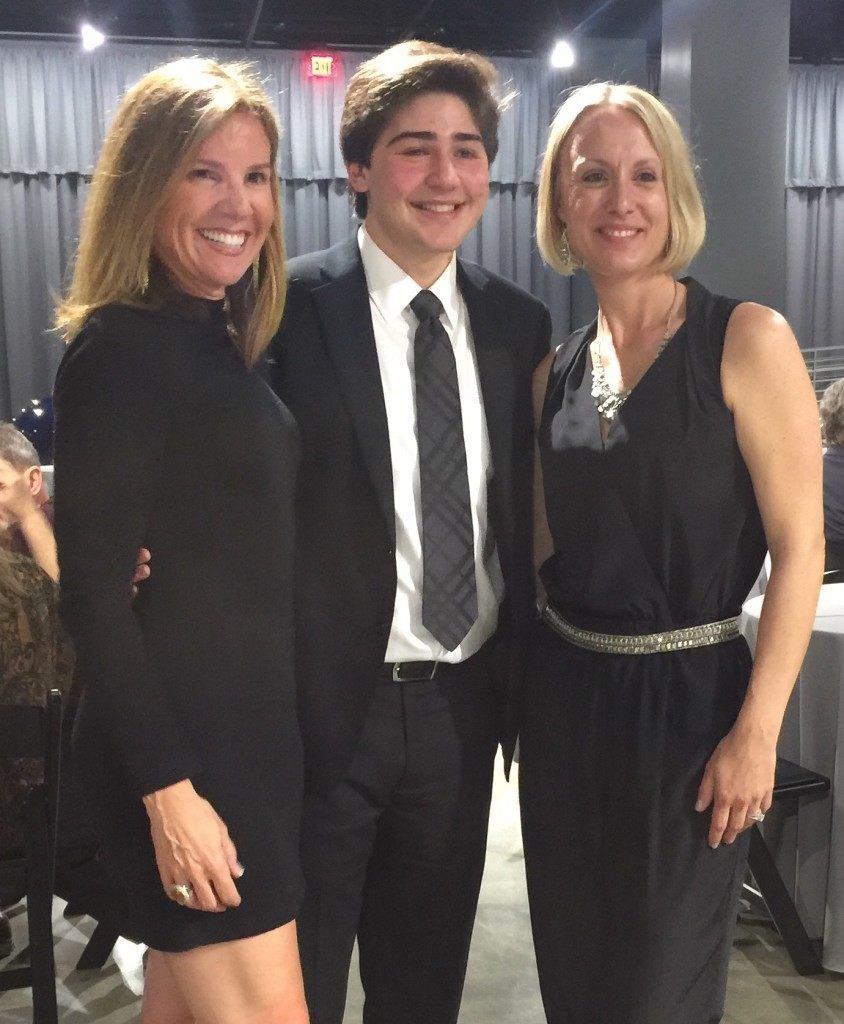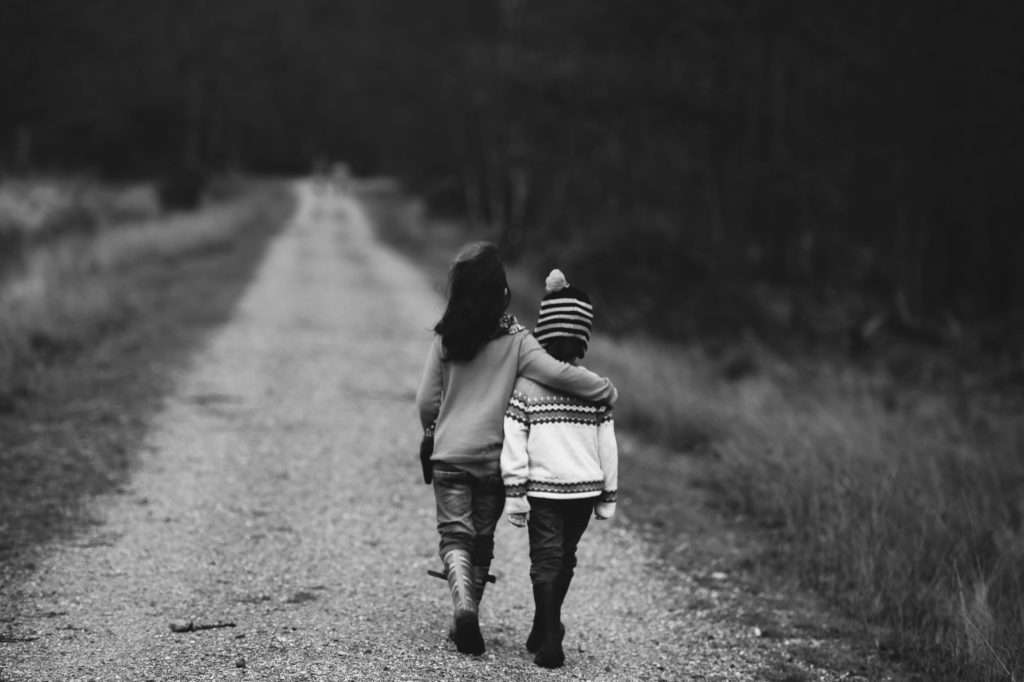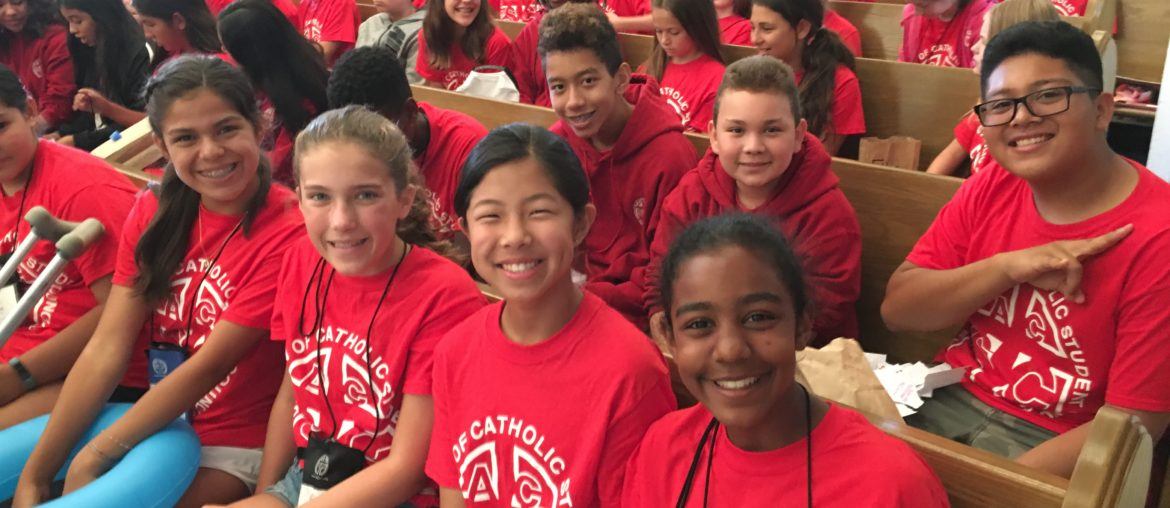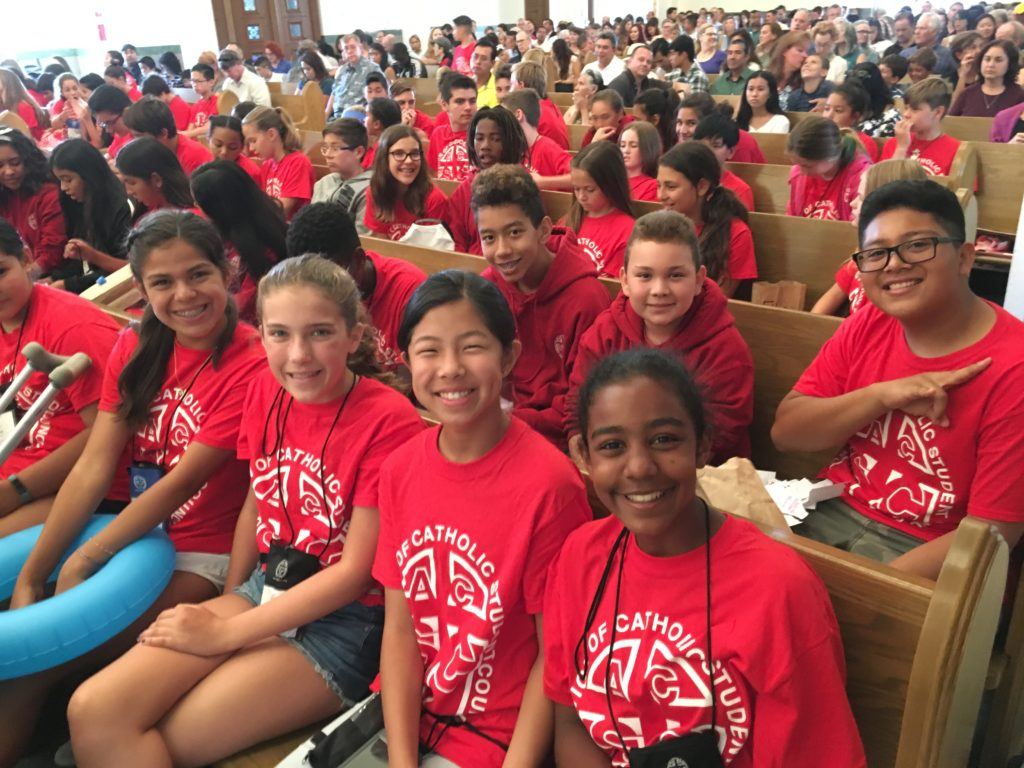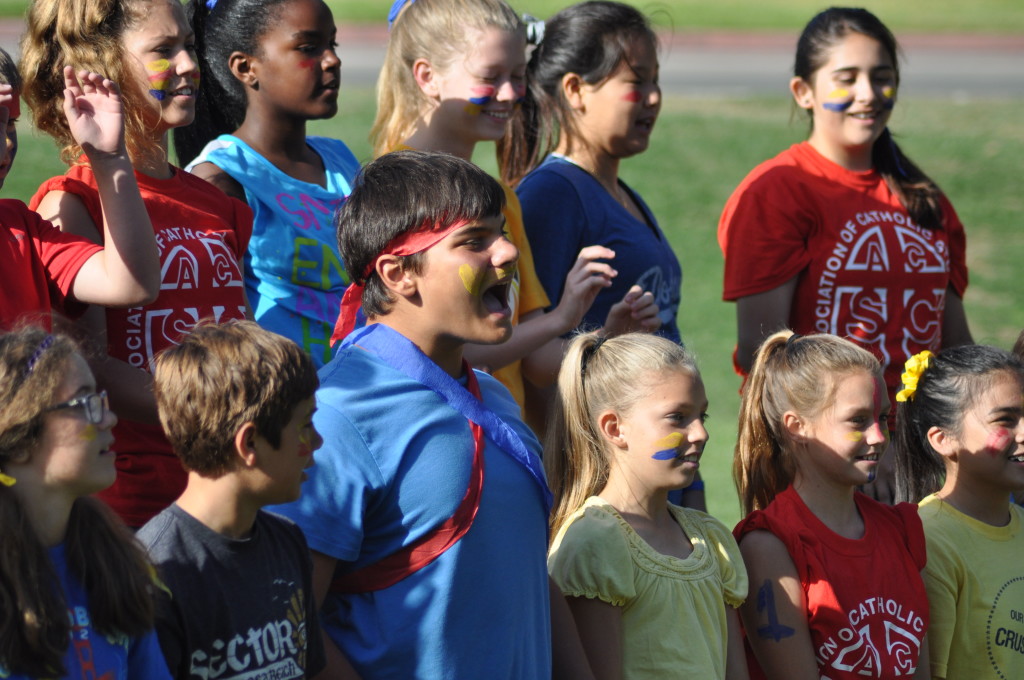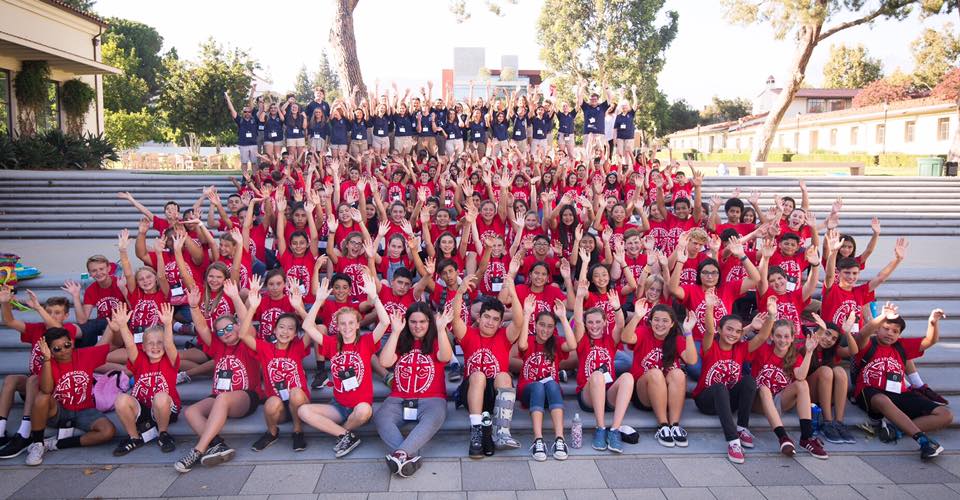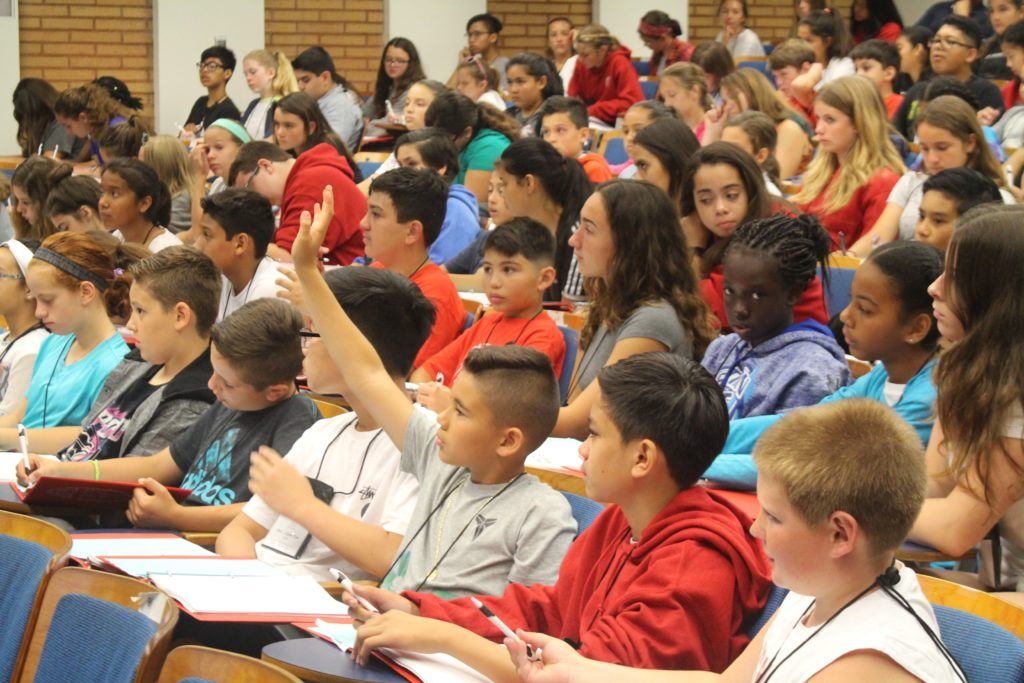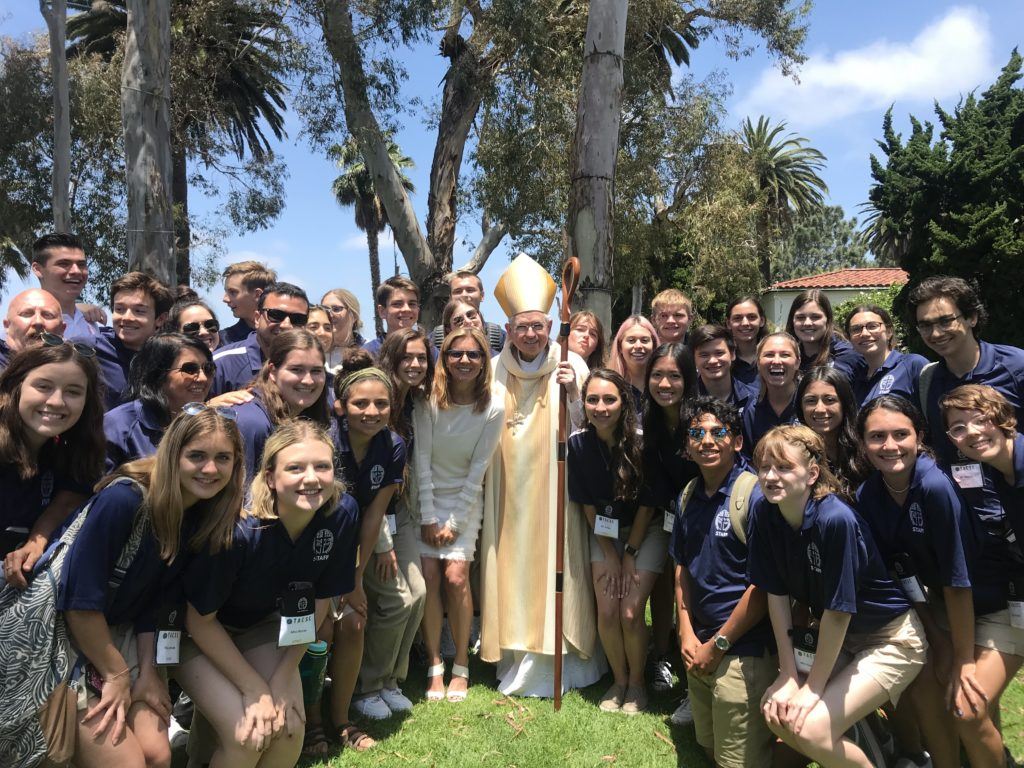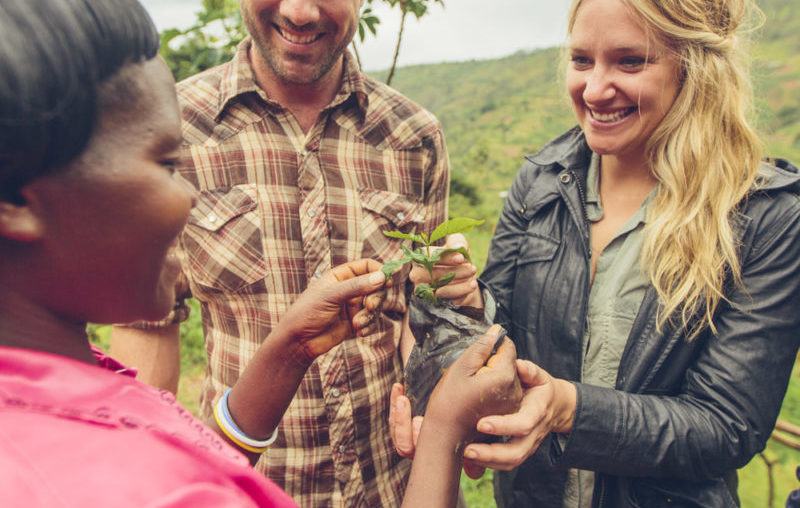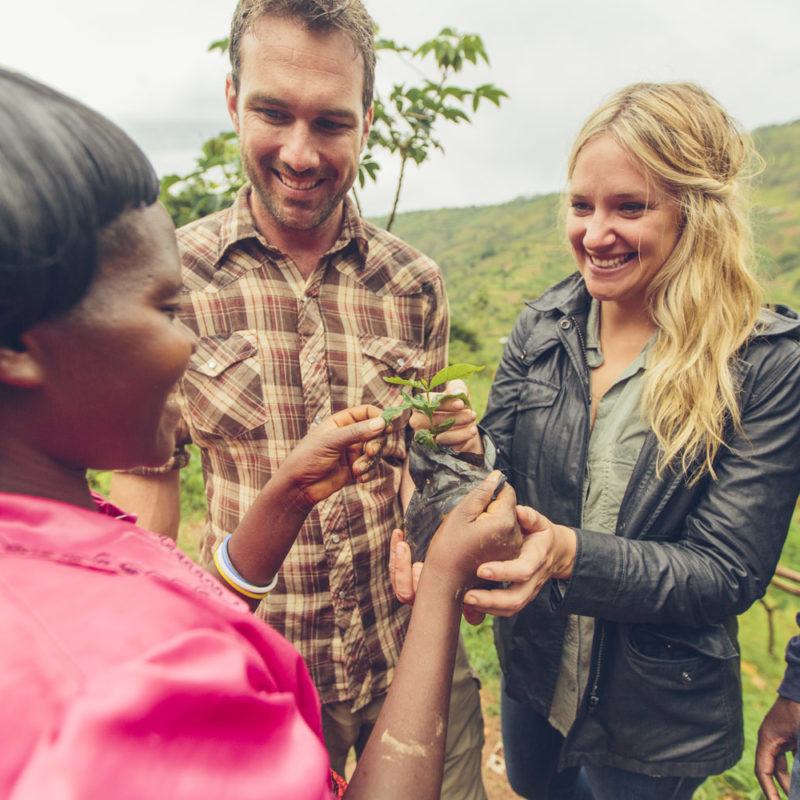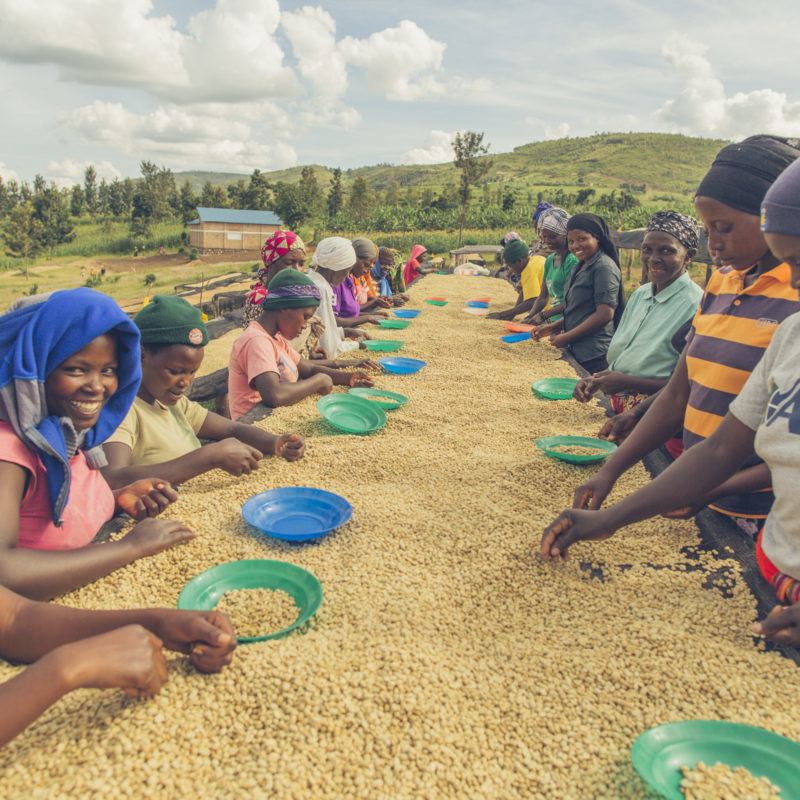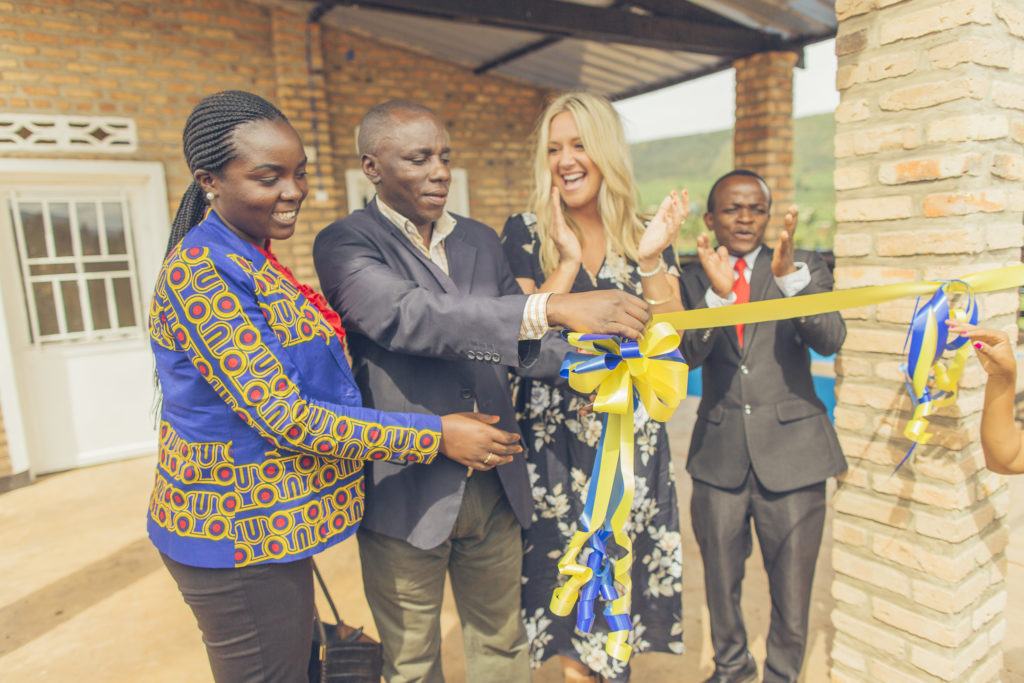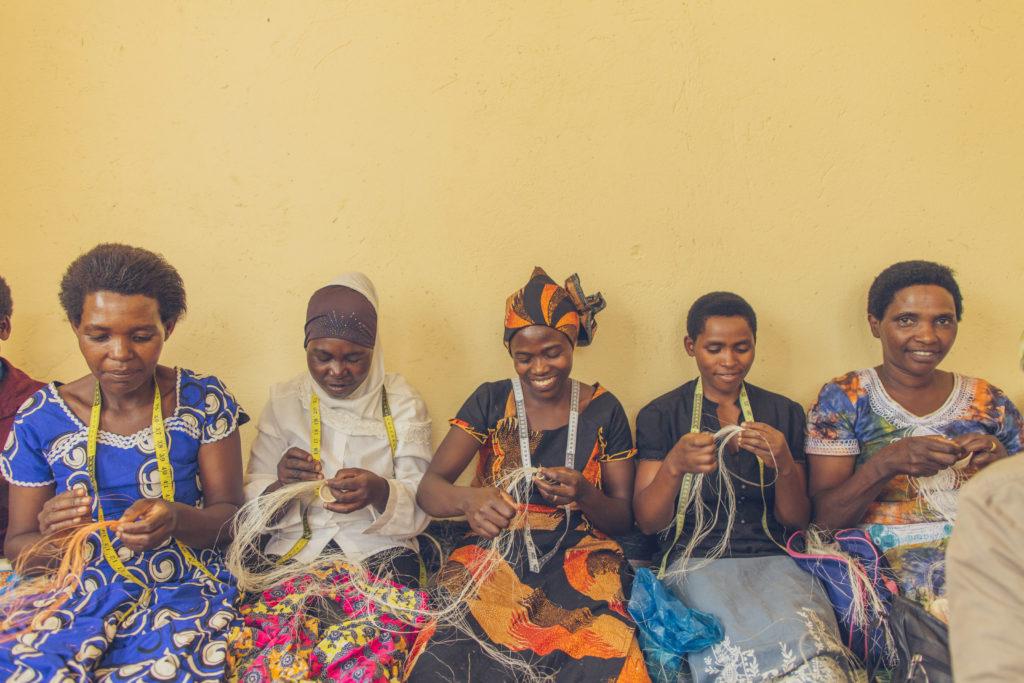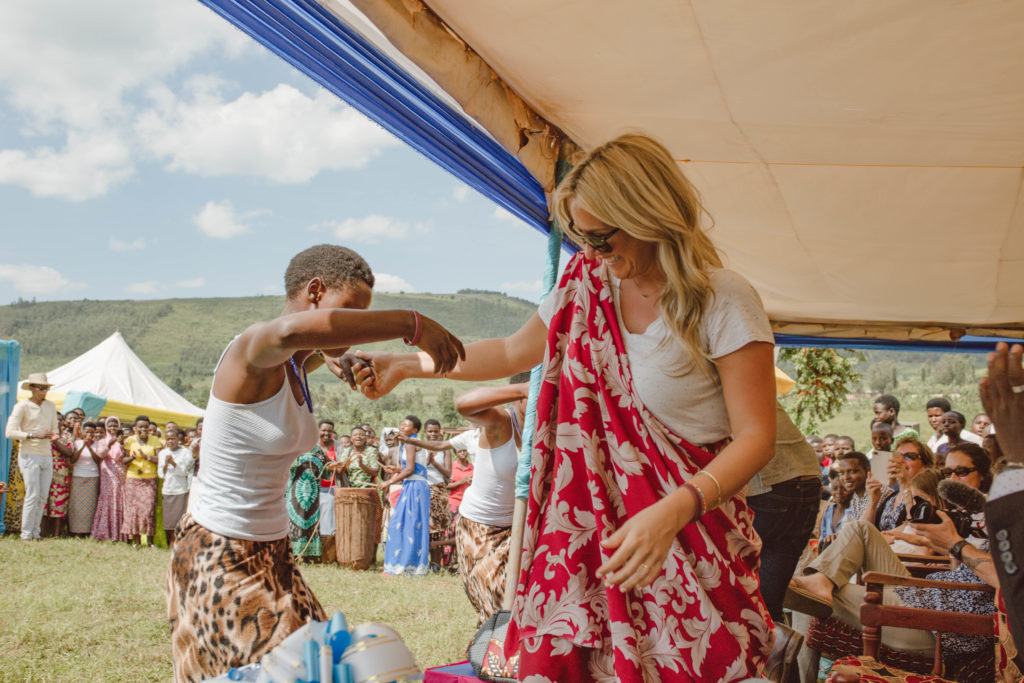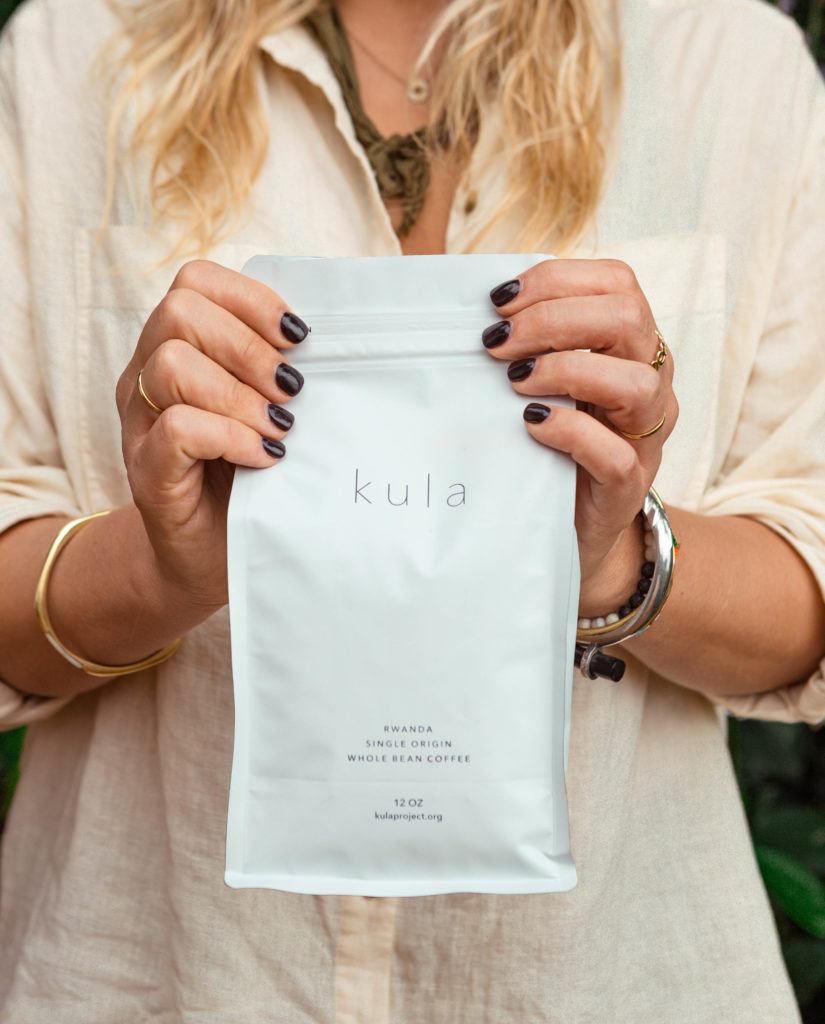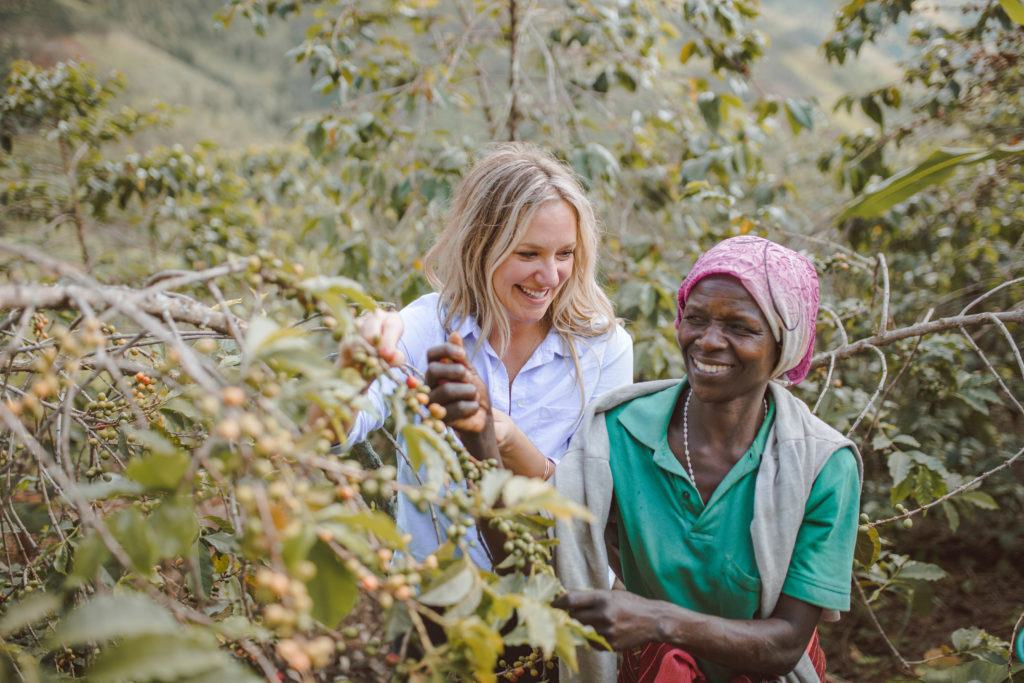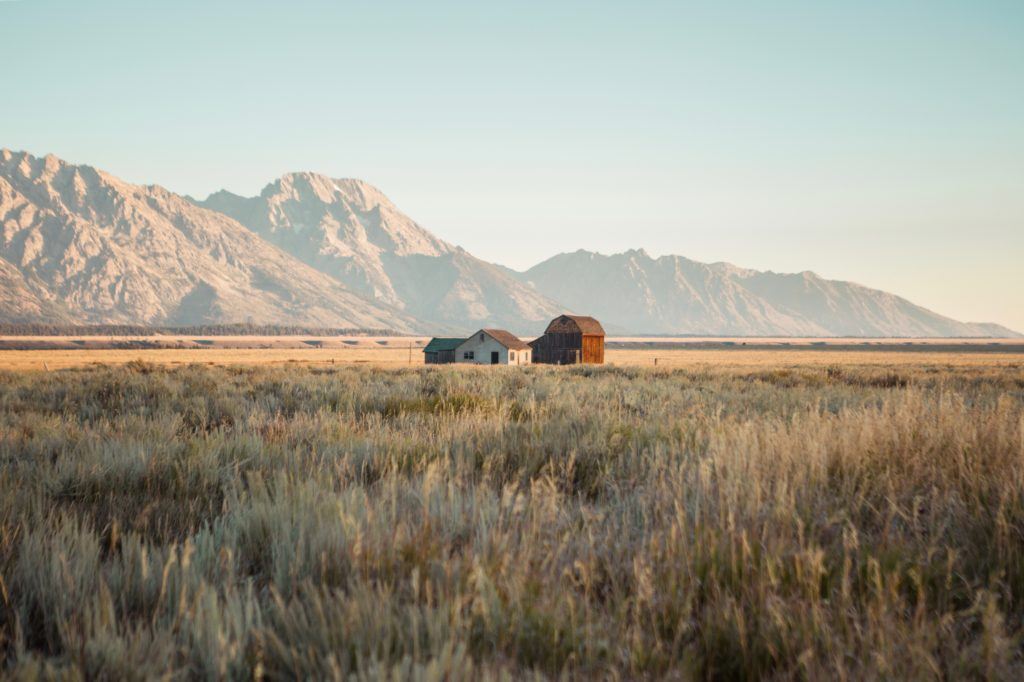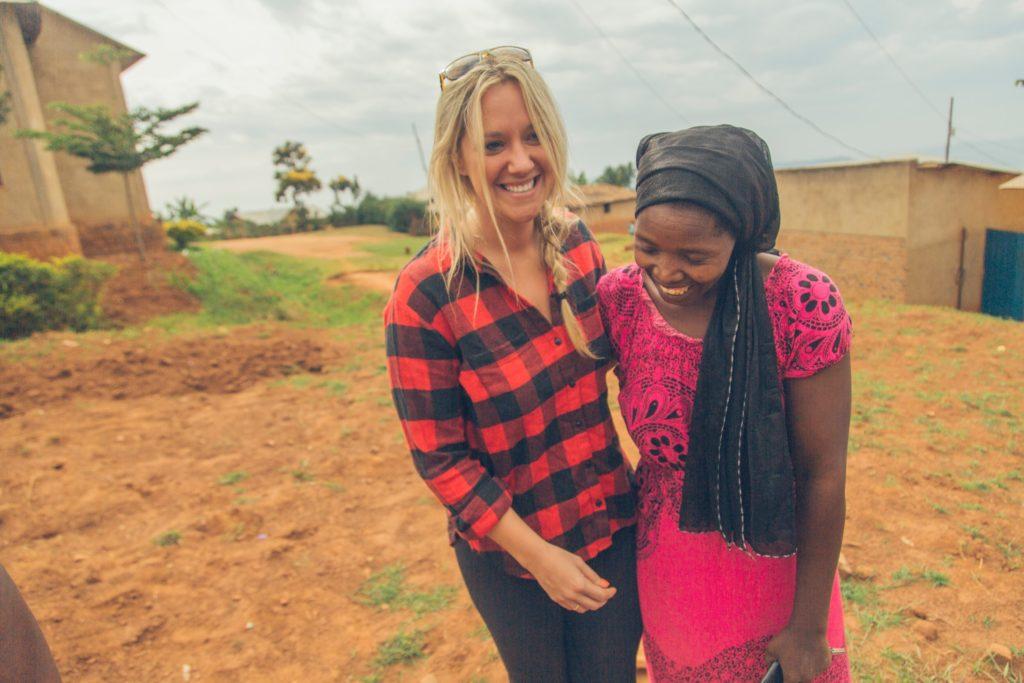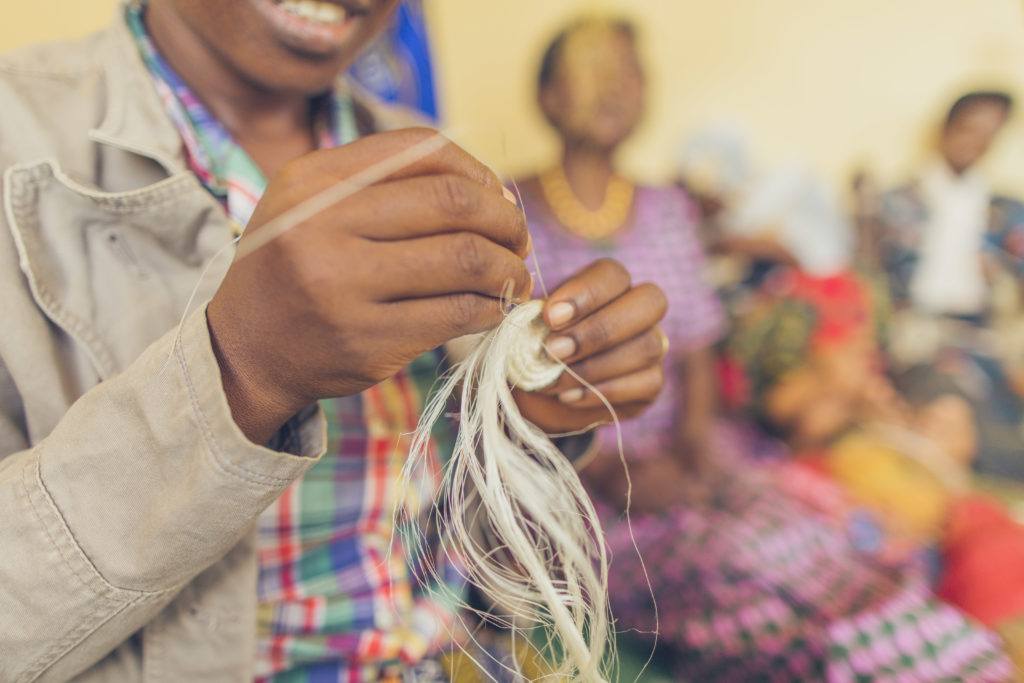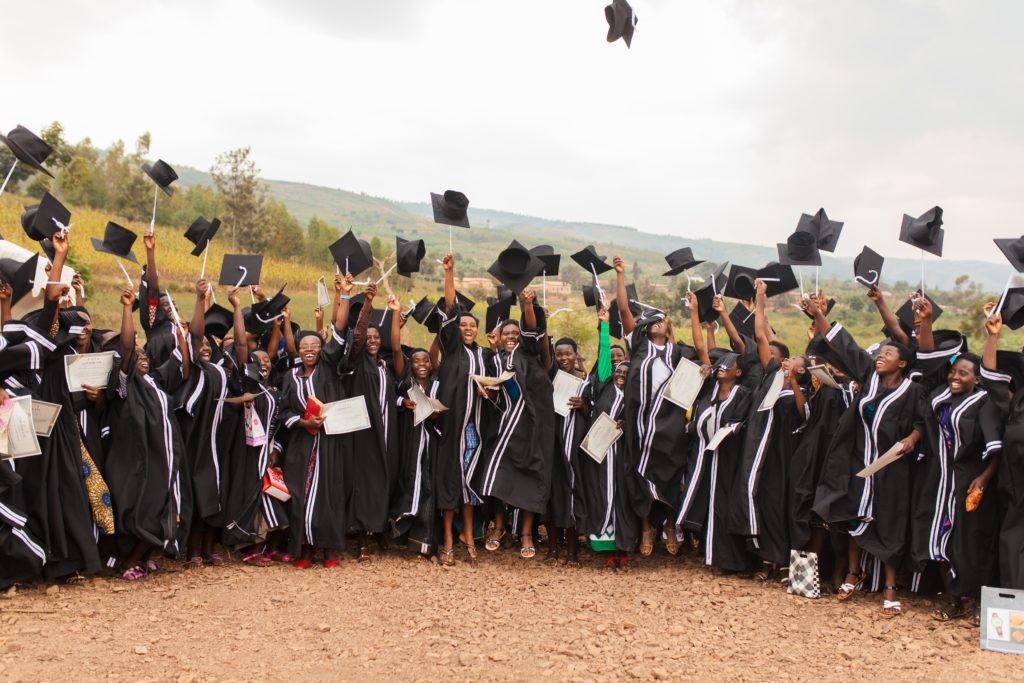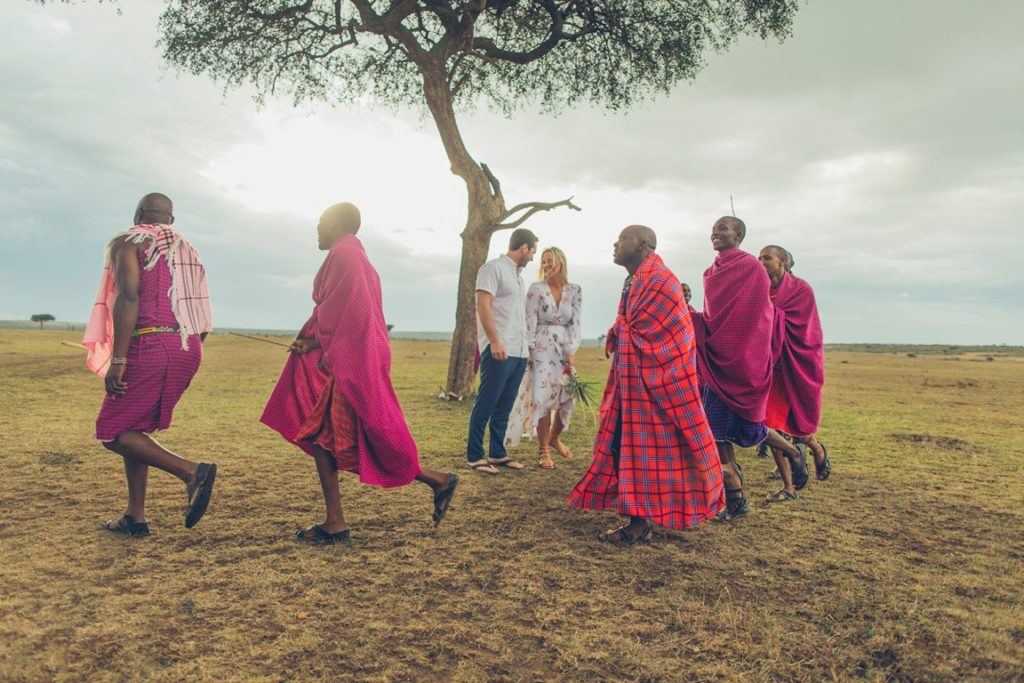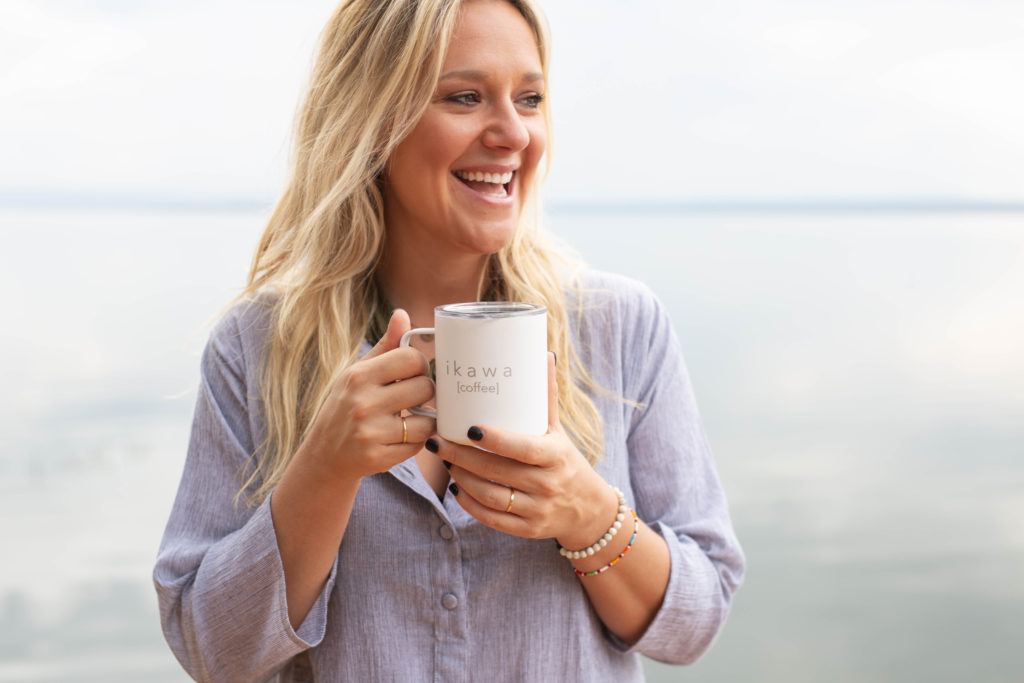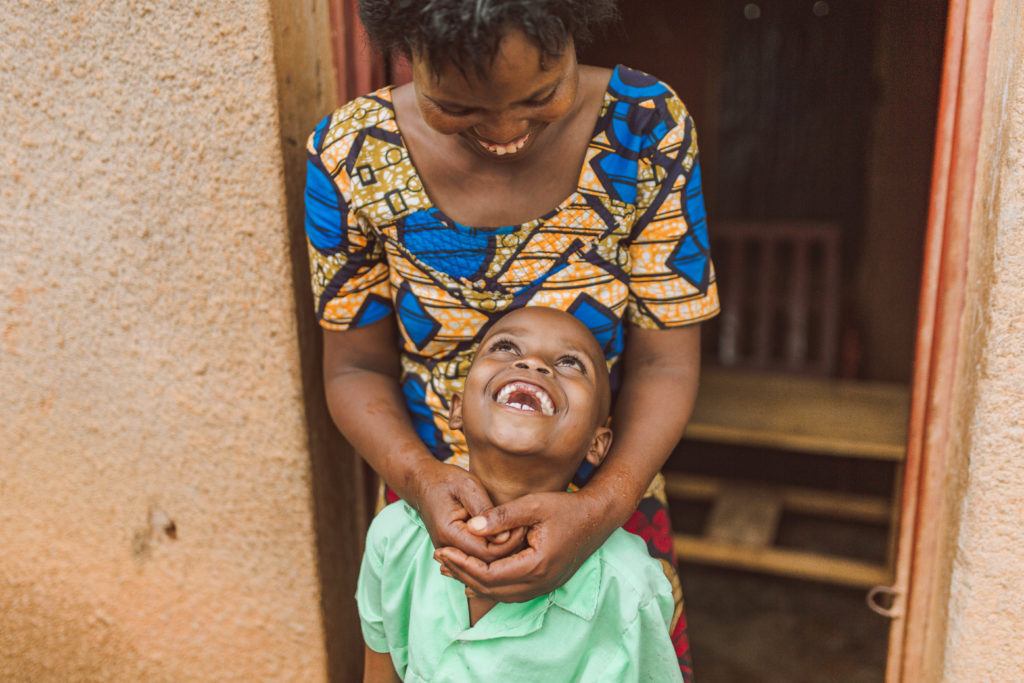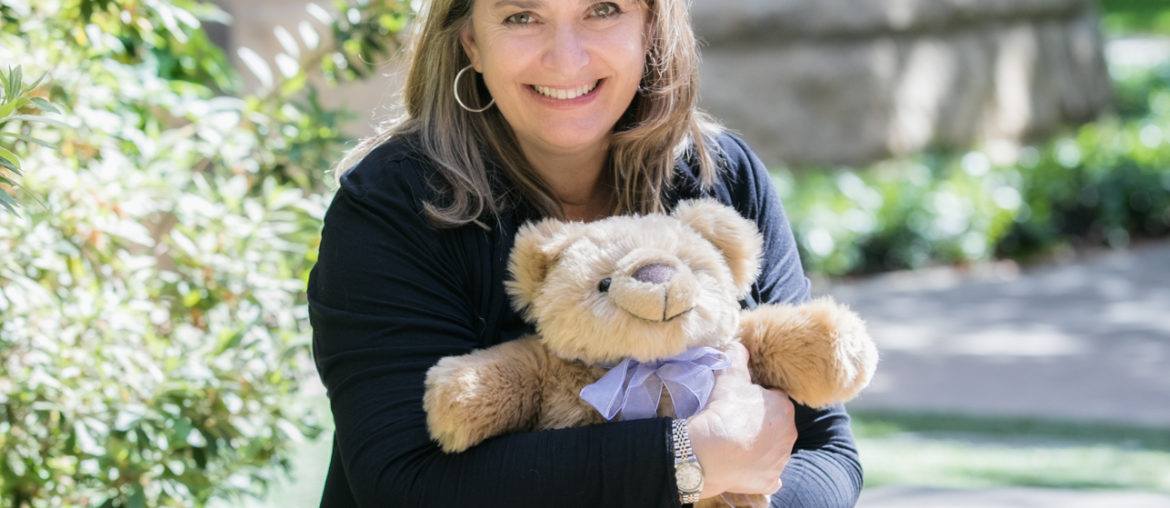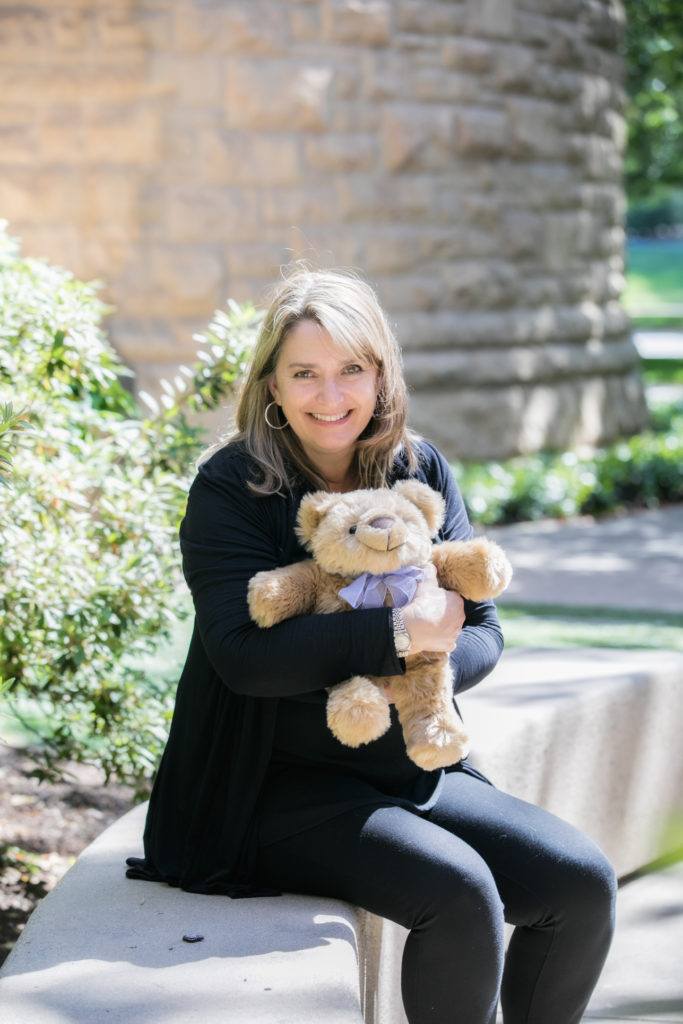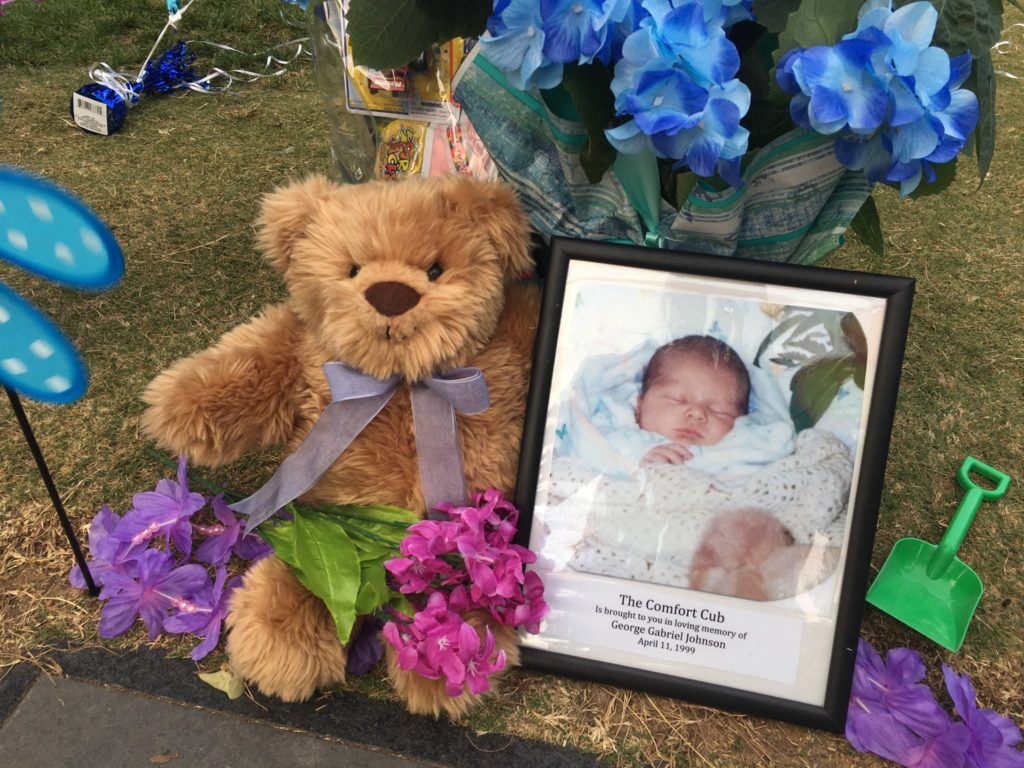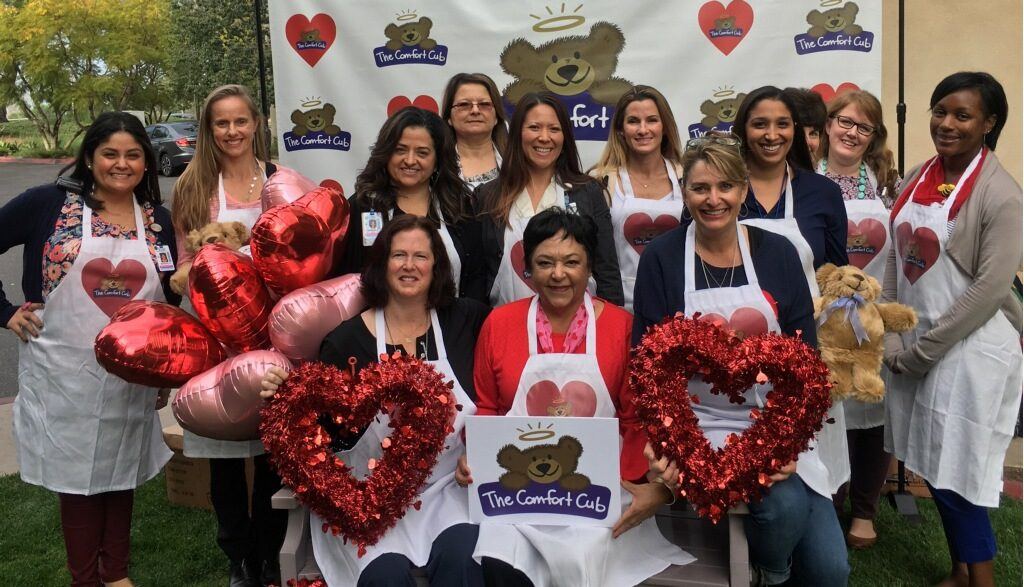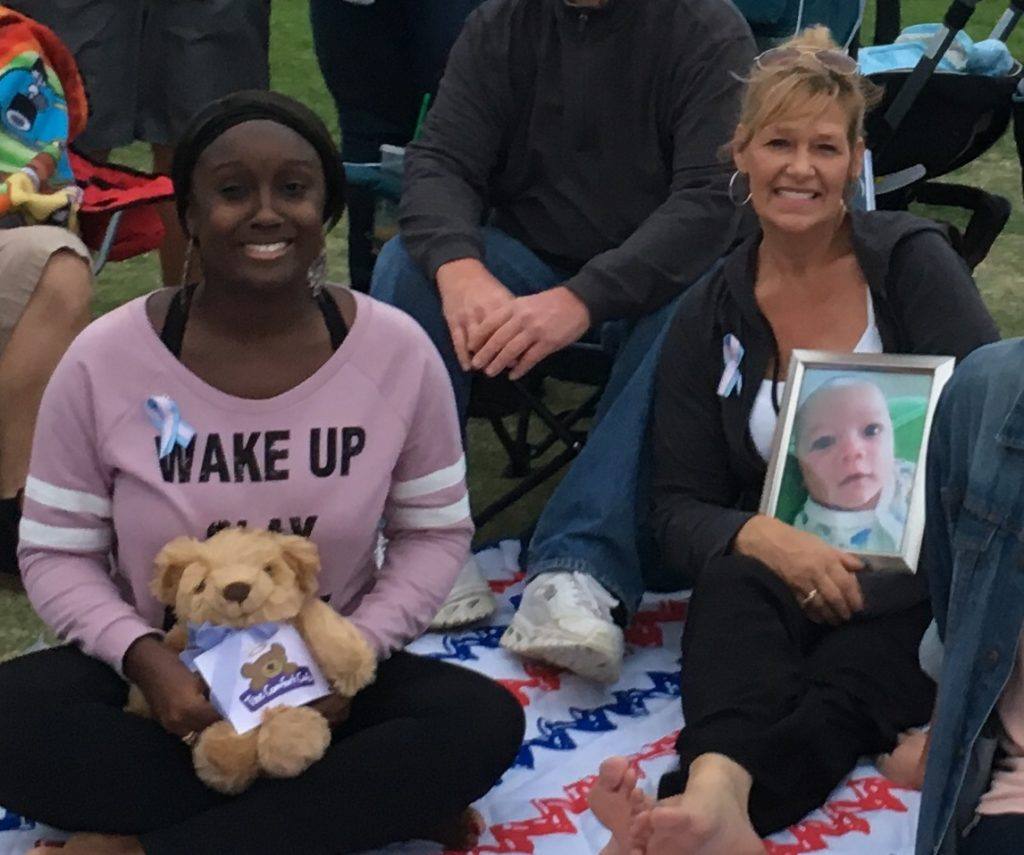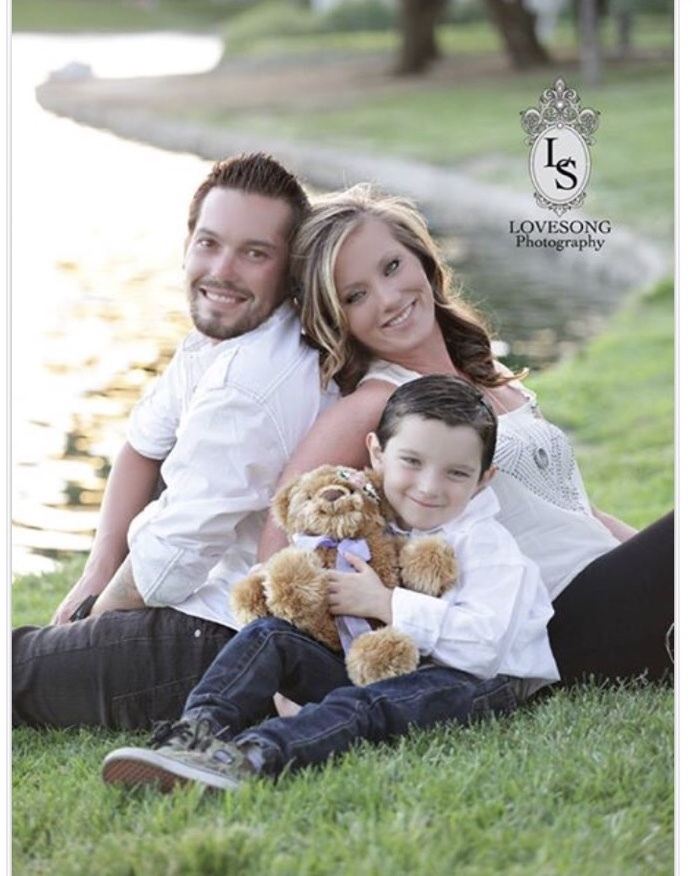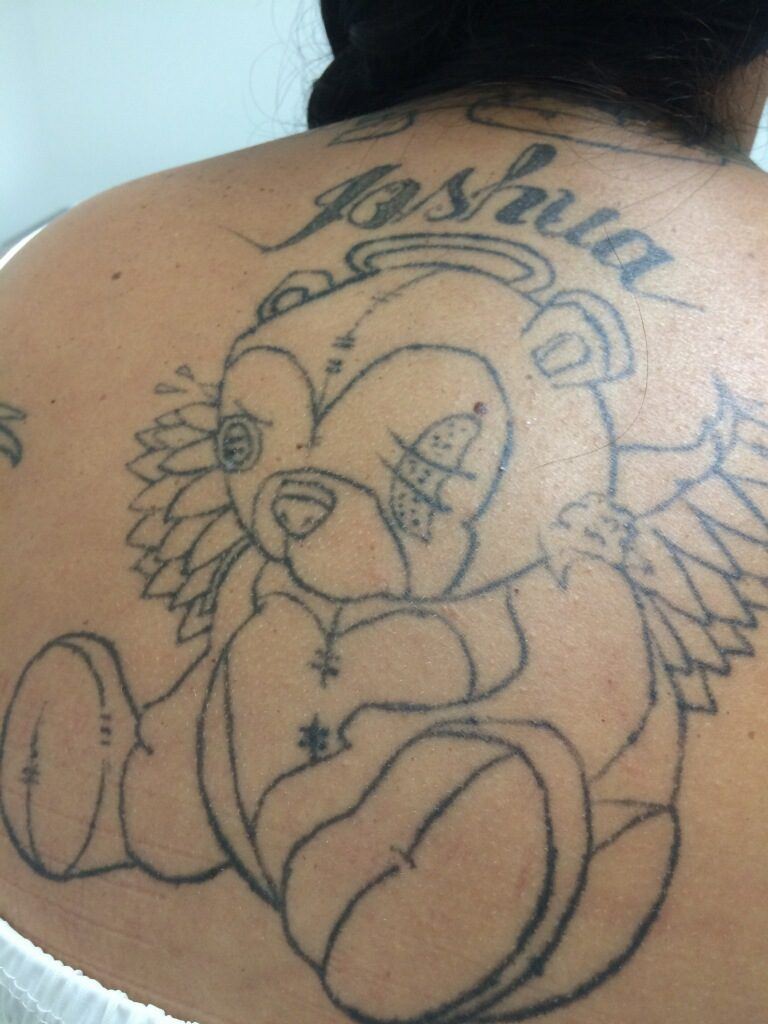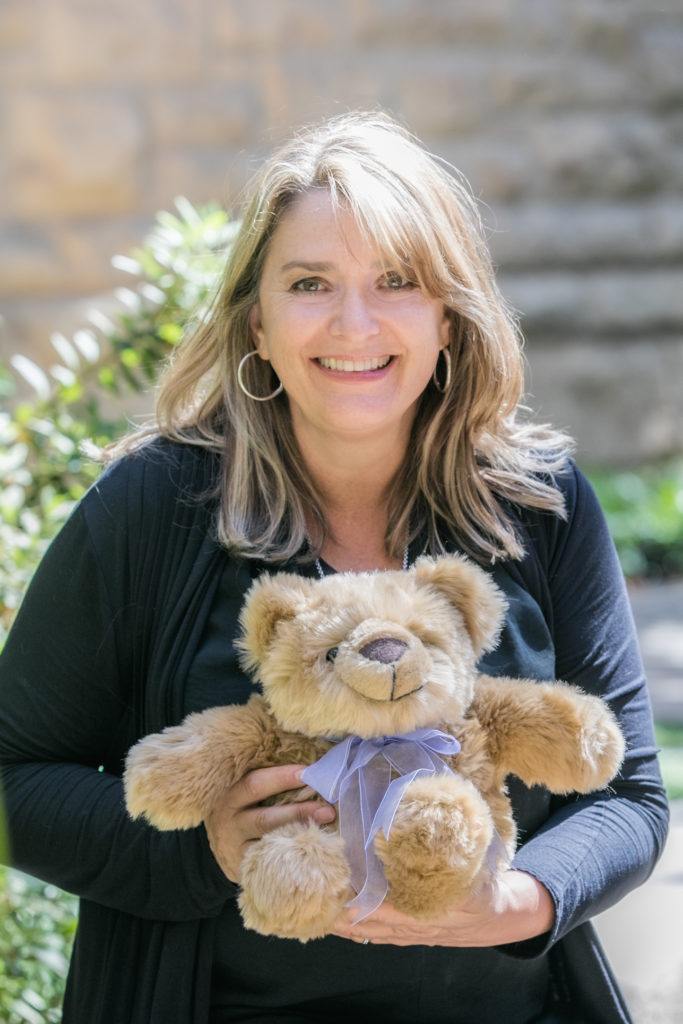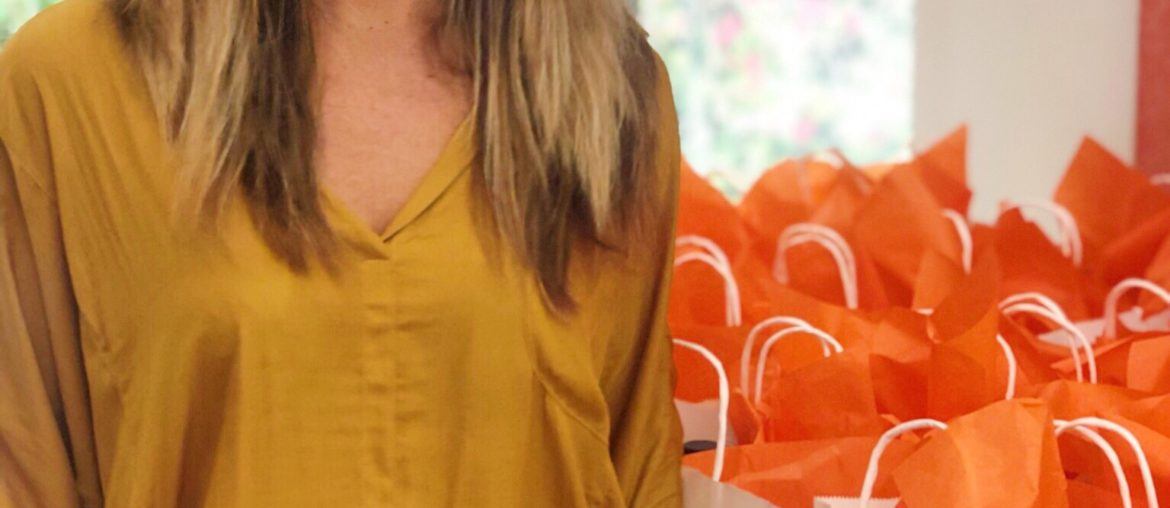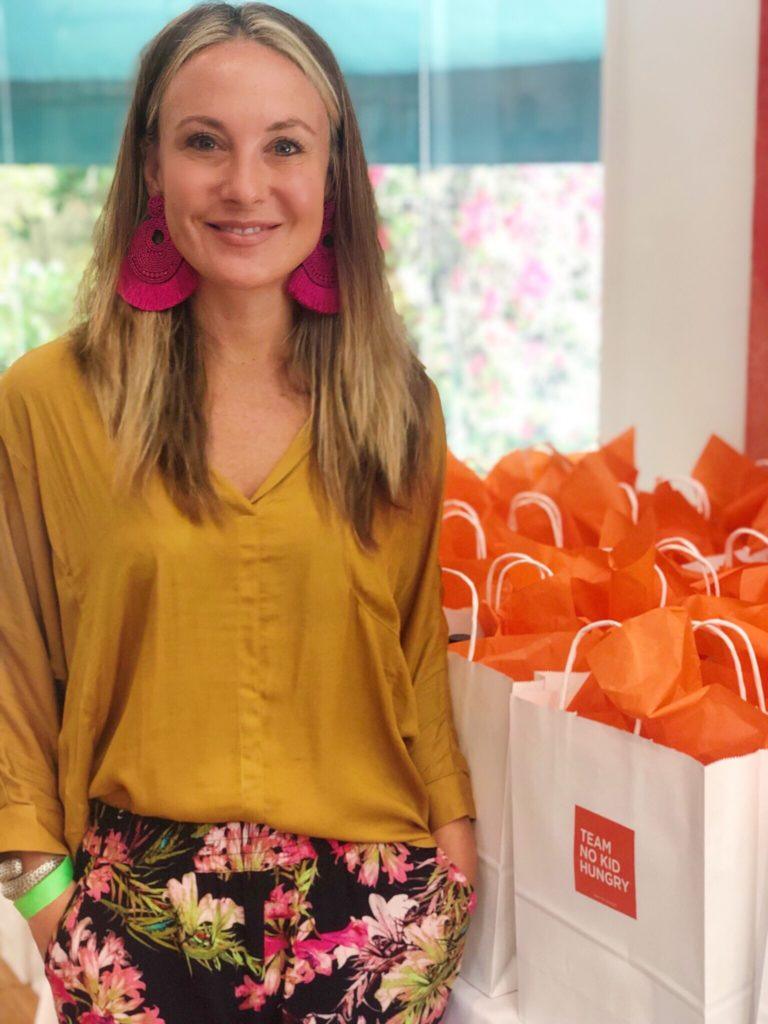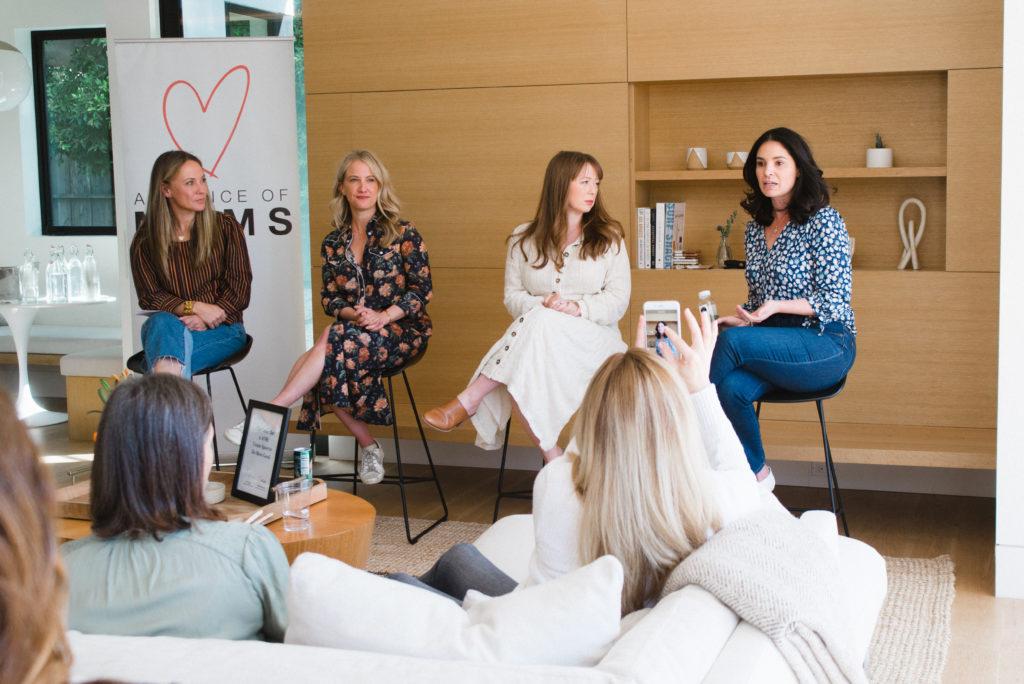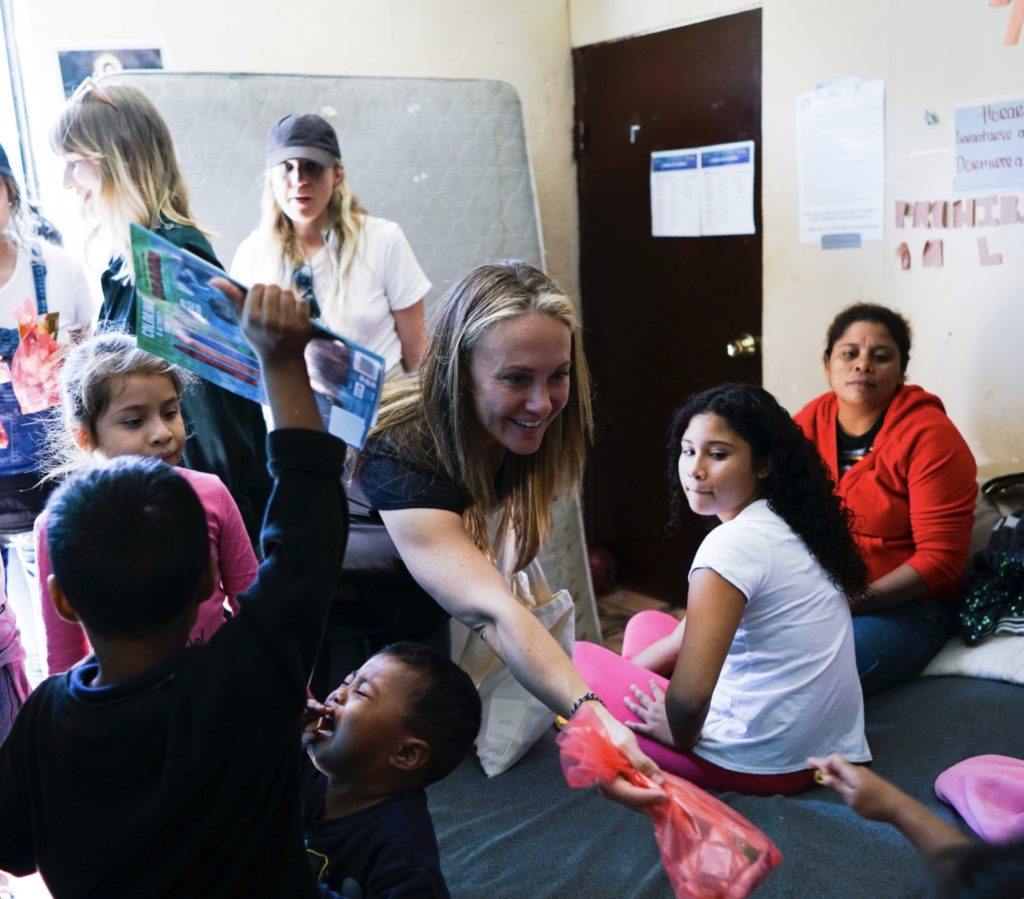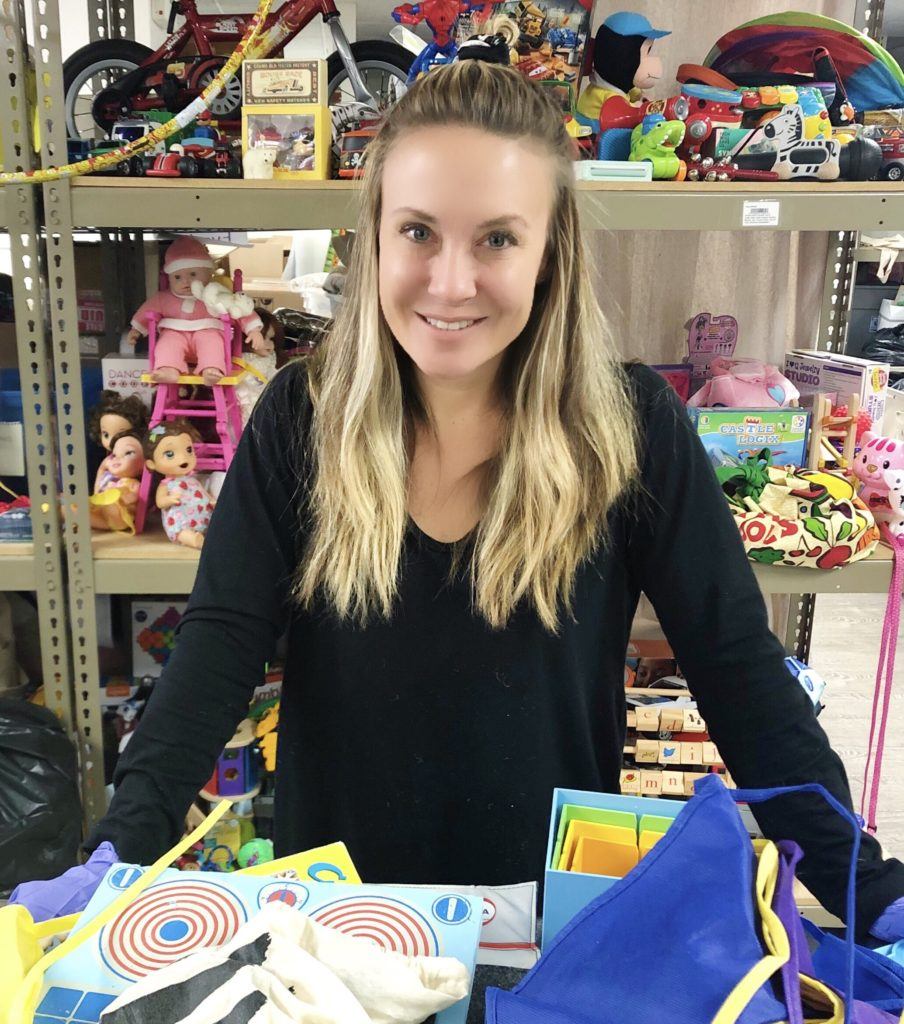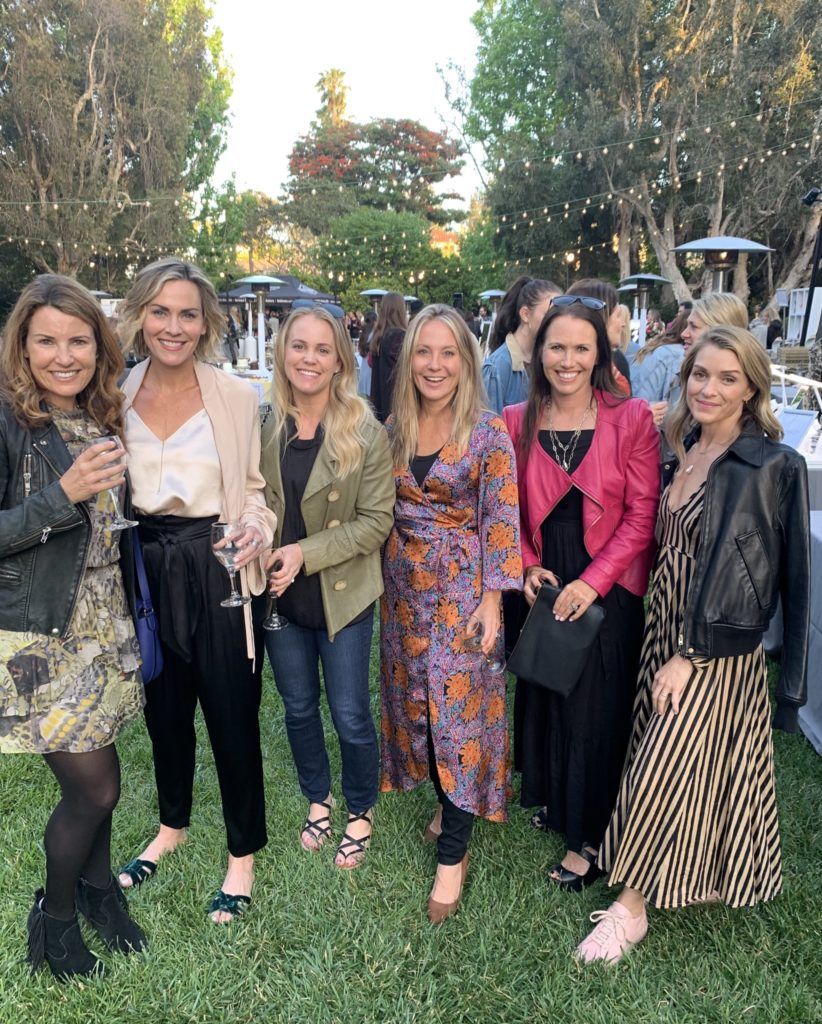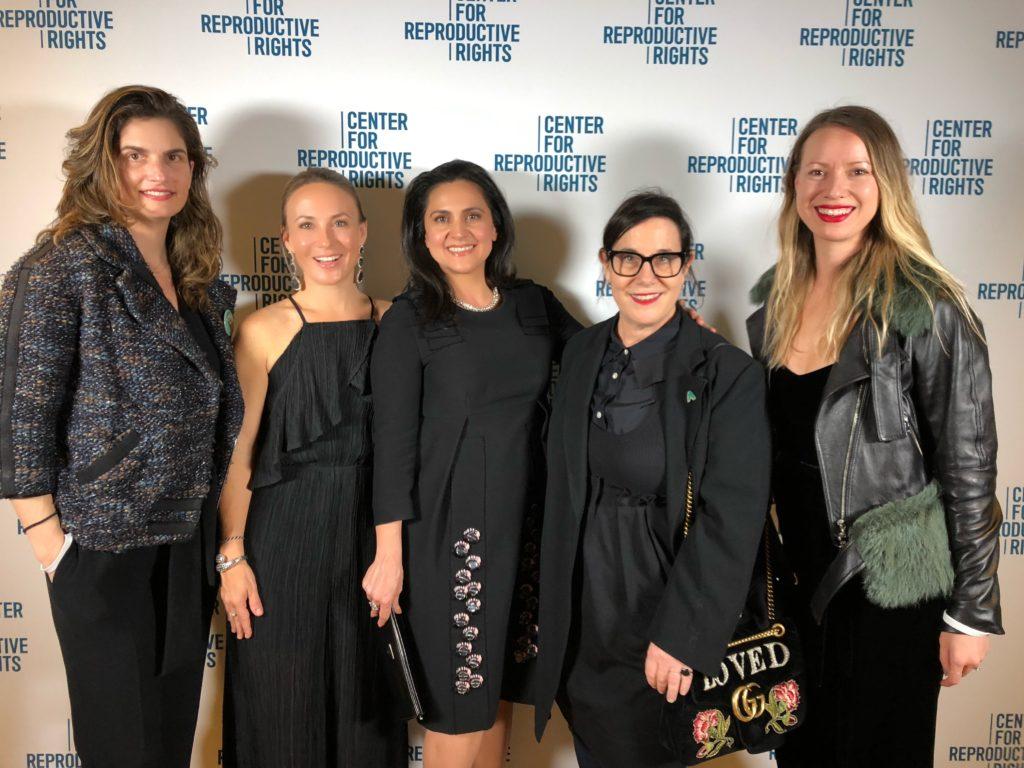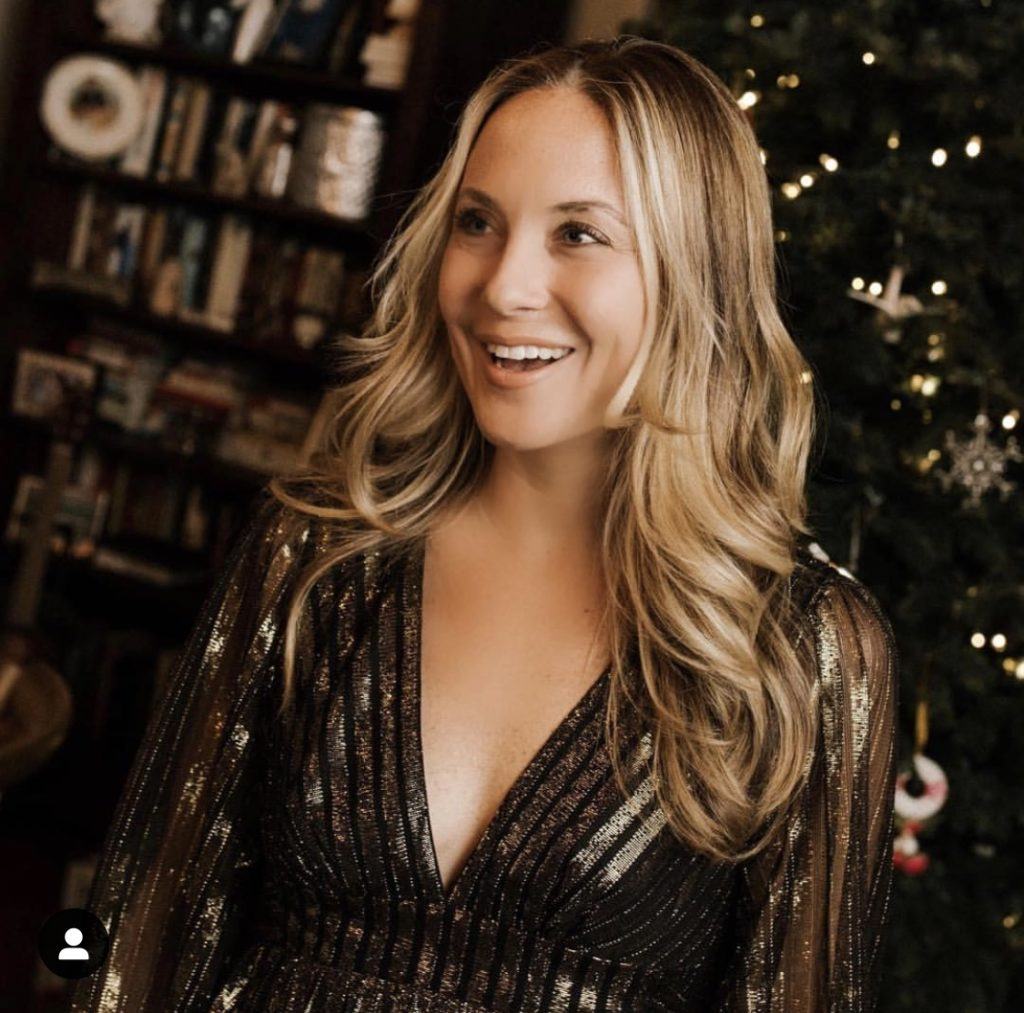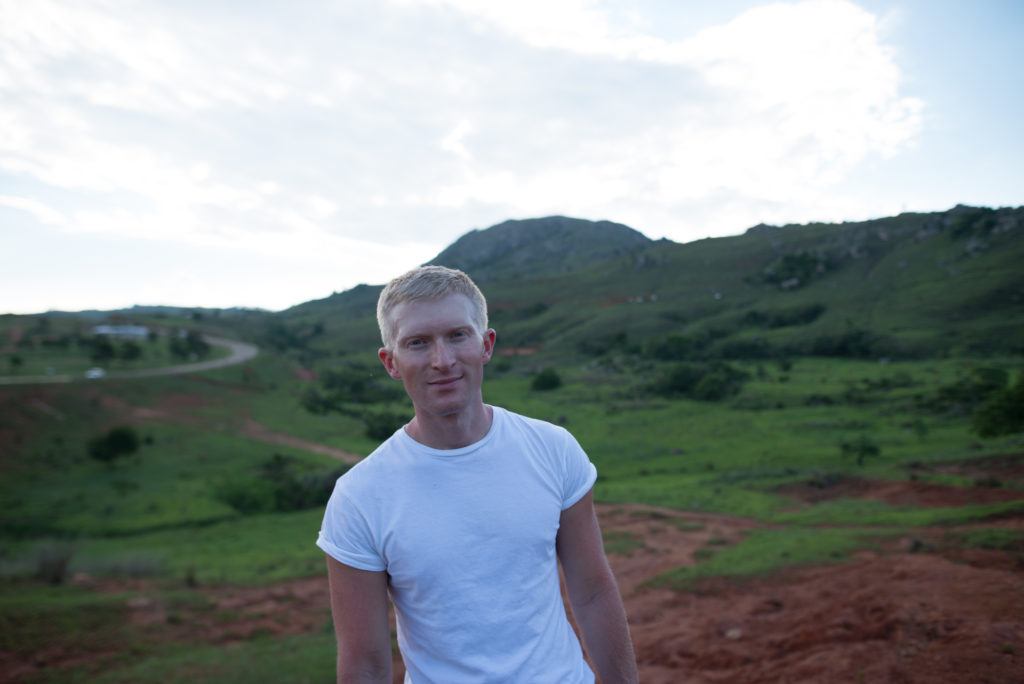
I think the saying that you never know who knows who is a theme always present in my life. A few weeks ago I was at a wonderful event where I met and struck up a conversation with a girl named Allie. We talked nonprofit and Allie, in turn, said that I needed to know her friend Seth Maxwell. Seth is the founder of an incredible nonprofit called ThirstProject. While this may sound like a crazy game of telephone, where that one moment leads to another, it is what ultimately led to my inspiring conversation with Seth and for that I am grateful. It’s not often that 19-year old’s start nonprofits’ but that is what happened in 2008 when Seth and seven college friends who took on an enormous undertaking and over ten years later are literally changing the world one well at a time.
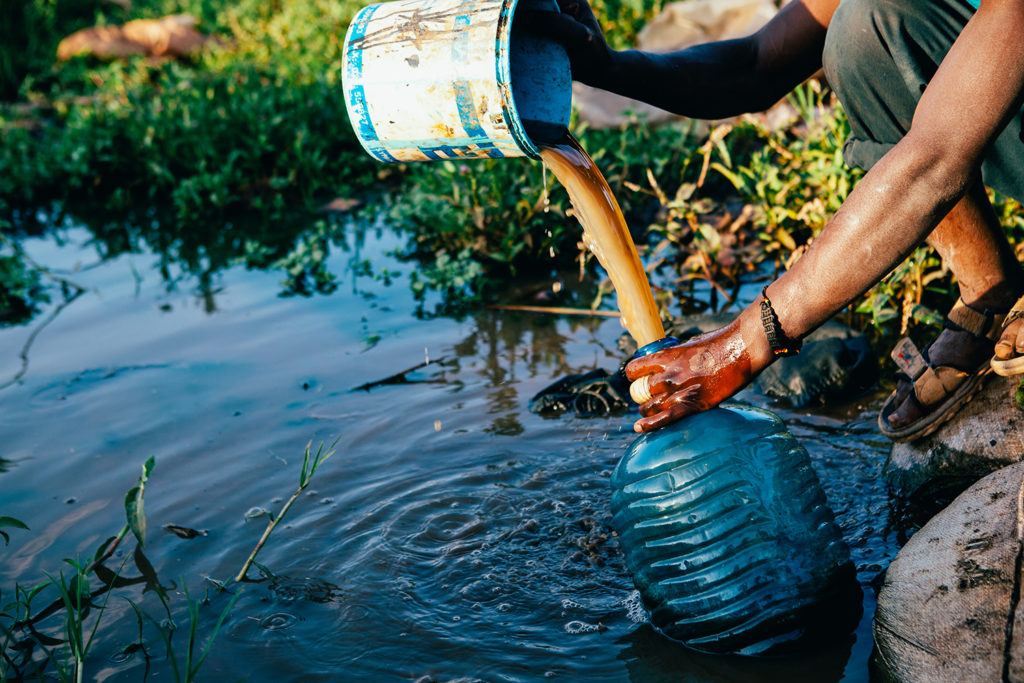
Charity Matters: Tell us a little about what the Thirst Project does?
Seth Maxwell: There are currently 663 million people in the world who do not have access to safe clean drinking water. In developing countries around the world, women and children will walk from their homestead to whatever standing water source is available. Most commonly pond, rivers, swamps and then drinking from those open and unprotected sources that are often shared with animals who defecate in the same water that people drink from causes those people to get really preventable water-borne diseases. Most people don’t realize that diarrhea and dysentery kill more people every year than HIV and malaria combined.
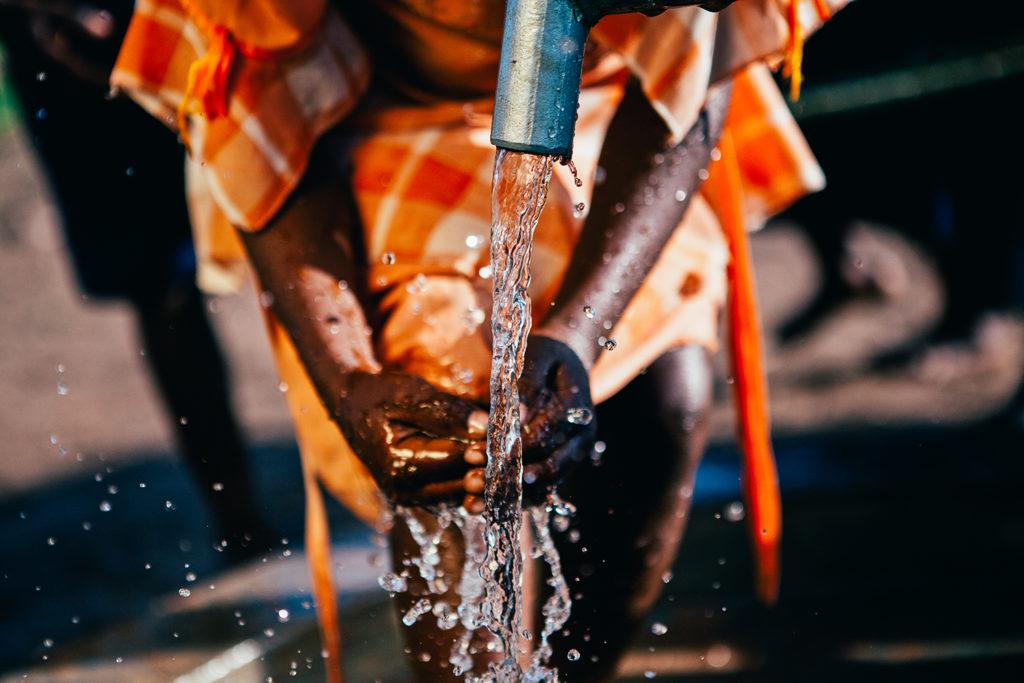
So we build freshwater wells and washing stations in developing countries to give people clean water. It isn’t super unique, there are a lot of great water organizations in the world but what is unique is that we are the world’s leading youth water activism organization. We have a school tour where we send our youth activists to educate high school and college students about the global water crisis and challenge those students to do something about it. We will have 12 speakers total who will go to about 800 high schools and college campuses across the country. So about 175,000 students will sit and learn about the water crisis and in turn, they will do walks, dances, video game tournaments…all to raise awareness to build water projects around the world.
Since we started we have mobilized a couple of million students who have raised about ten million dollars. We commit to giving 100 percent of funds raised to building water projects and we have a pretty incredible group of donors, lead by our board who pay for our operating expenses. We have given 400, 000 people in 13 countries clean water for the rest of their lives.
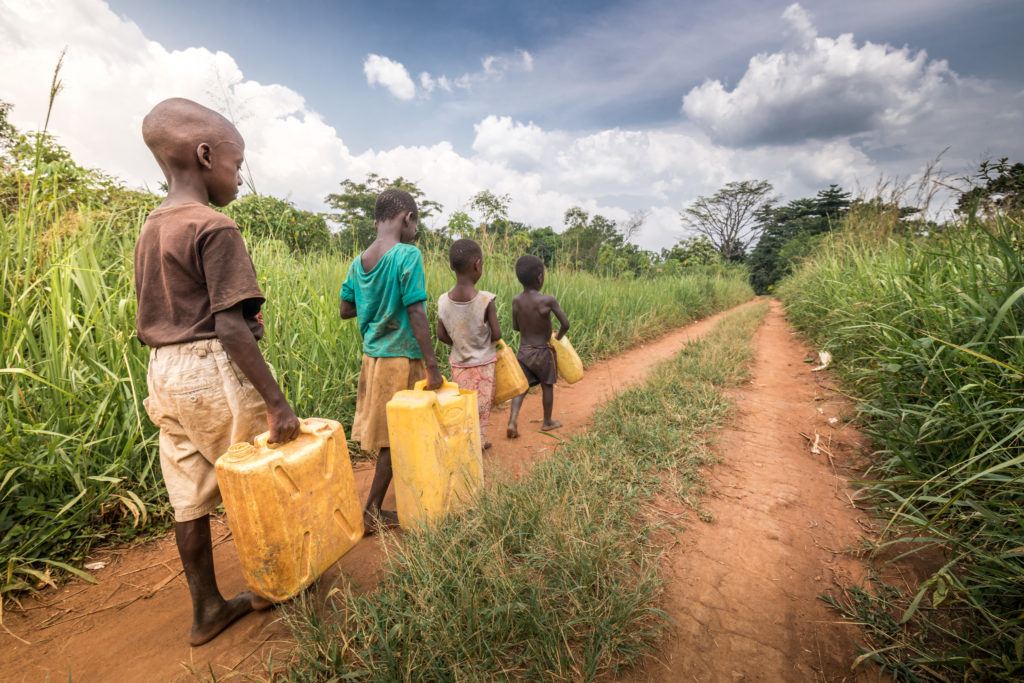
Charity Matters: What was the moment that you knew you needed to act and start the Thirst Project?
Seth Maxwell: For me, I couldn’t NOT do something about the water crisis. I think I considered myself, a pretty well educated (then 19 year old) and was just struck by how massive in scale this issue was and the fact that I had never heard about it. for how sweeping the problem was both in terms of the number of people at that point. There were over 1.1 billion people without access to clean drinking water but also how far-reaching the negative impact of the water crisis was on so many issues. Whether it was health or access to education, I was truly struck that this wasn’t something that was on the news every night.
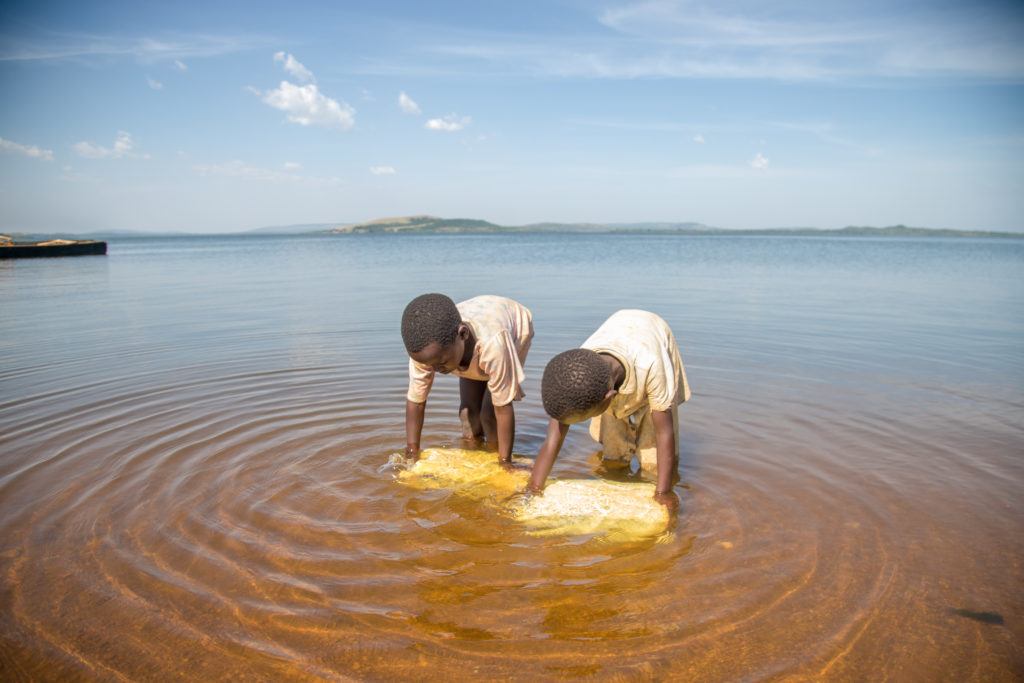
It was one of those moments when I was swept up and just knew I had to do something about it. I wasn’t sure what one person could do but knew I had to do something. So, I gathered seven of my closest college friends together and we decided to simply tell these people’s stories. We pooled all our money together ($70) and were able to purchase 1,000 bottles of water from our nearest store. We took to Hollywood Blvd and began giving bottles of water away if people would stop and listen. In one day we spoke to over 1,000 people and were able to turn our $70 into $1,700. and this was used to fund our first freshwater well.
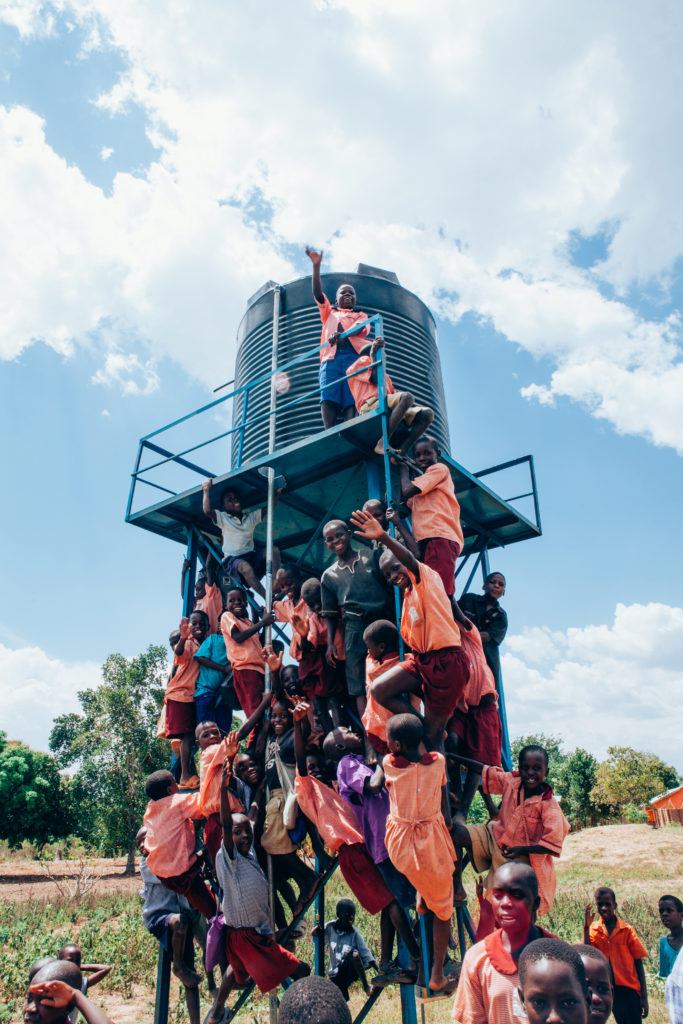
Charity Matters: What are your biggest challenges?
Seth Maxwell: So many people really want to contribute to making an impact and contribute some amount of time and feel like they can walk away knowing they did something that day or at that moment. While this is the least sexy answer but we are pretty limited by the amount of funding we can raise to build our projects. We know how to bring safe water to communities. We know how to build wells and work with local contractors in the communities we serve who in turn get trained on maintenance, repair, sanitation, and hygiene.
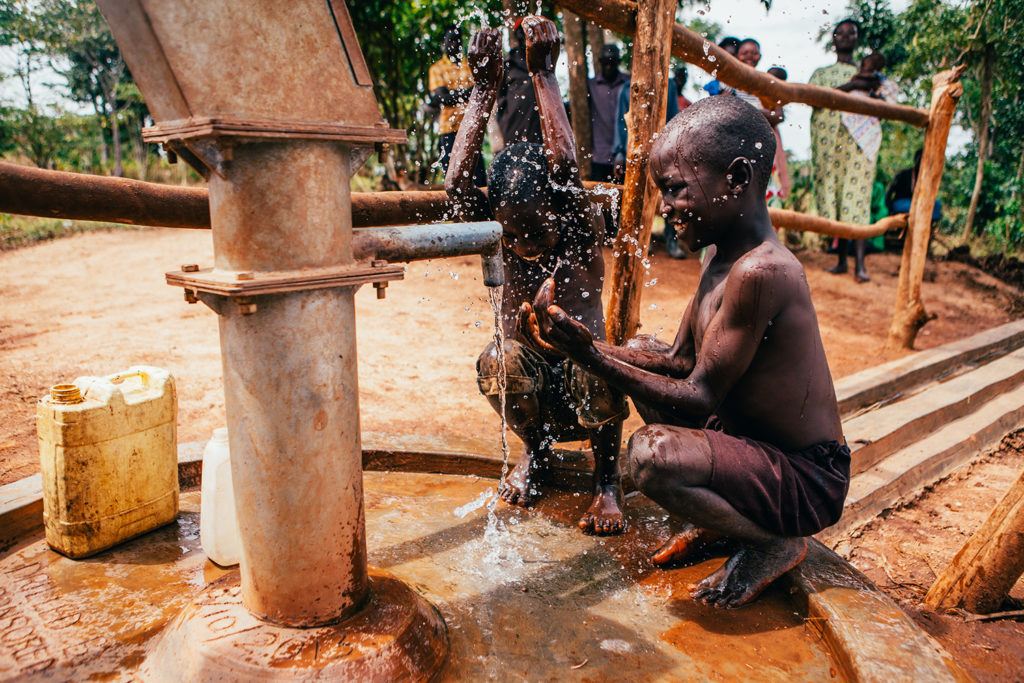
This really is a very solvable issue. When we started a decade ago and the number of people who needed clean water was 1.1 billion and today it is down to 663 million people. In just a decade, while the global population has risen the number of people without safe water has literally been cut in half. There will be an end to this issue in our lifetime it is just a question of how quickly we can move this ball down the field.
Our biggest challenge is scale and funding. Especially given our commitment to give one hundred percent of our student donations to our water projects, it makes for some challenges. We are constantly coming up with new and exciting ways to address our challenges and it is an exciting time.
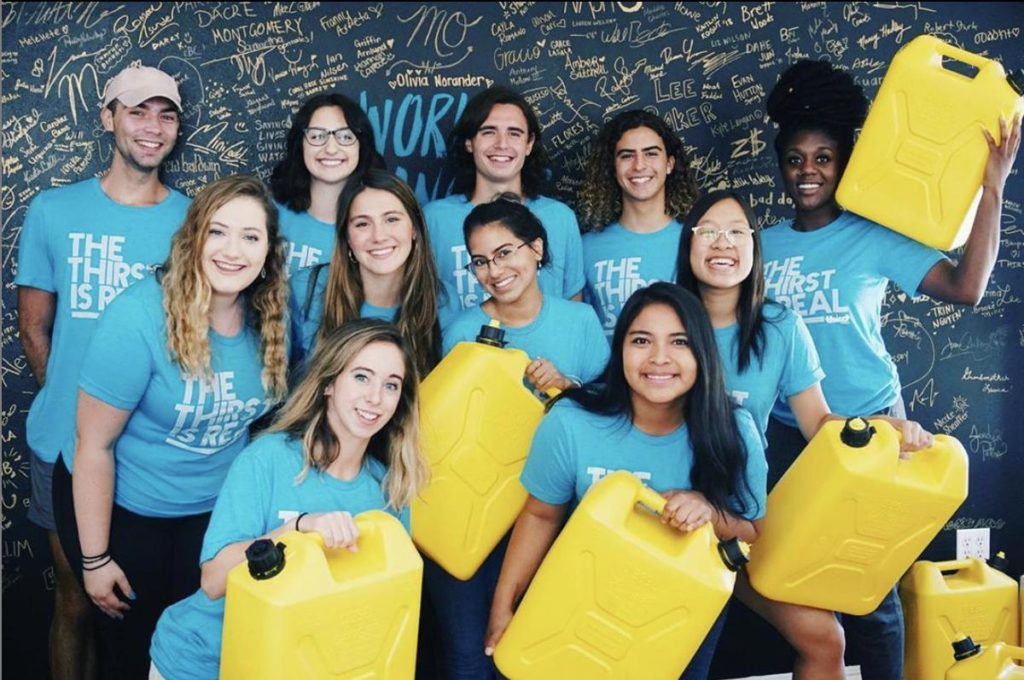
Charity Matters: What fuels you to keep doing this work?
Seth Maxwell: One of two things…first is our students. The work we do with students and young people means there is never a shortage of inspiration. It is easy to keep going when you see a high school student who gives up their birthdays or swims around the Statue of Liberty to draw attention to this issue or raise funds.
We are constantly given the gift to interact with students who are selfless, innovative and creative. Similarly, they have amazing experiences. I can not tell you the number of times I have had a student writing to us saying, “Thank you so much for starting Thirst Project, if it wasn’t for thirst project I don’t know what the highlight of my Senior year would have been.” Incredible things.
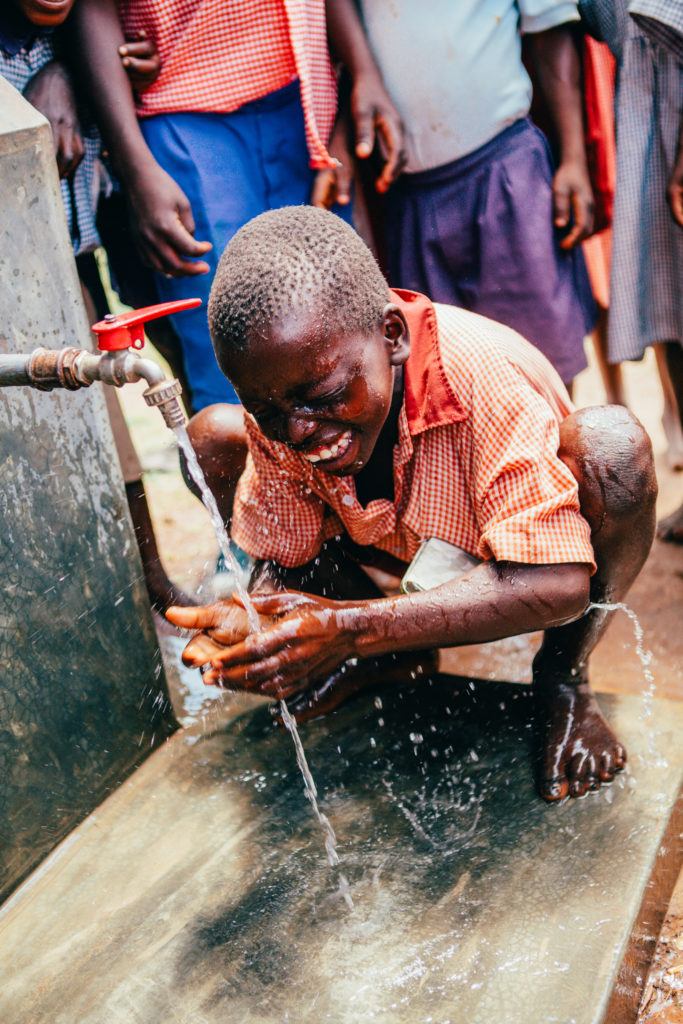
On the other side, it’s not hard to stay inspired when you look at our impact in the field. The impact of the water crisis on health, on mortality, when you see a new freshwater project open in a community and have conversations with moms who say they used to have to walk three hours for water. I was worried about getting Collerea or dysentery or diarrhea and now knowing that my baby will never have to make that walk is incredible. These are the kind of things that keep you going when things get tough.

Charity Matters: When do you know that you have made a difference?
Seth Maxwell: It is like the examples I just gave above. When we talk to students who have had an impact because of their service whether it shaped their trajectory for their career, their leadership skills, their social-emotional skills development. It is countless conversations in the field and the idea behind each of those 400, 000 people in the field who now have clean water and the stories of how their lives are changed from clean water.
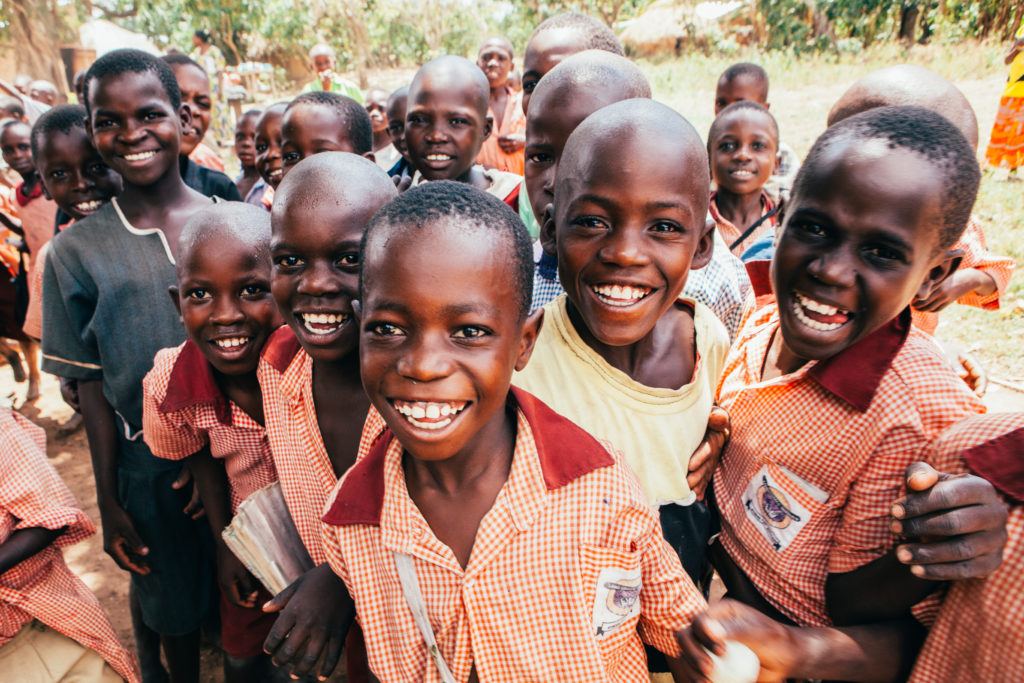
Charity Matters: Tell us a little about what success you have had and the impact you have made with the Thirst Project?
Seth Maxwell: Impact for us isn’t measured in the numbers that most people would typically look for; yes it’s meaningful to look at dollars raised or the number of water projects built or the number of people given safe water, those are all good and super meaningful but for us how we measure impact is the implication for each of those numbers.
So for example when we bring safe water to a community, yes we can measure the number of people in that community that now have safe drinking water but what is really more meaningful to us is measuring both before and after. Saying before this project was built there were only 39 of the 200 students in this community enrolled in school, presumably because one of their responsibilities would be collecting water for their family or because they were sick from something that prevented them from going to school. If six months to a year after our project we can report back and say we, measured an increase in school enrollment by fifty percent that is really meaningful to us.
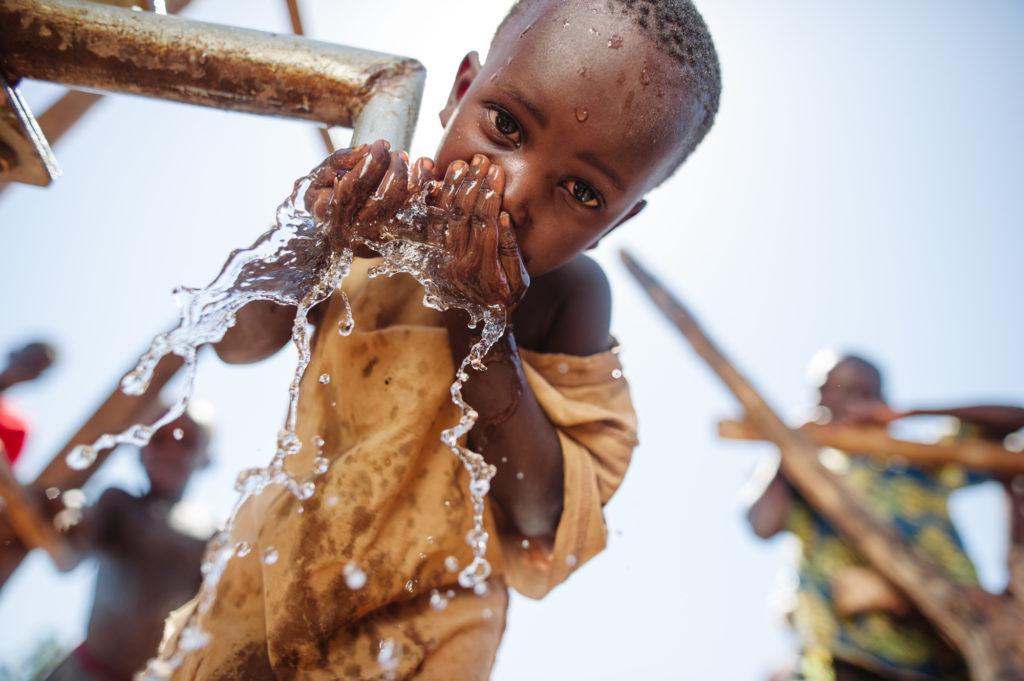
We can measure waterborne disease rates before and after and if we can say that before we built a water project that there was a twenty-nine percent rate of cholera but if after our project, it was reduced to four percent, that is really meaningful to us. It is those kinds of things really that matter to us.
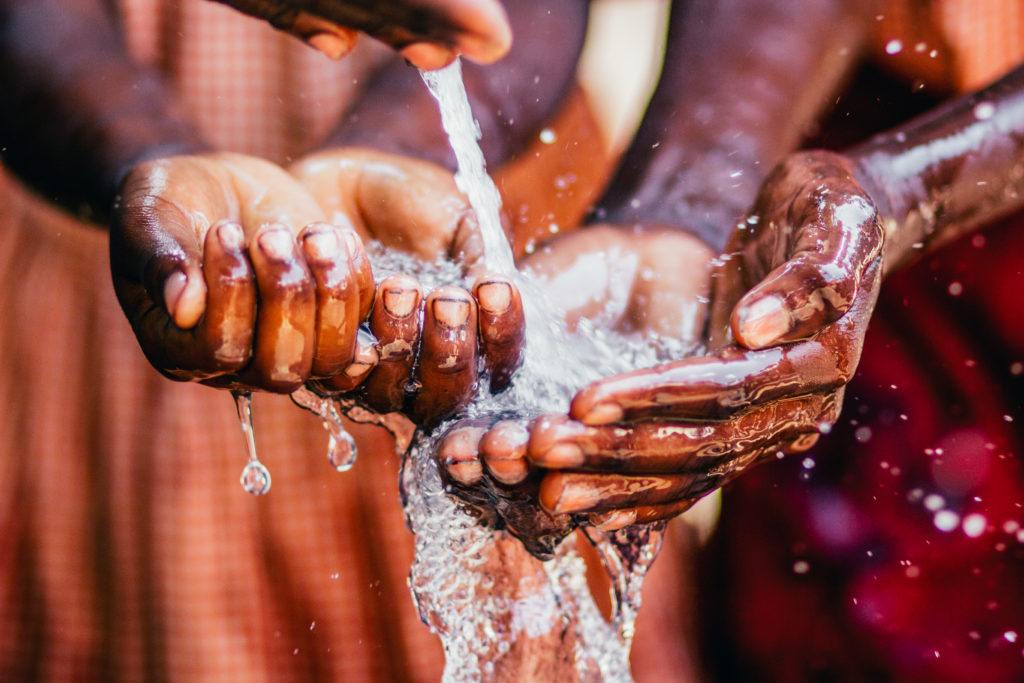
Charity Matters: If you could dream any dream for the Thirst Project what would that be?
Seth Maxwell: To see the end of the global water crisis. We believe in a world where everyone has access to safe clean drinking water and we are running really hard at that goal.
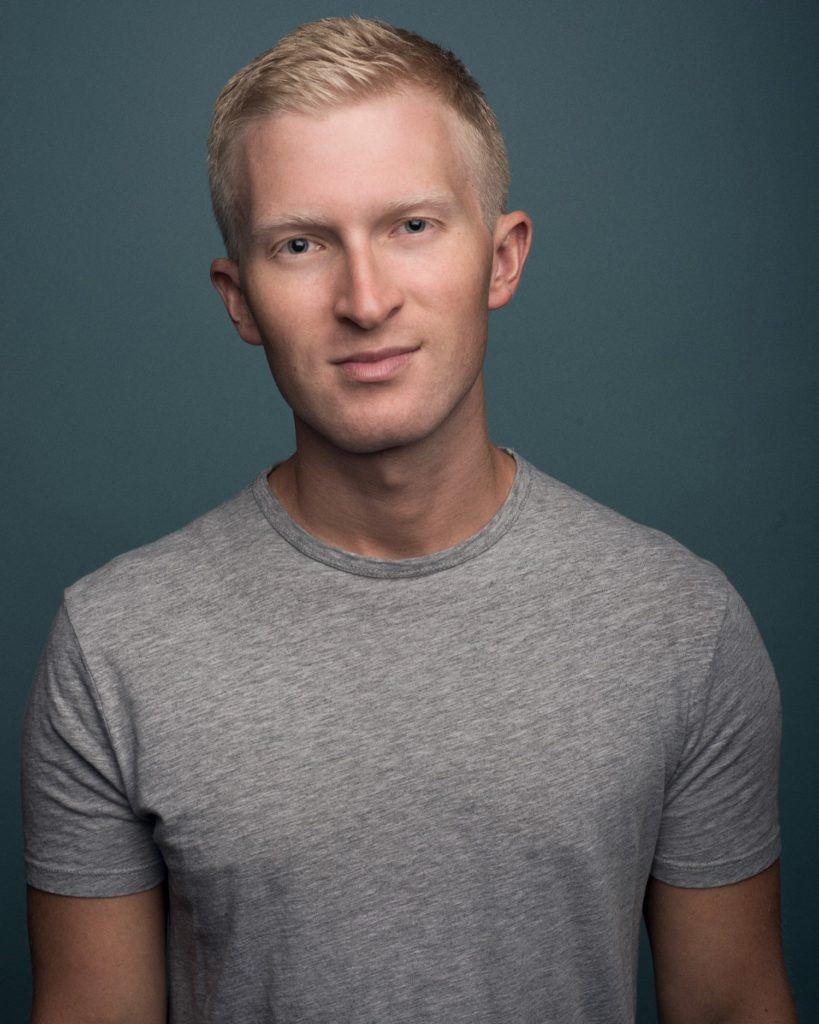
Charity Matters: How has this journey changed you?
Seth Maxwell: I think it has changed me entirely. I think one of the biggest ways it has changed me is how I evaluate problems. think I somewhat struggle to empathize with my friends or family with their problems, which to me sometimes do not feel like an important issue in the context of what I see in our work. I have to literally remind myself to be empathetic. My perspective on life and the world has completely changed.
Charity Matters: What life lessons have you learned from starting this organization?
Seth Maxwell: It is hard to pick just one life lesson because there are truly too many. For me learning how to build a community of people who are committed to using their gifts and resources and not just sort of throwing those resources but coming together with an intention and a strategy that is effective to make an impact on problems that are really meaningful. It has been incredible to learn that skill and be able to see it in action and amazing that people are willing to trust me with their time, money and gifts to make that impact a reality.
Charity Matters
If you are so inspired feel free to pass this along. Who doesn’t love to hear about all the good in the world? You will make someone’s day!
Copyright © 2019 Charity Matters. This article may not be reproduced without explicit written permission; if you are not reading this in your newsreader, the site you are viewing is illegally infringing our copyright. We would be grateful if you contact us.

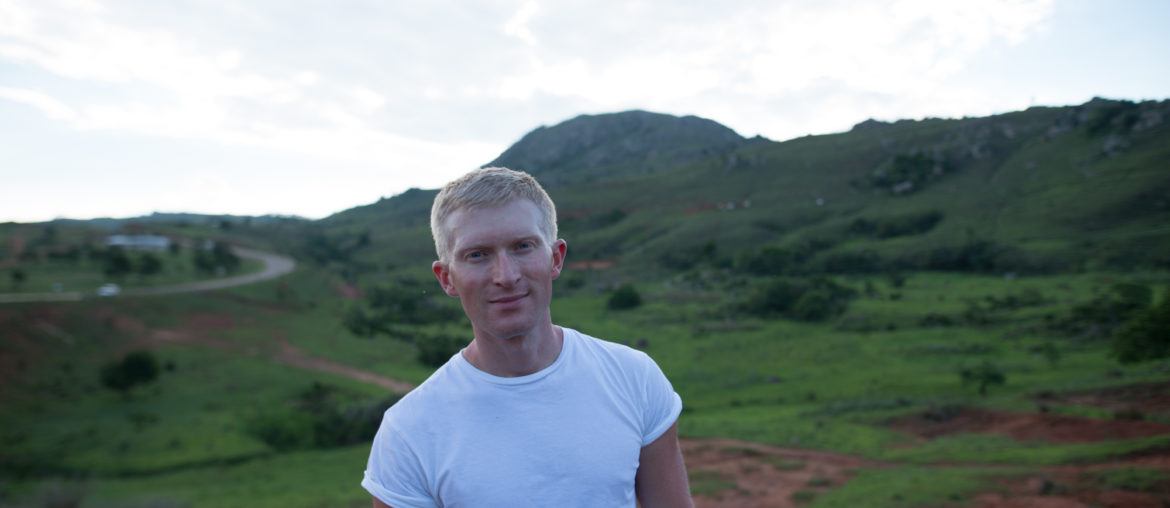
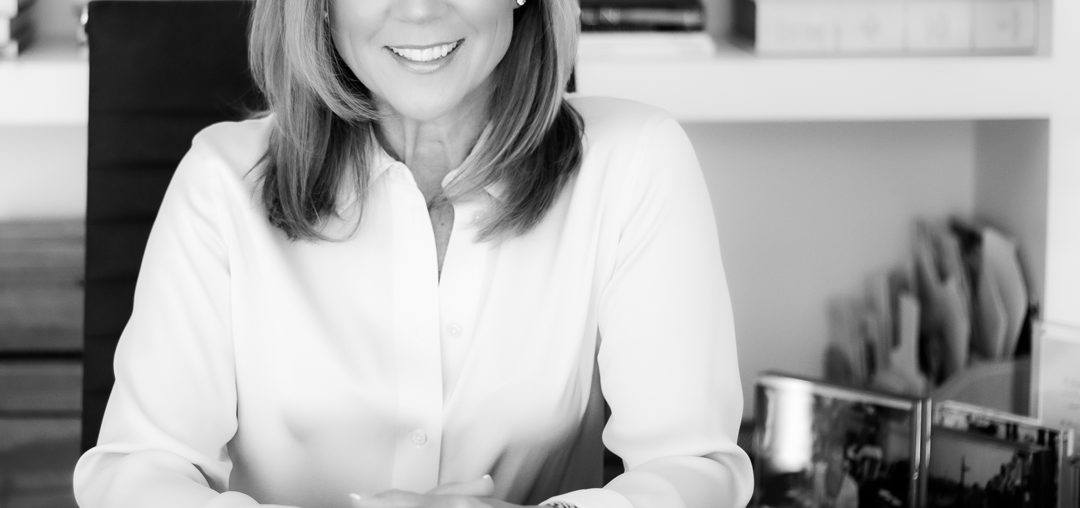
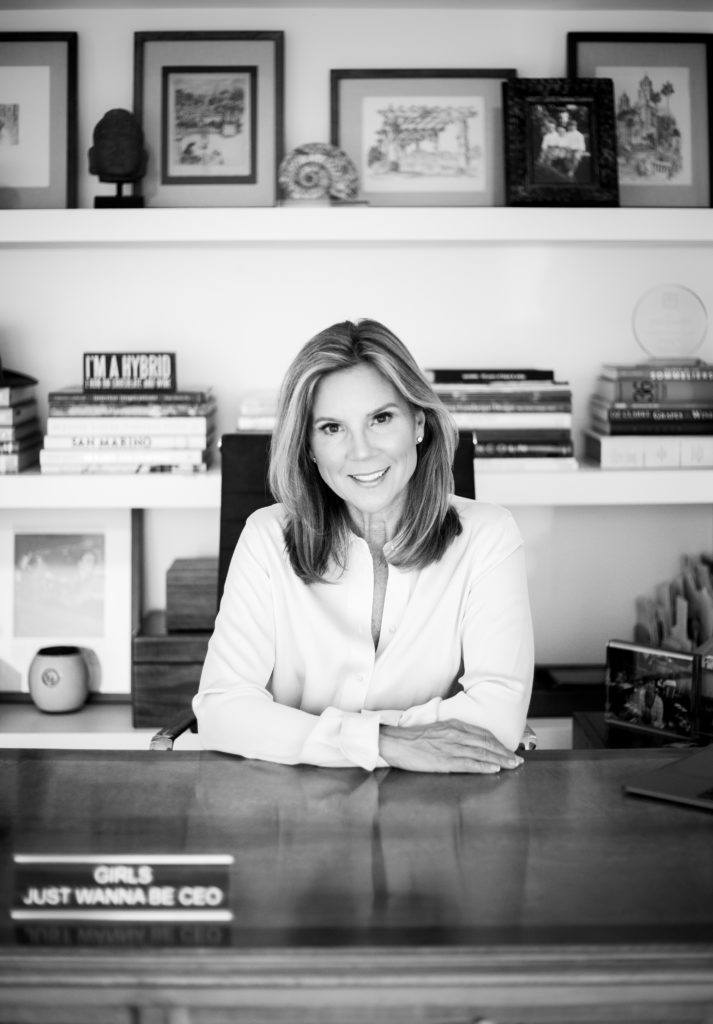
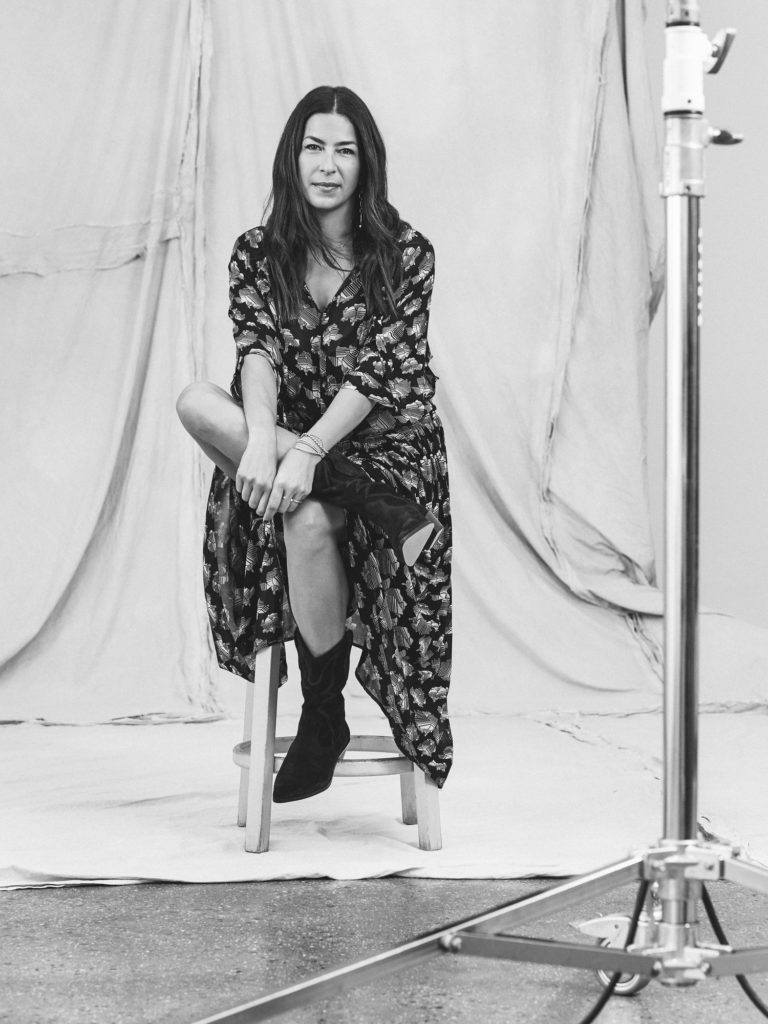
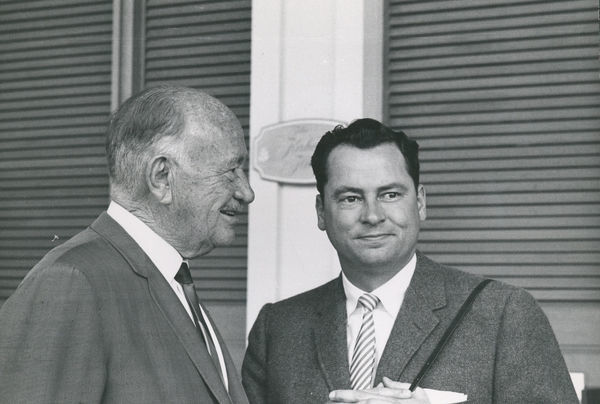
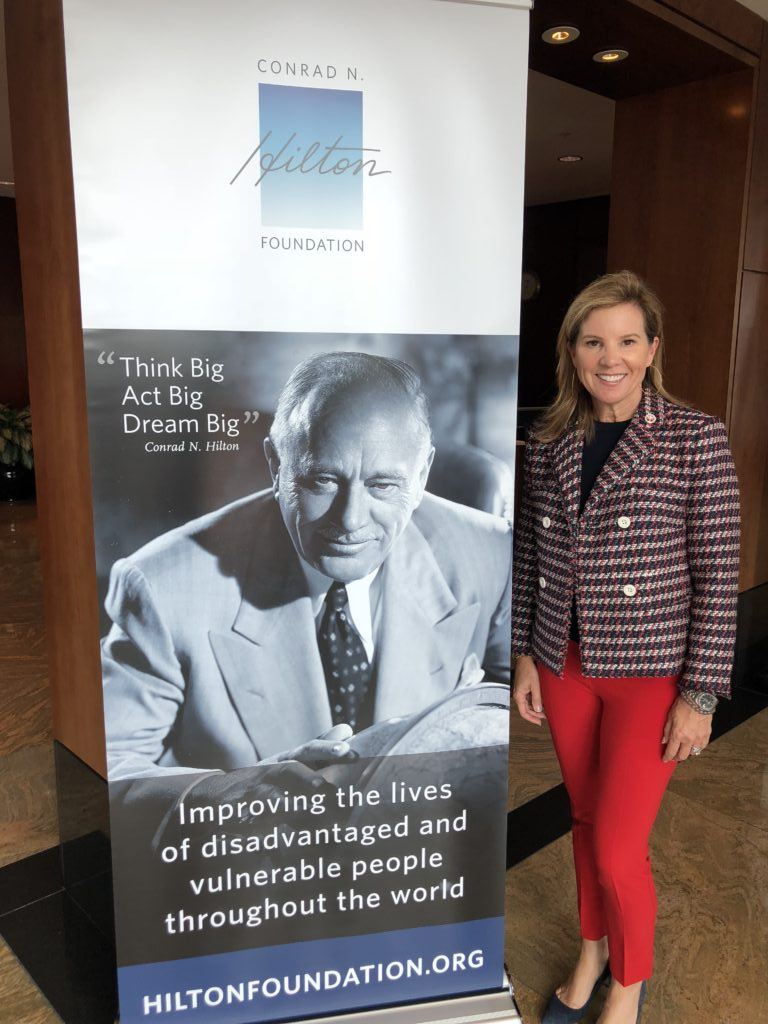
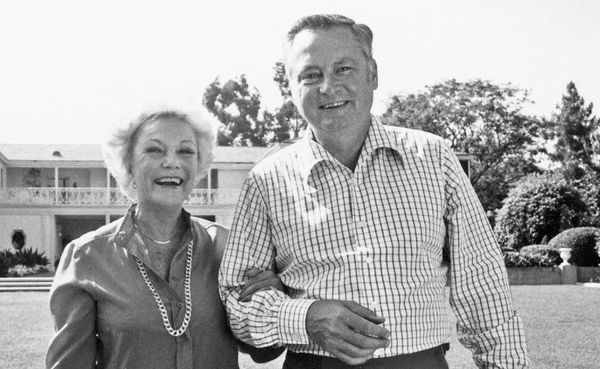
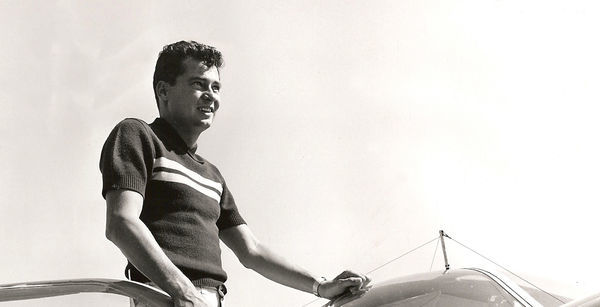
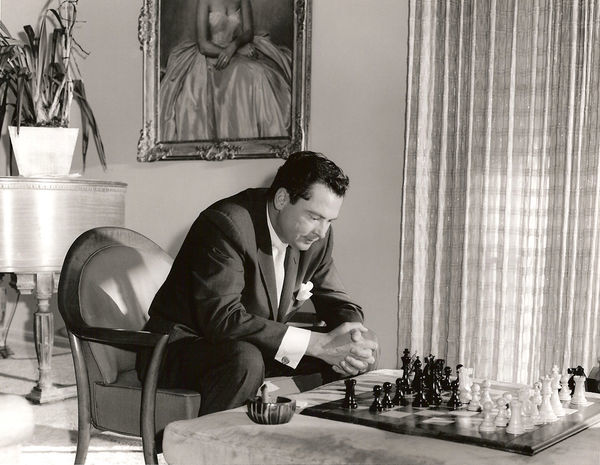
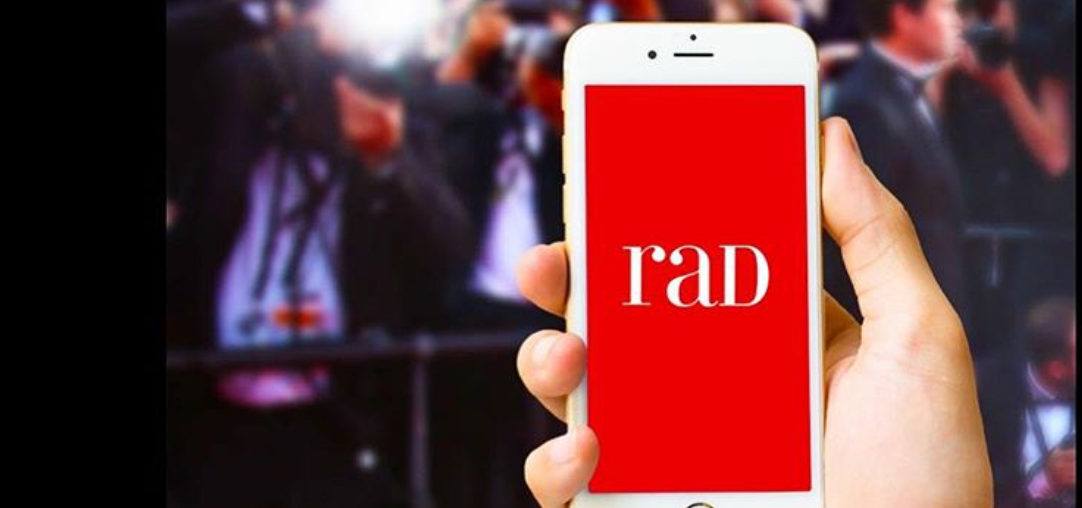
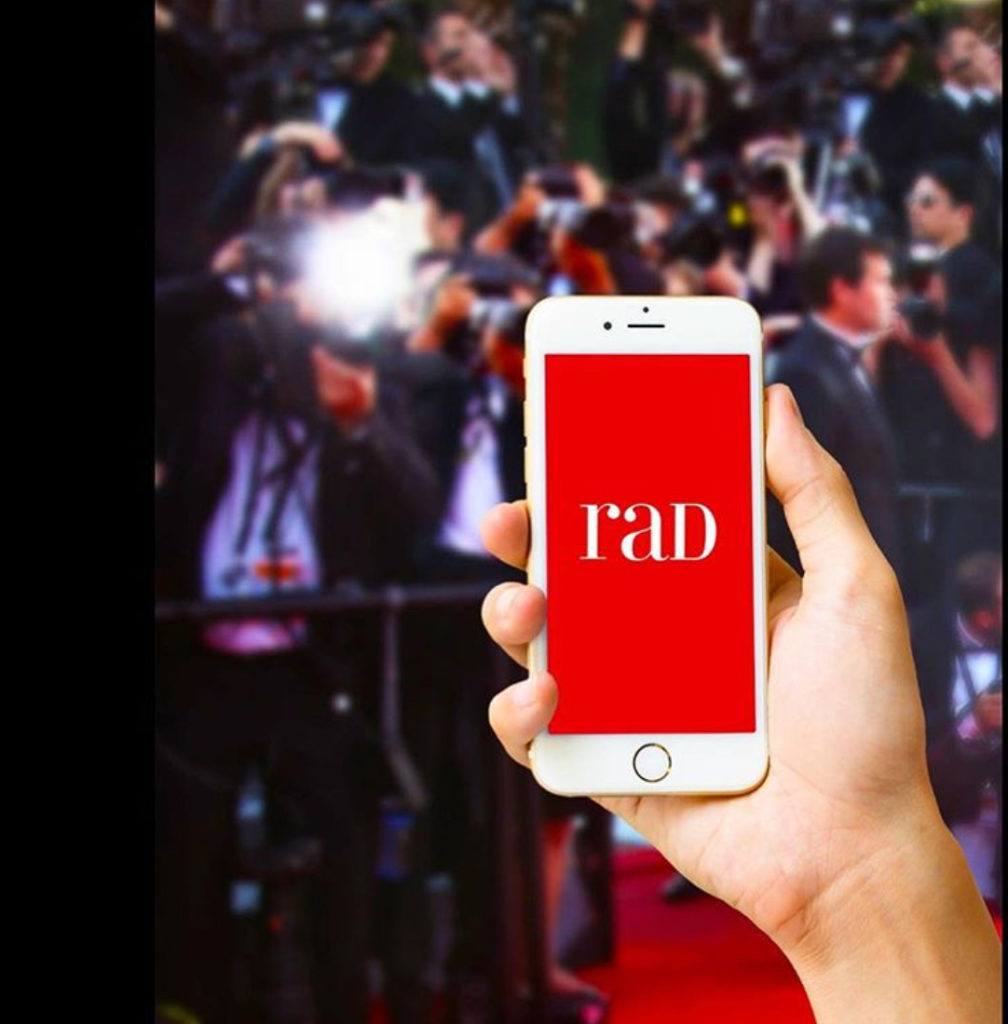 Tonight millions of people will watch as celebrities walk the Red Carpet for the Emmy Awards. Stars will be wearing designer gowns styled by talented stylist and promoting the designers they are wearing. It is a big business and a huge platform. A few weeks ago I was invited to an event that discussed how do we combine passion and purpose where I met two amazing women trying to change and elevate not only the red carpet but the conversation.
Tonight millions of people will watch as celebrities walk the Red Carpet for the Emmy Awards. Stars will be wearing designer gowns styled by talented stylist and promoting the designers they are wearing. It is a big business and a huge platform. A few weeks ago I was invited to an event that discussed how do we combine passion and purpose where I met two amazing women trying to change and elevate not only the red carpet but the conversation.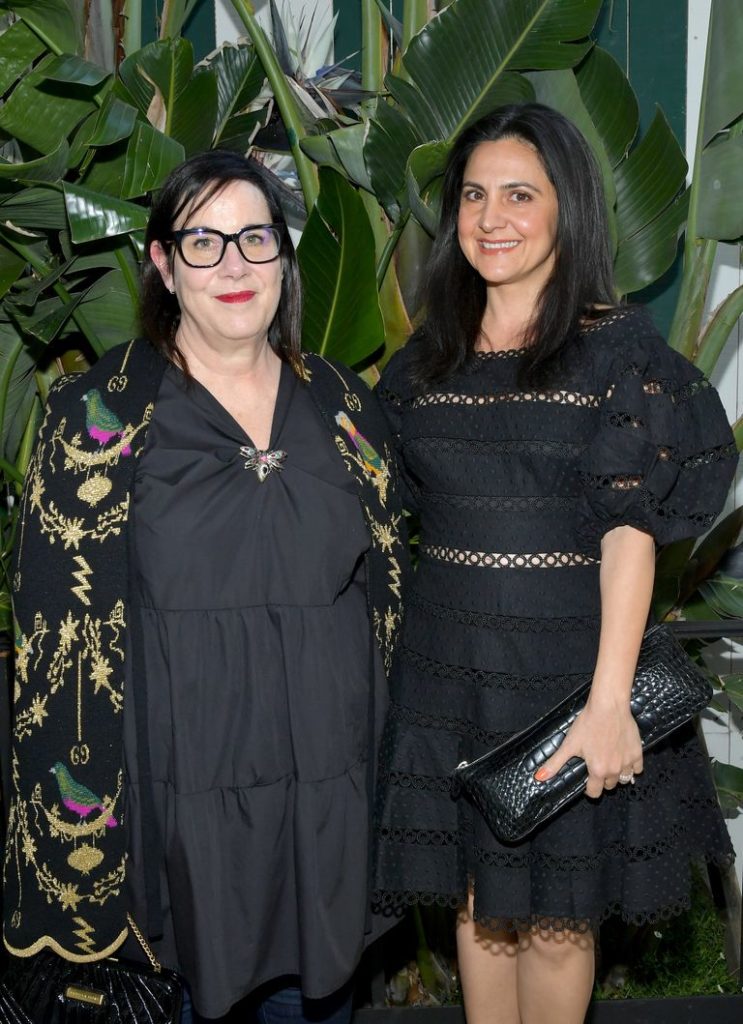
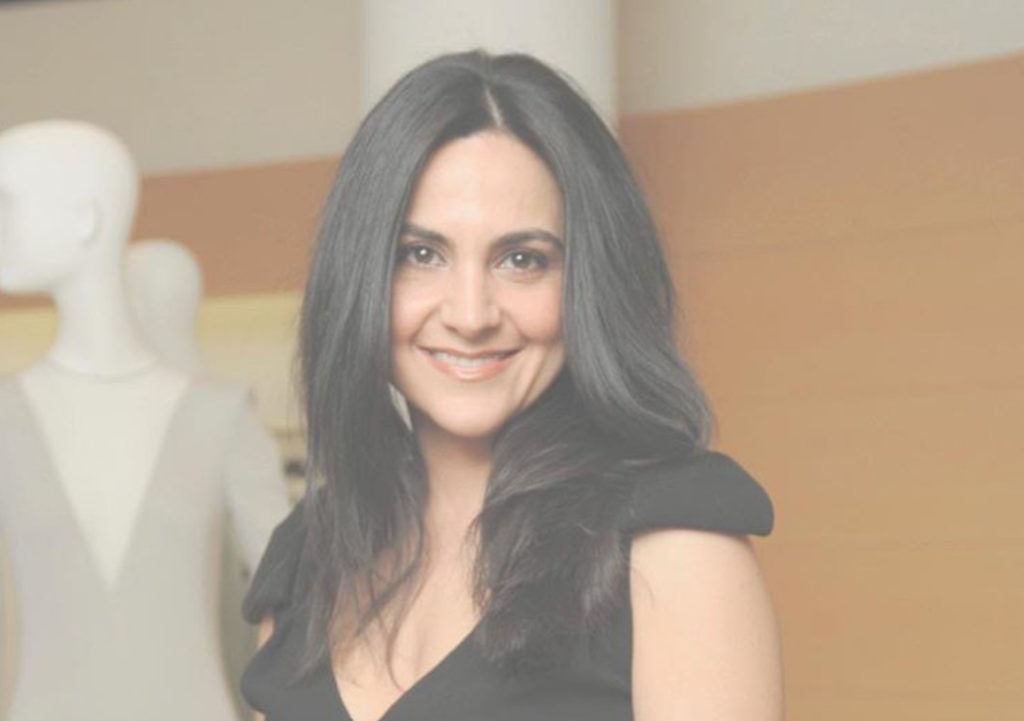
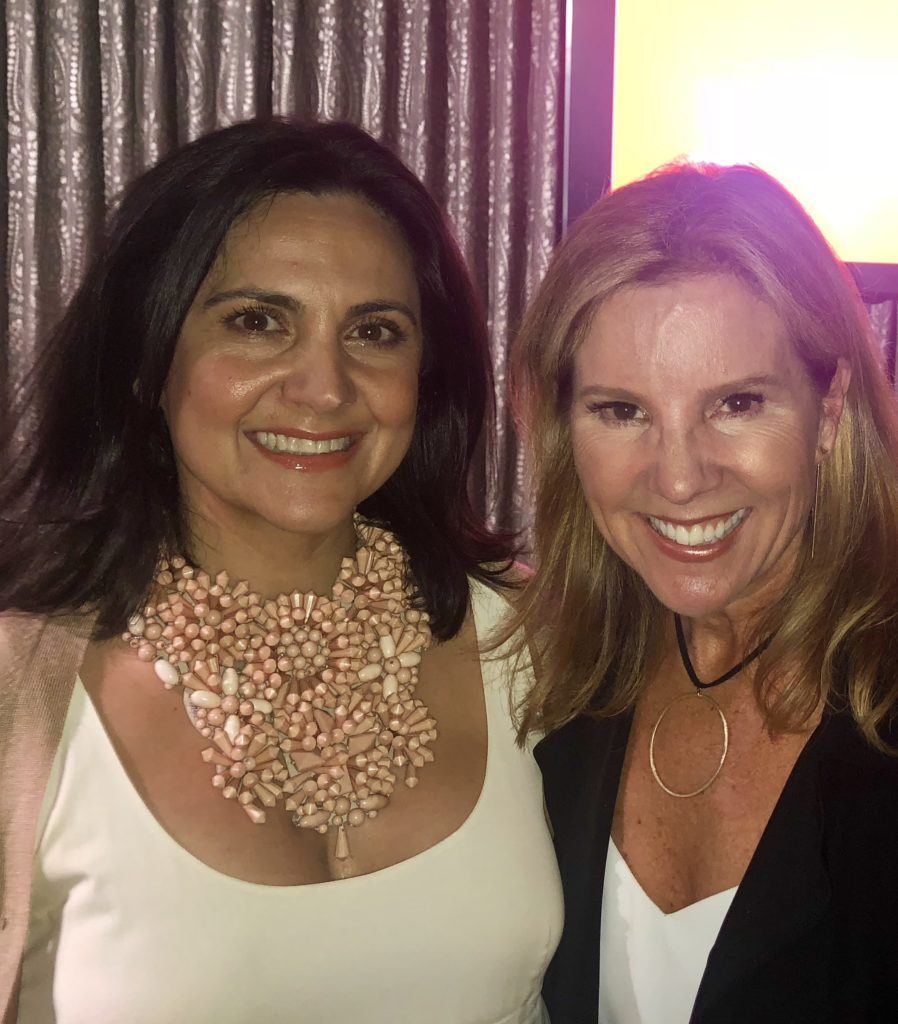
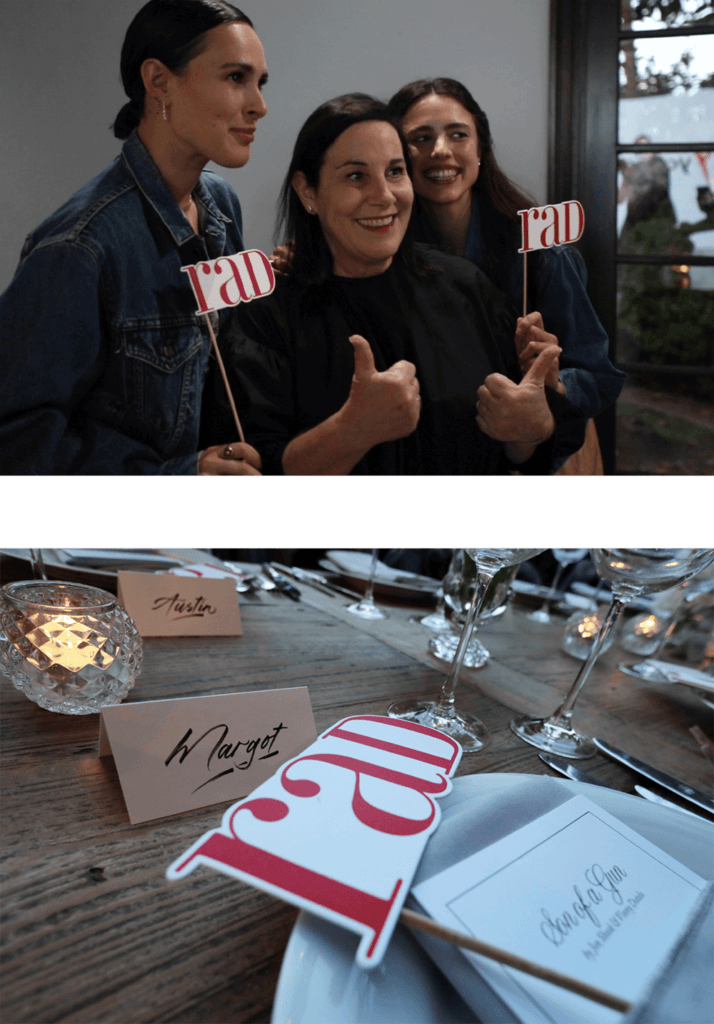
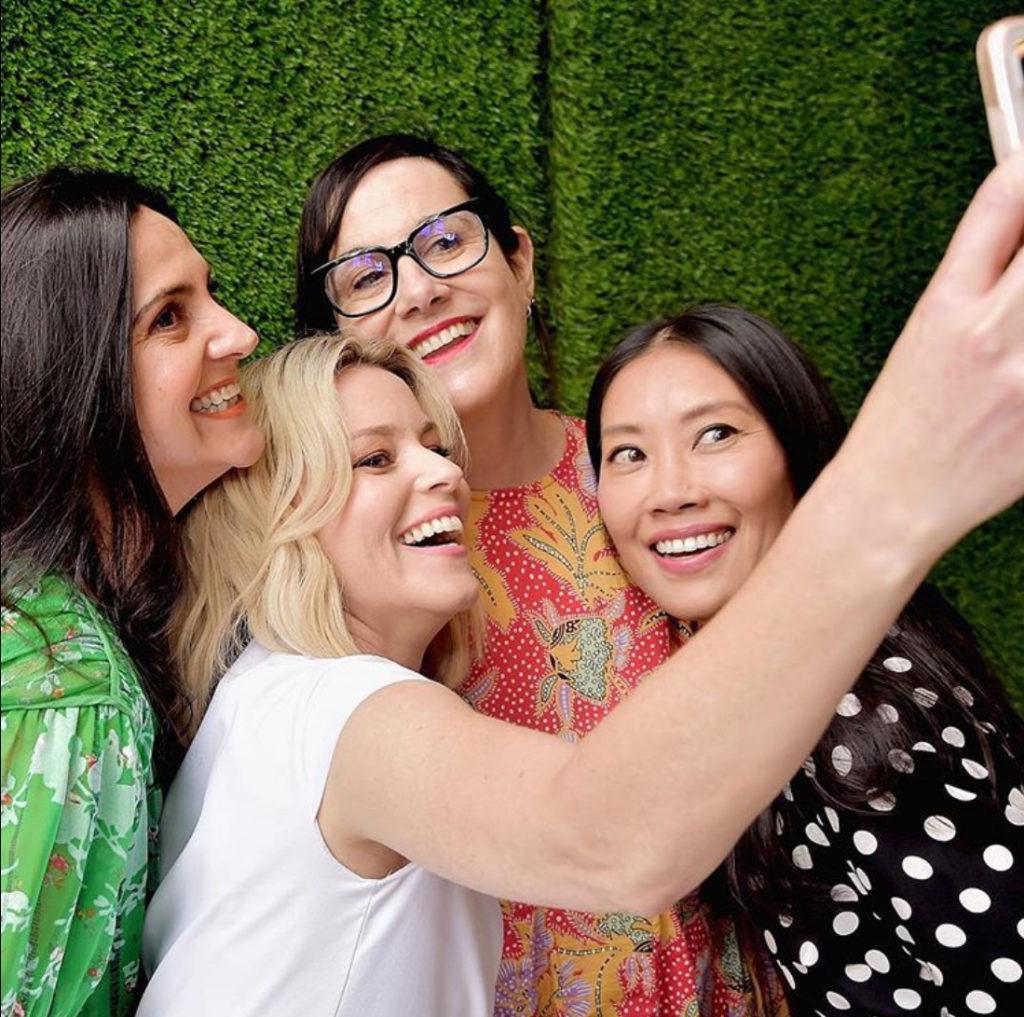
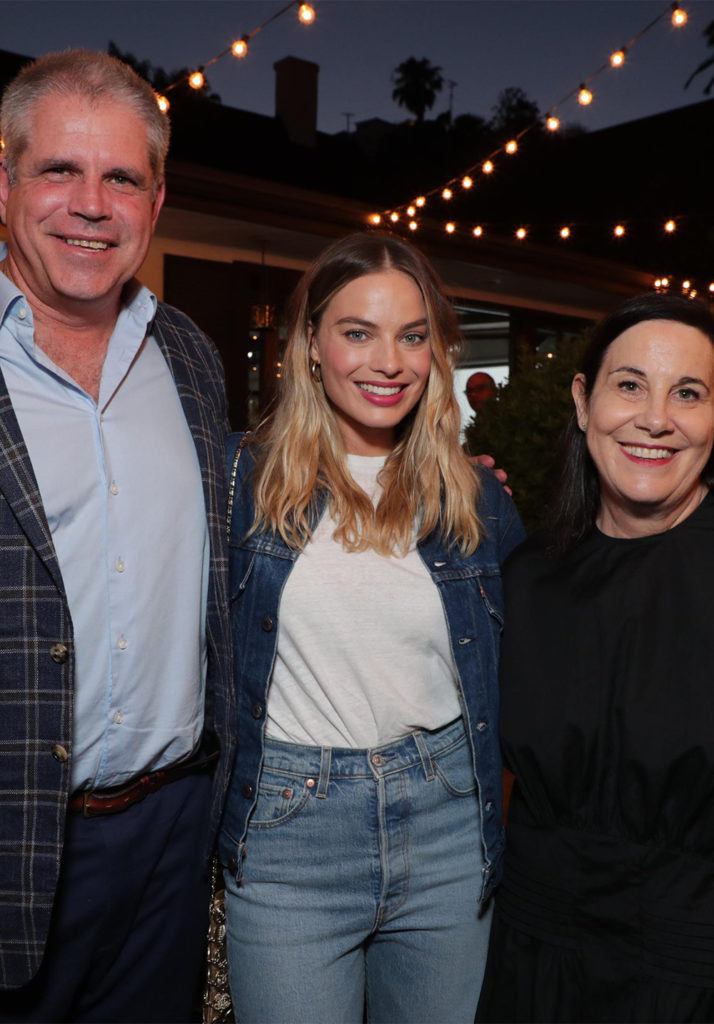
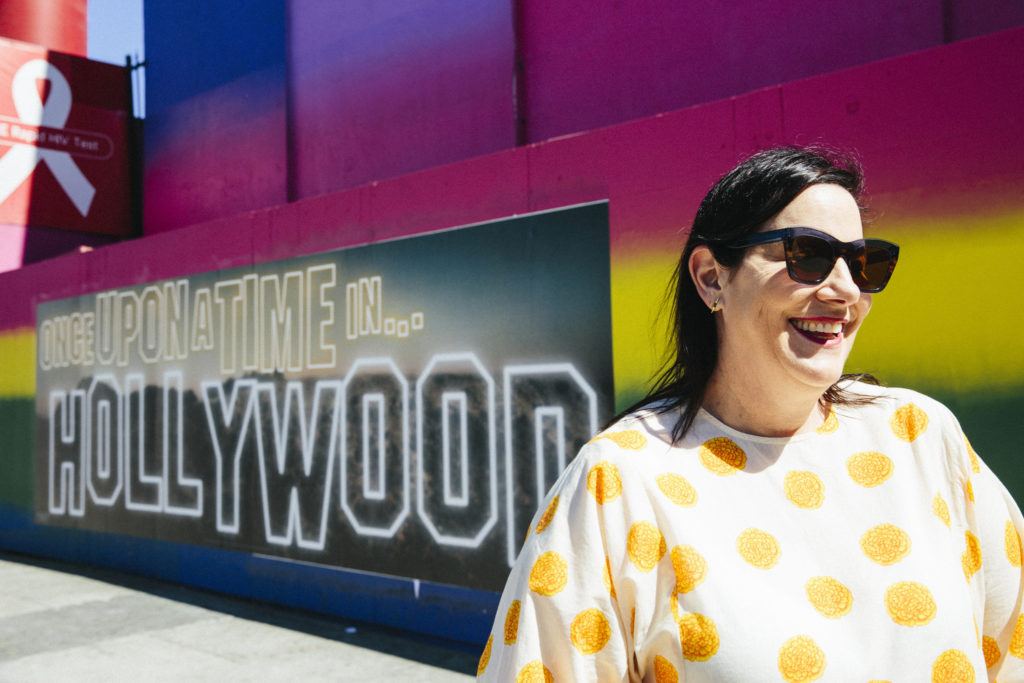
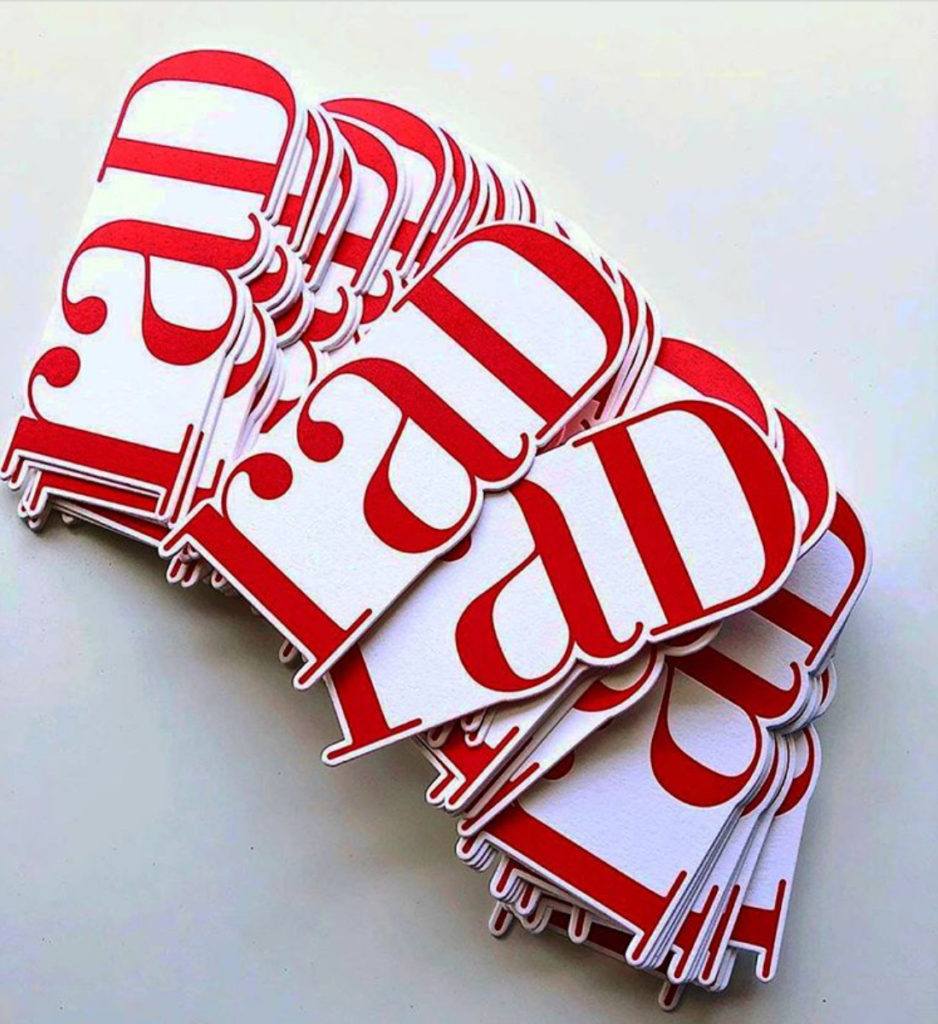
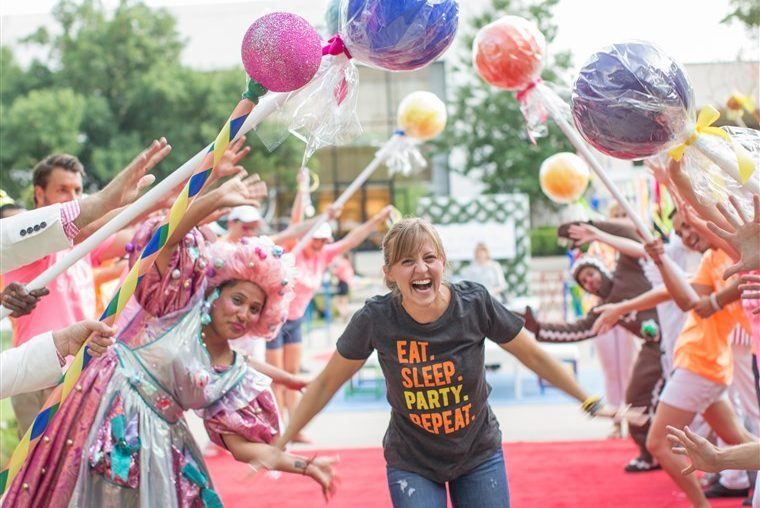
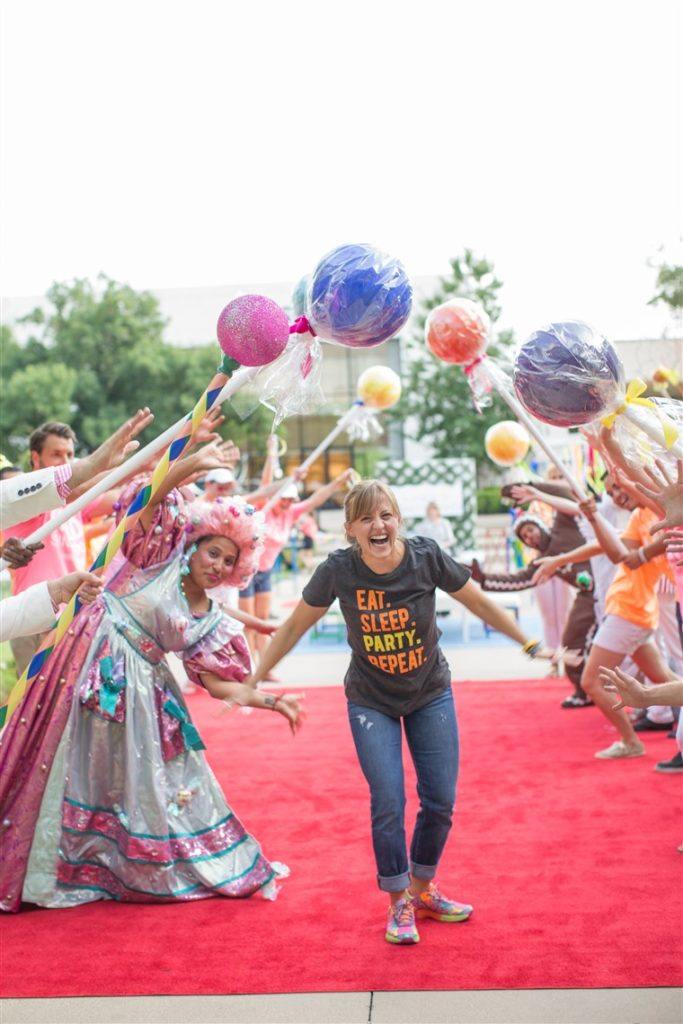
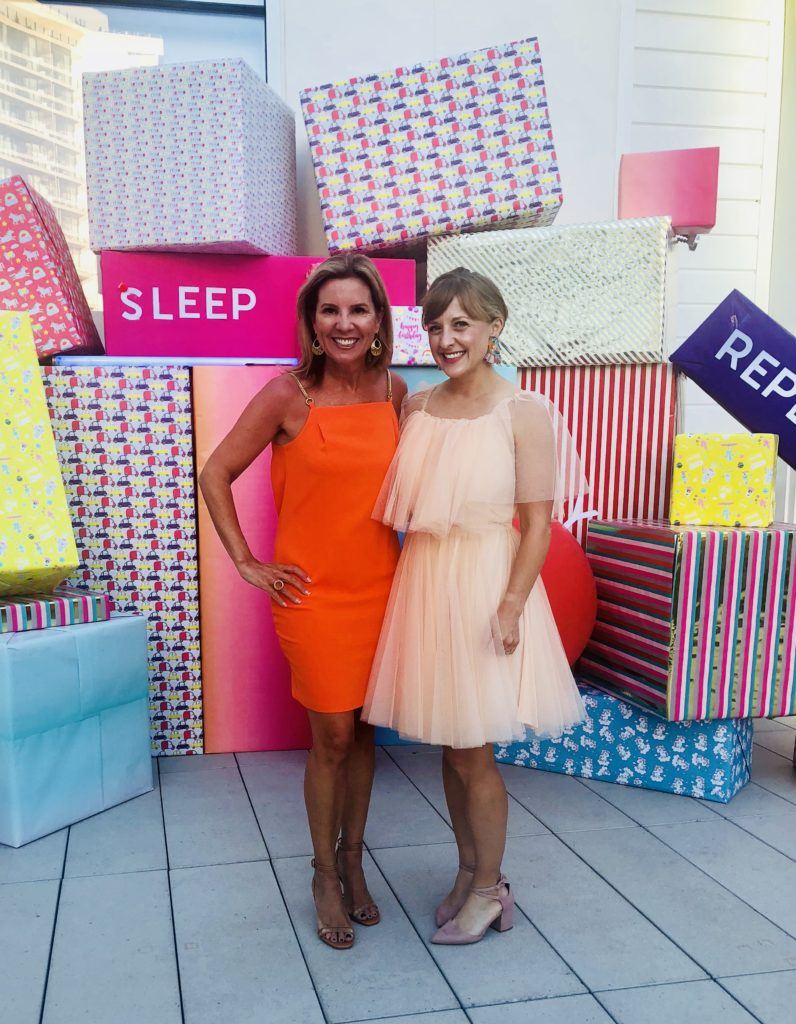
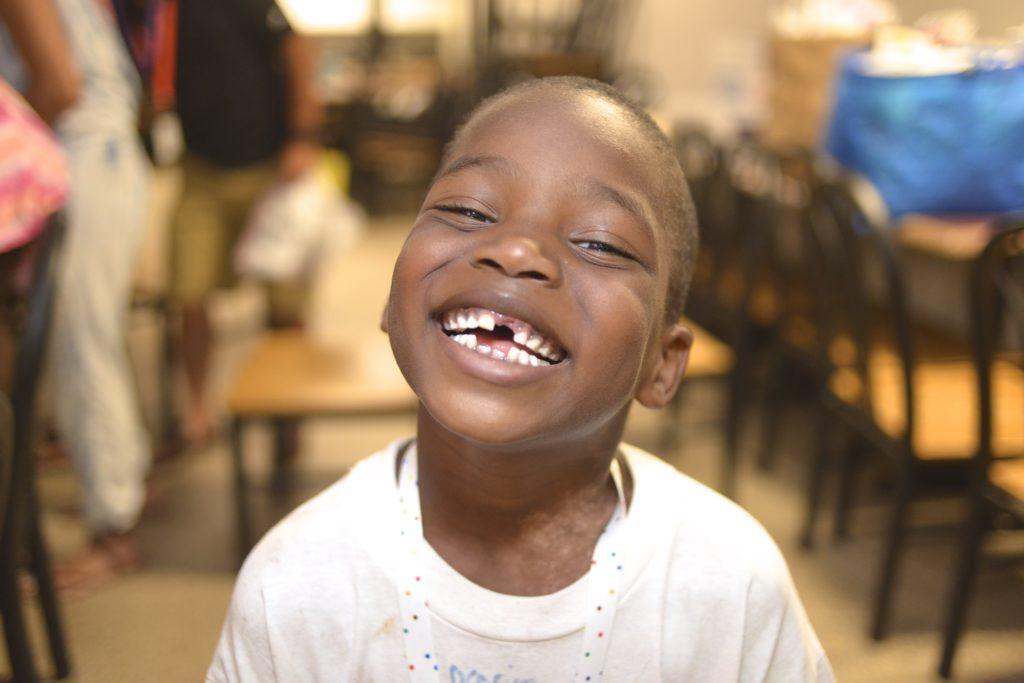
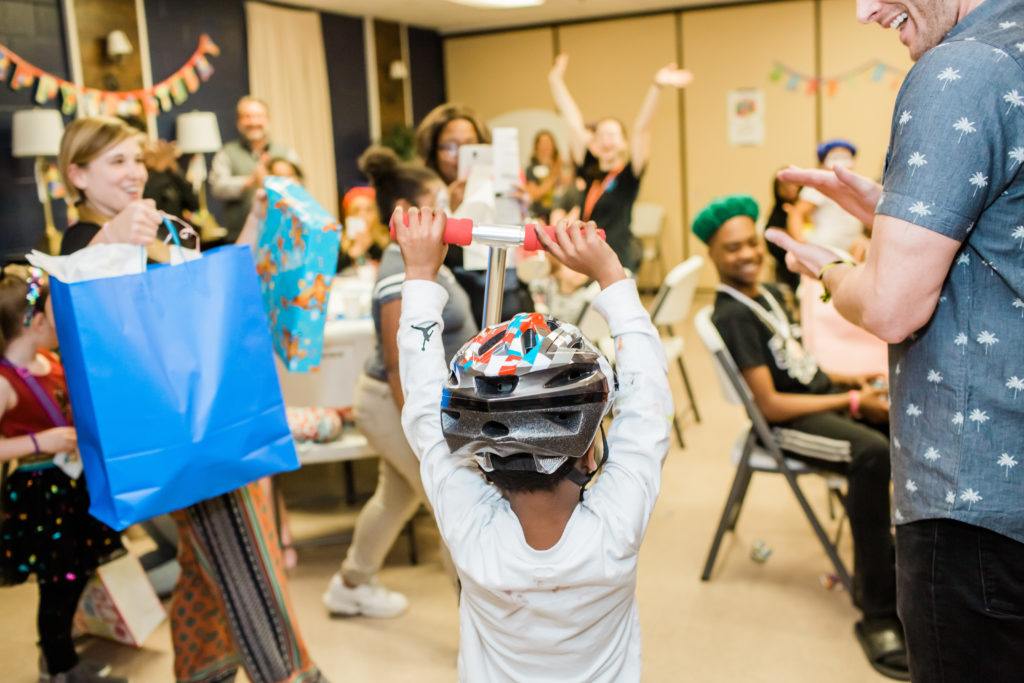
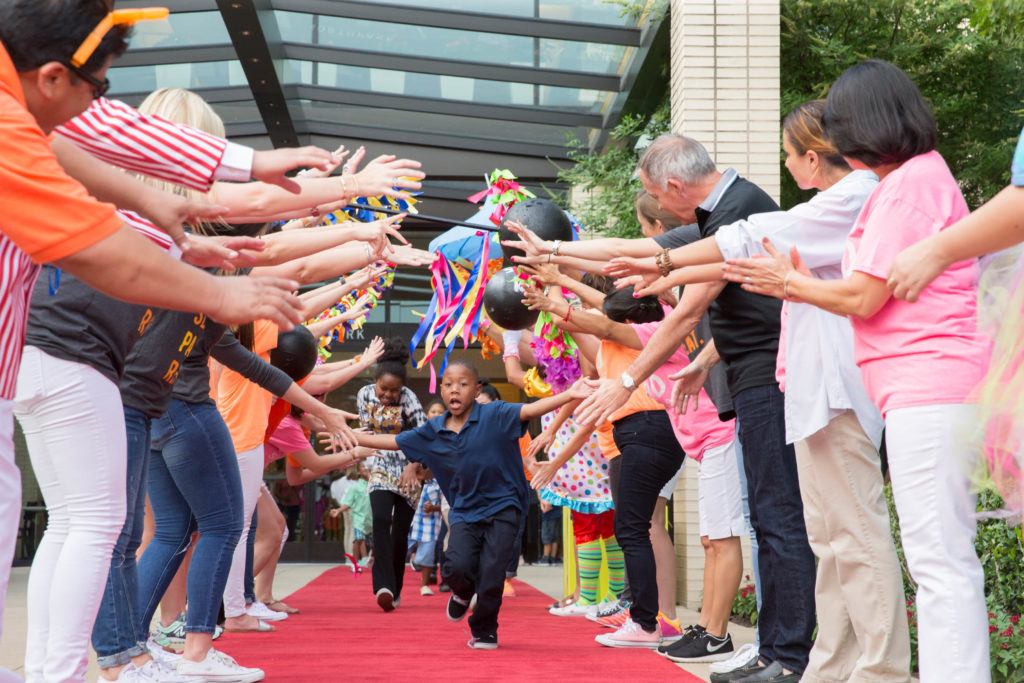
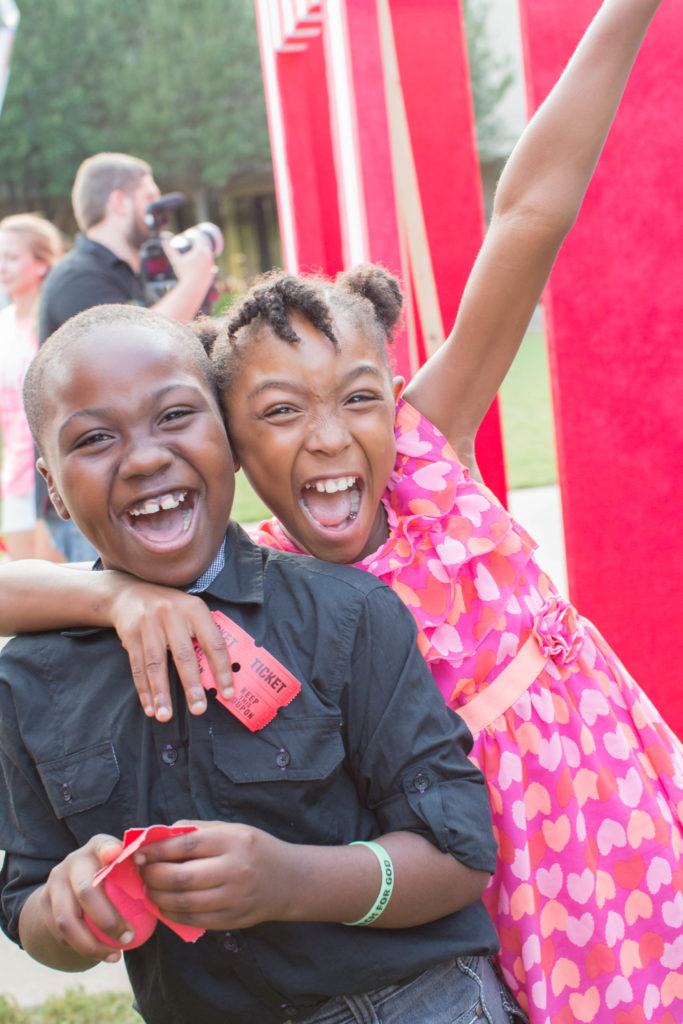
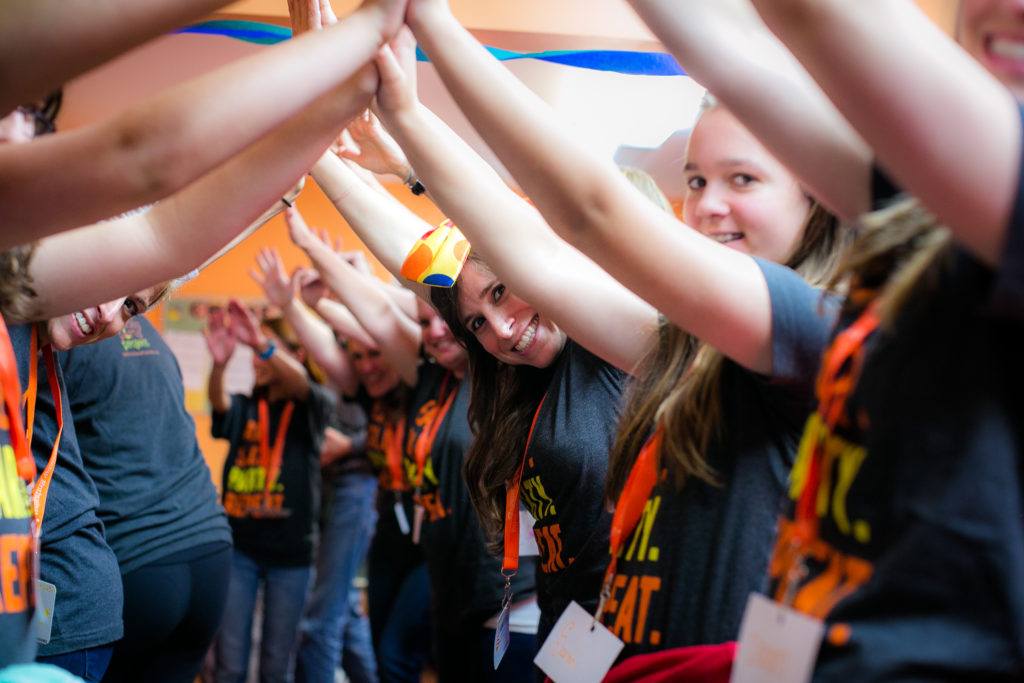
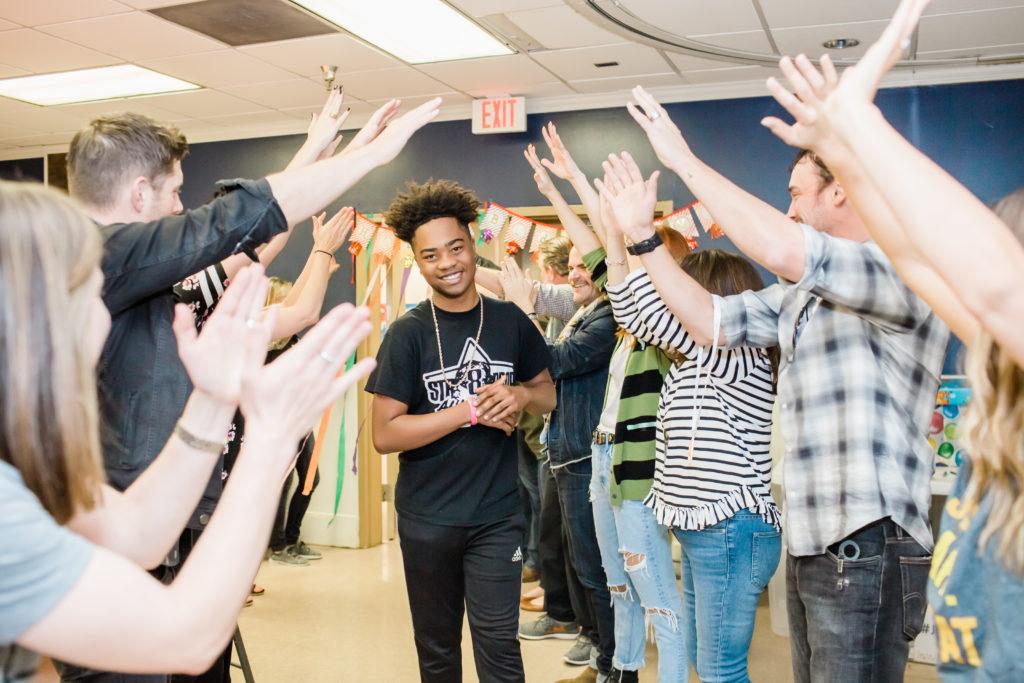
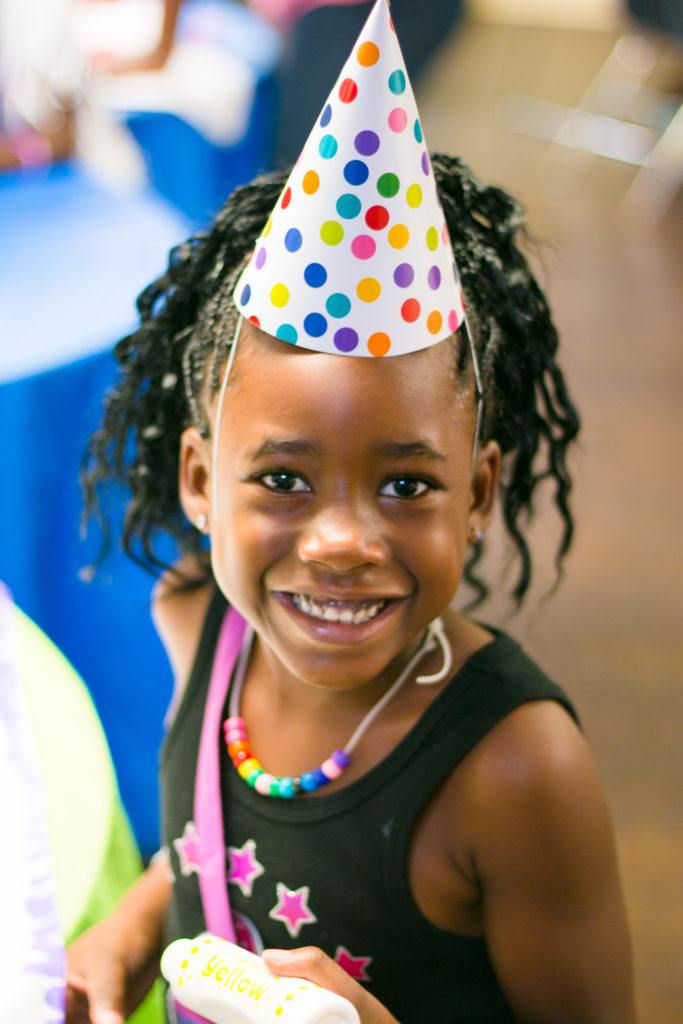
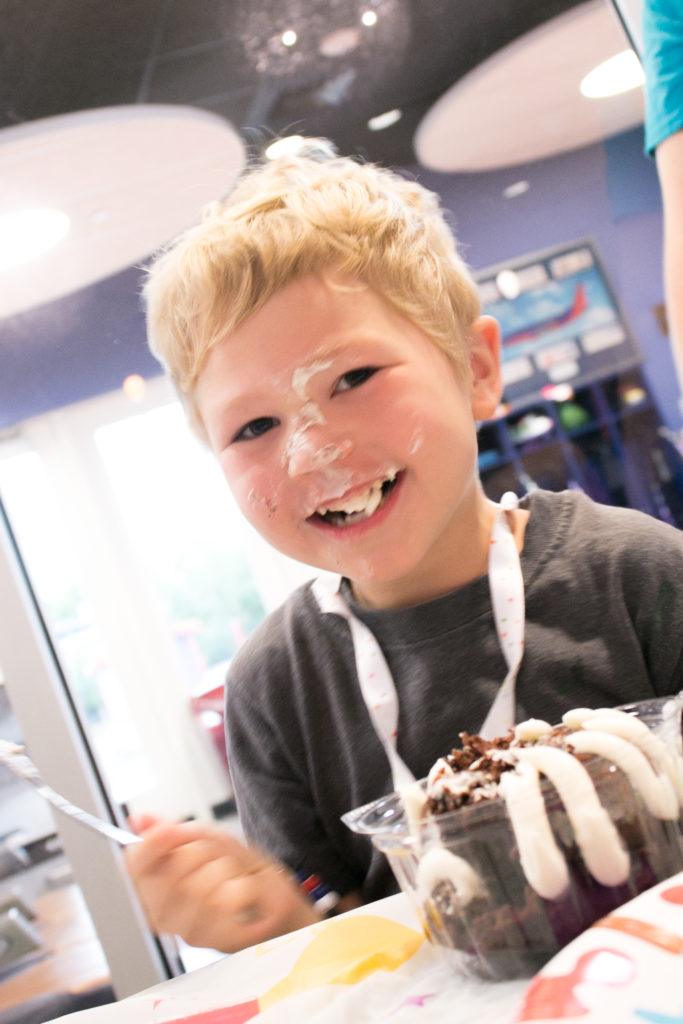
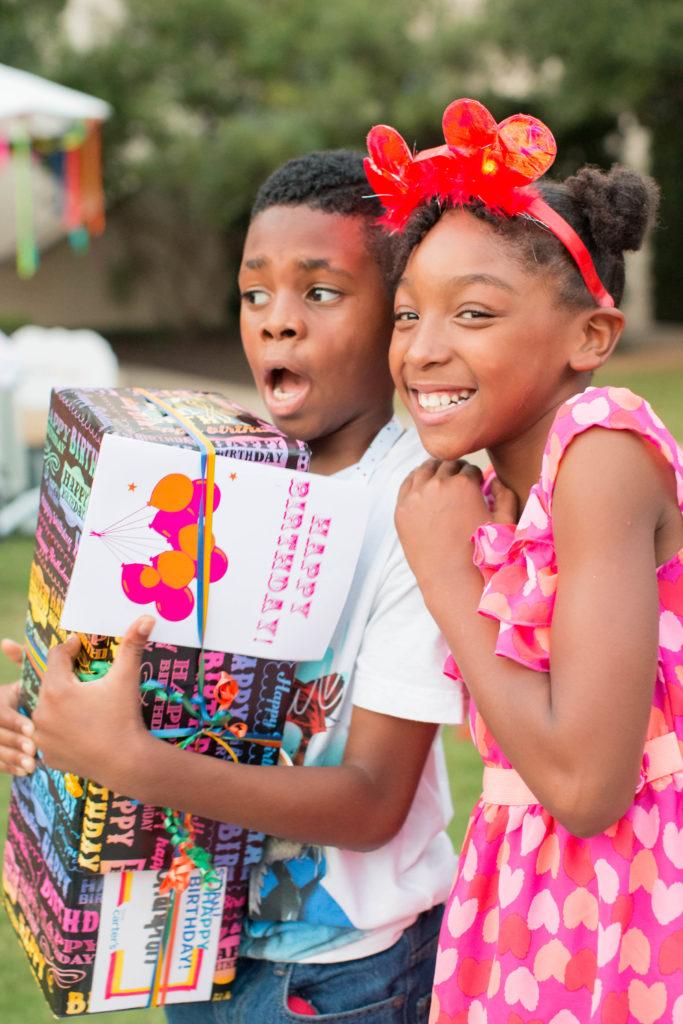
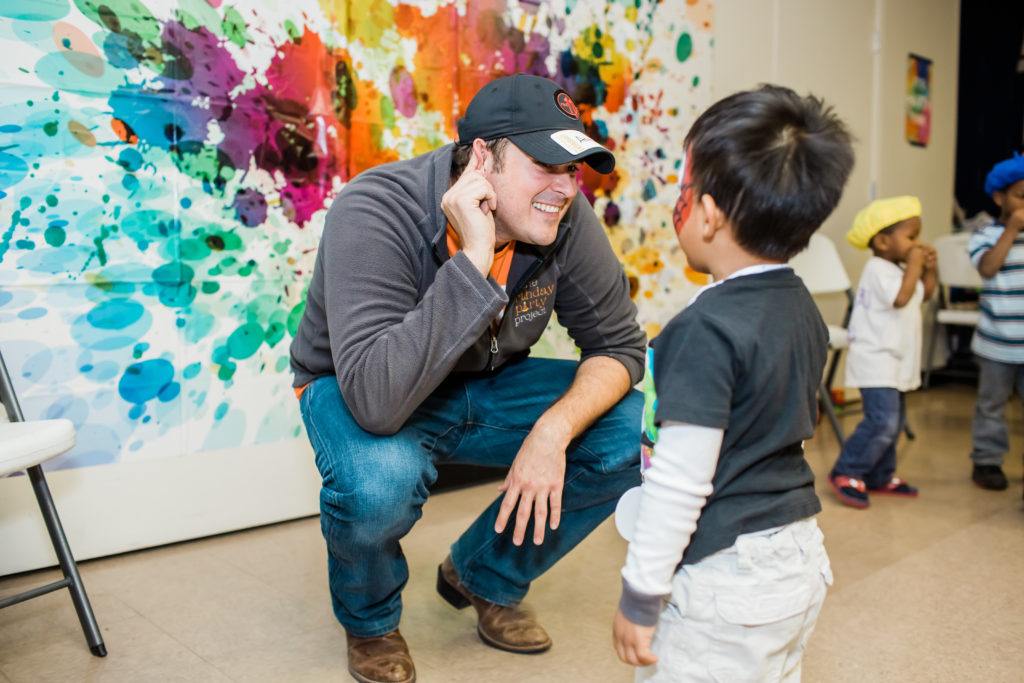
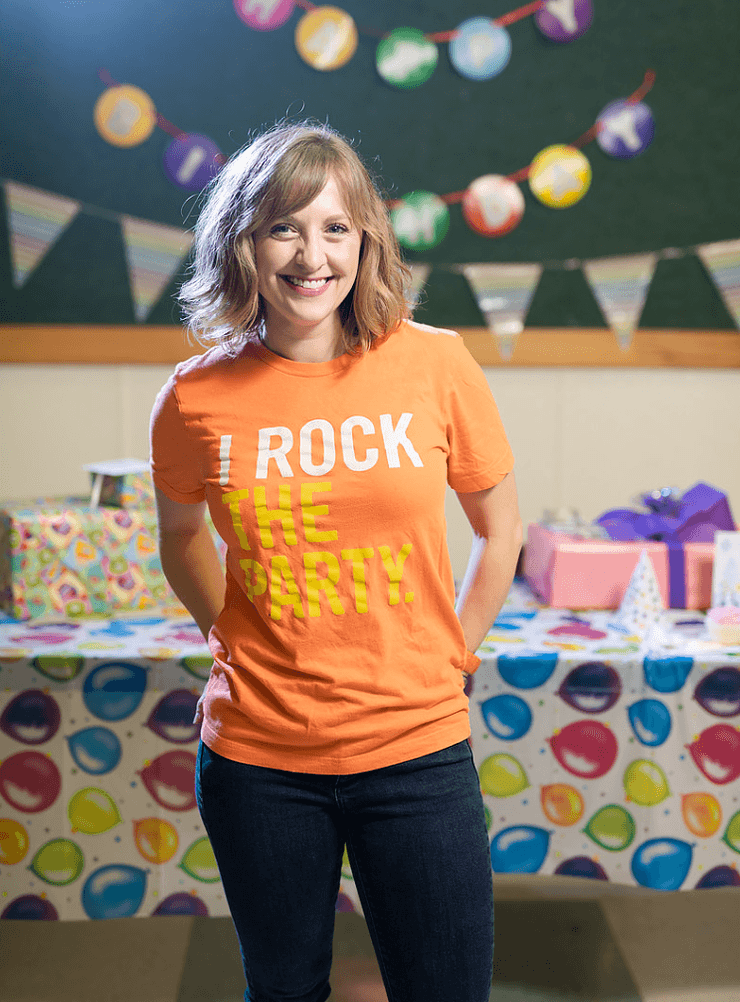
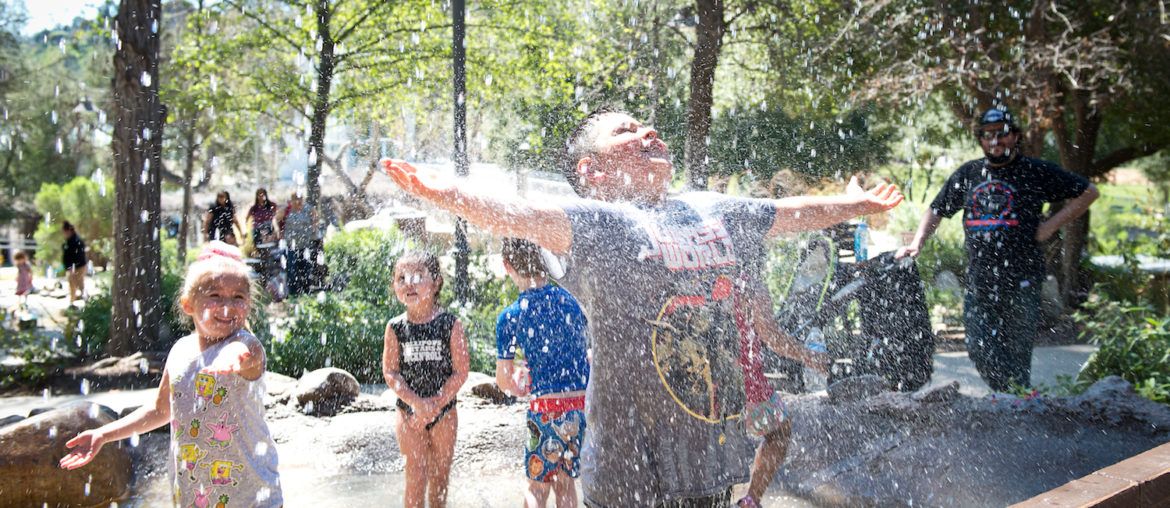
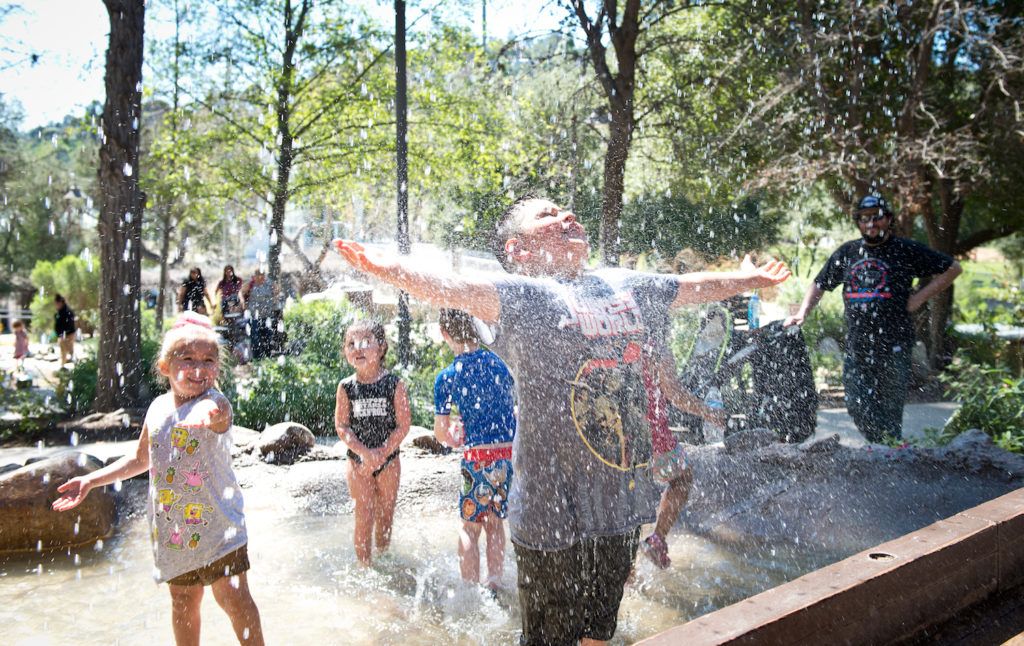
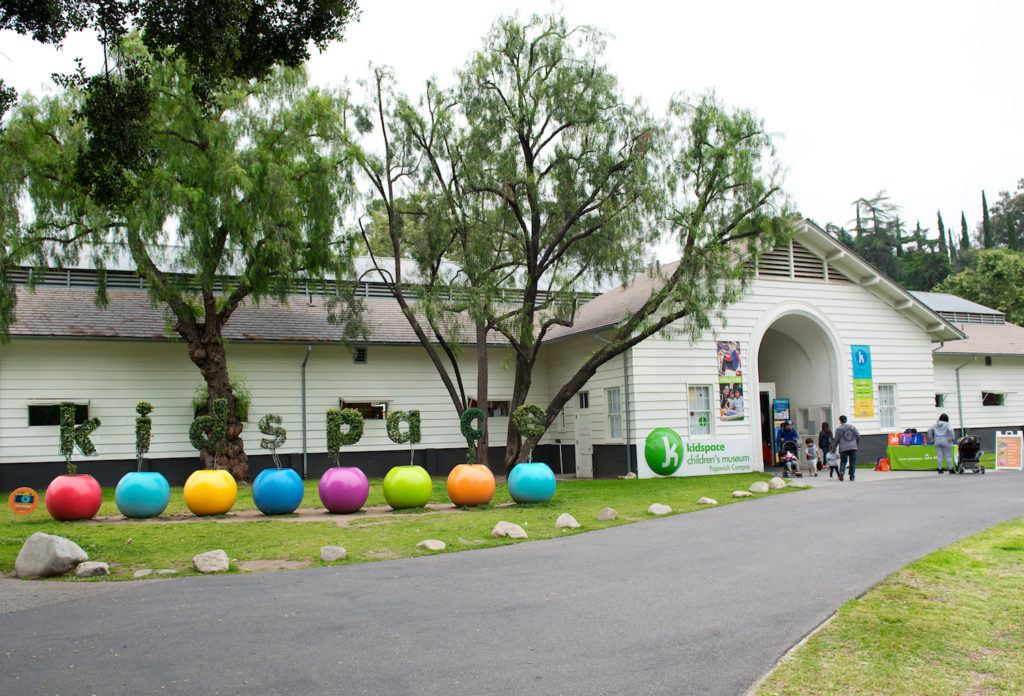
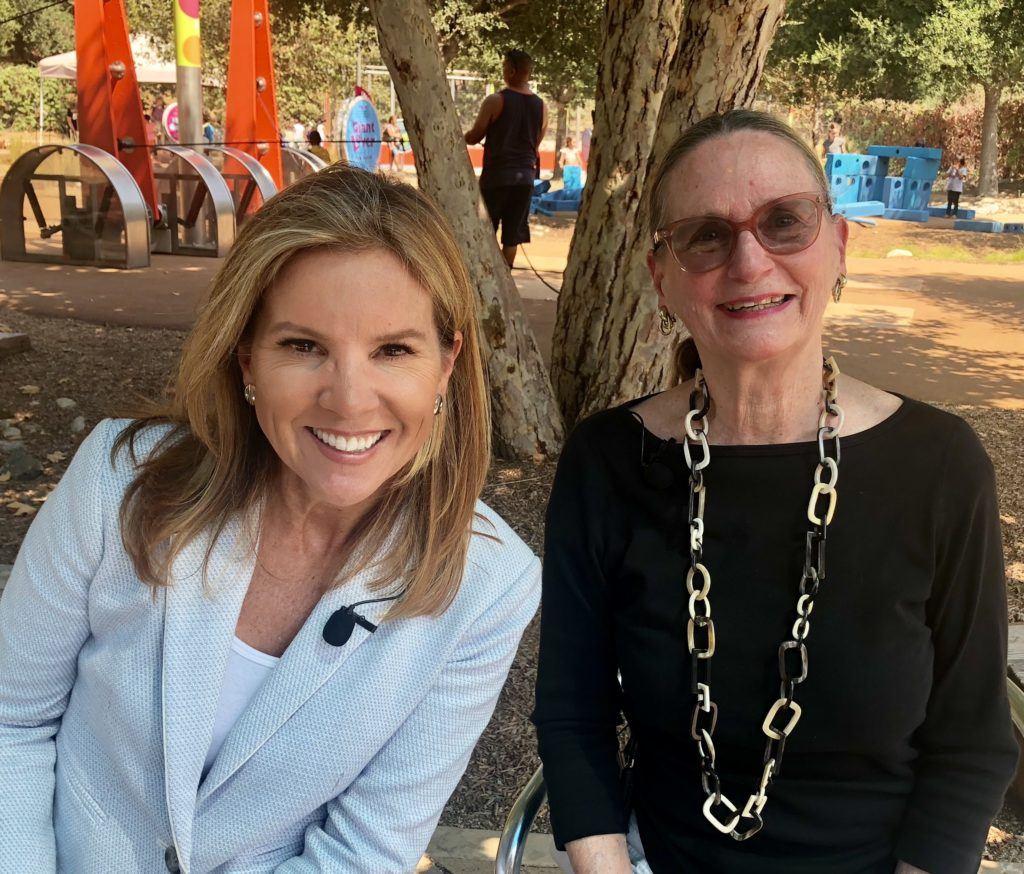
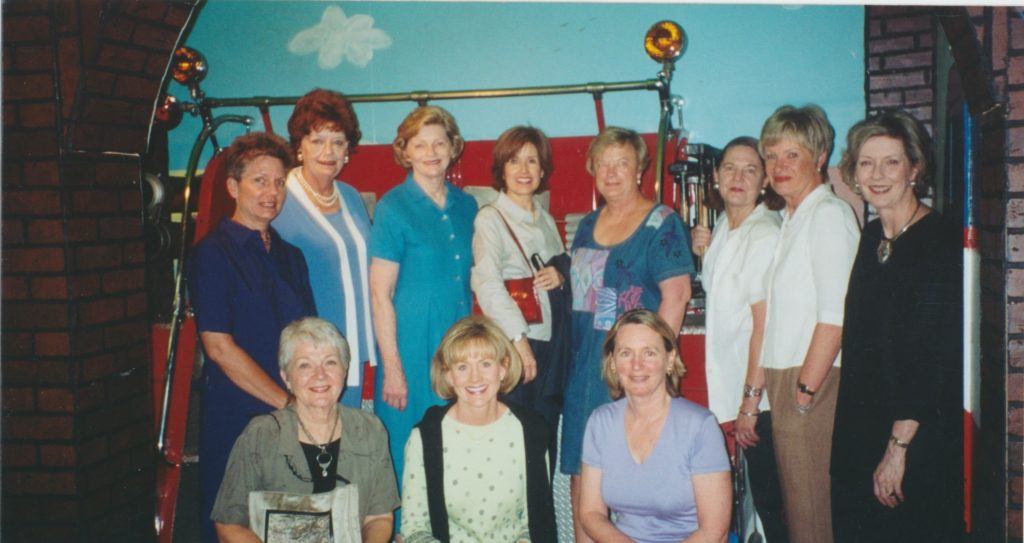
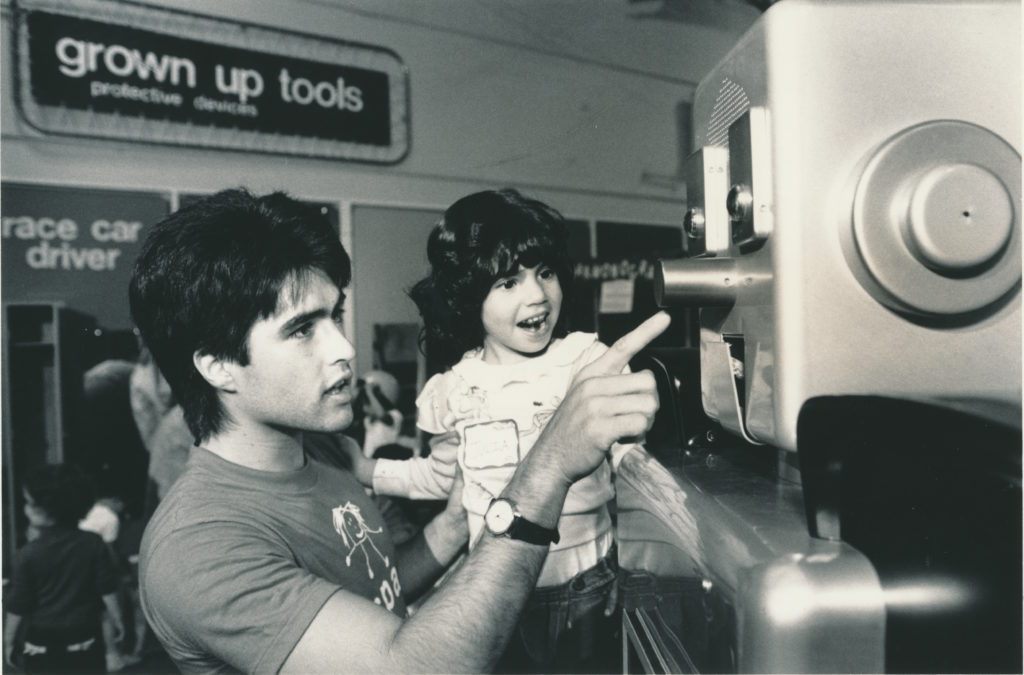
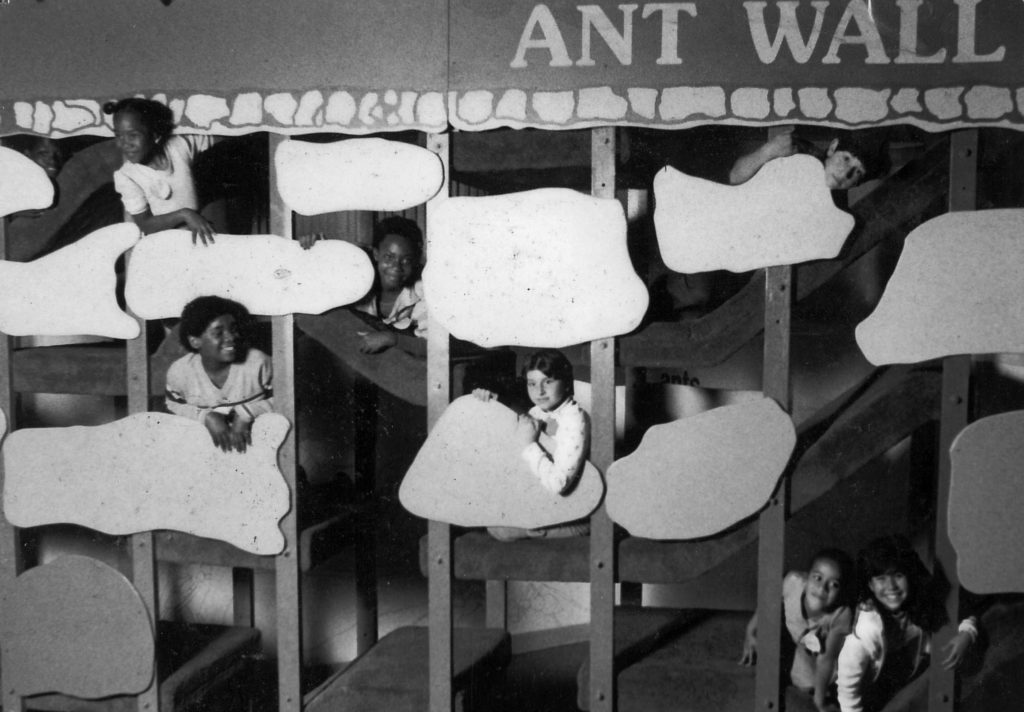
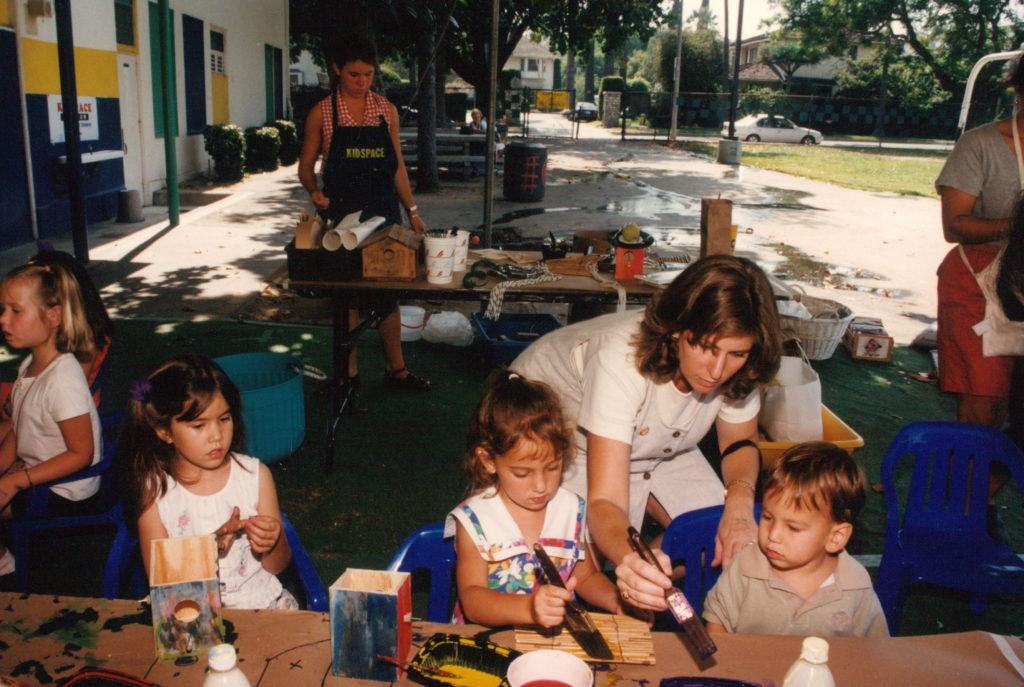
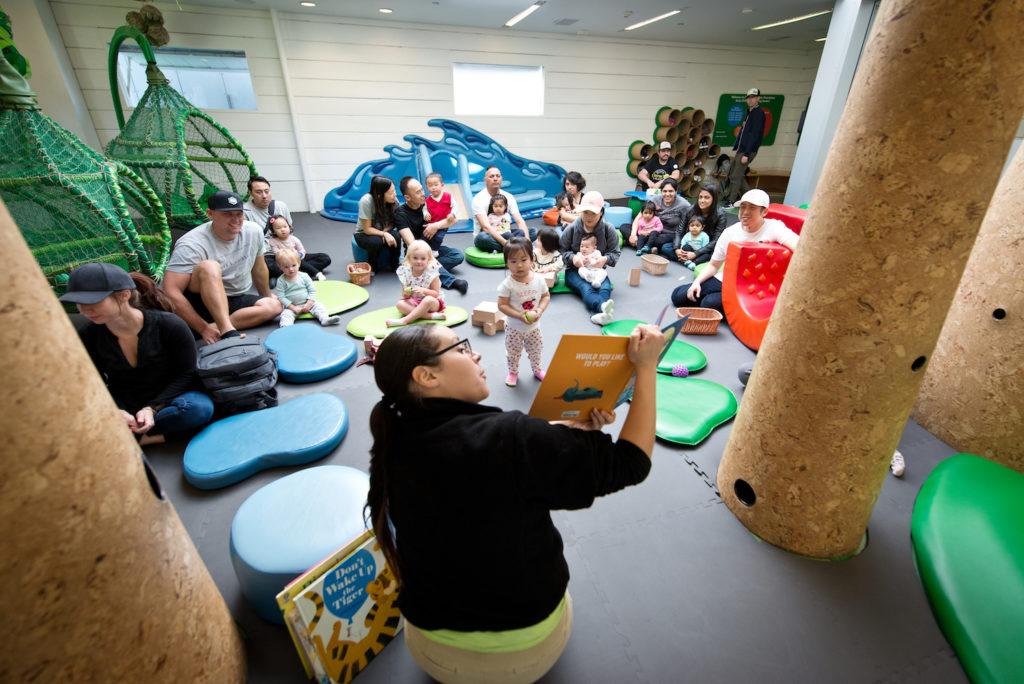
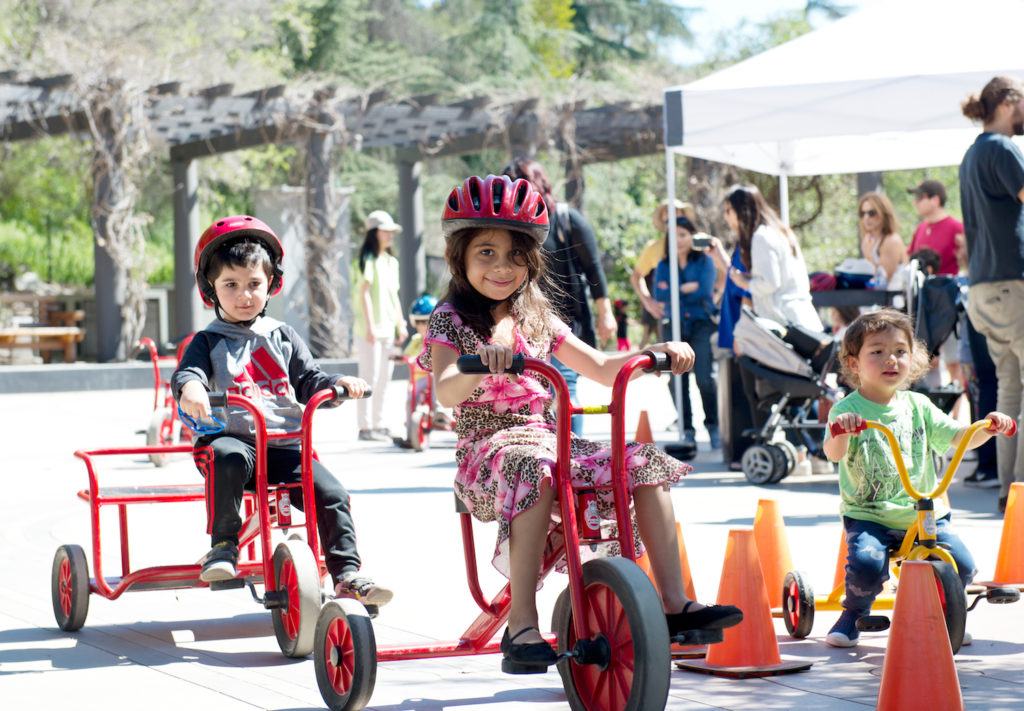
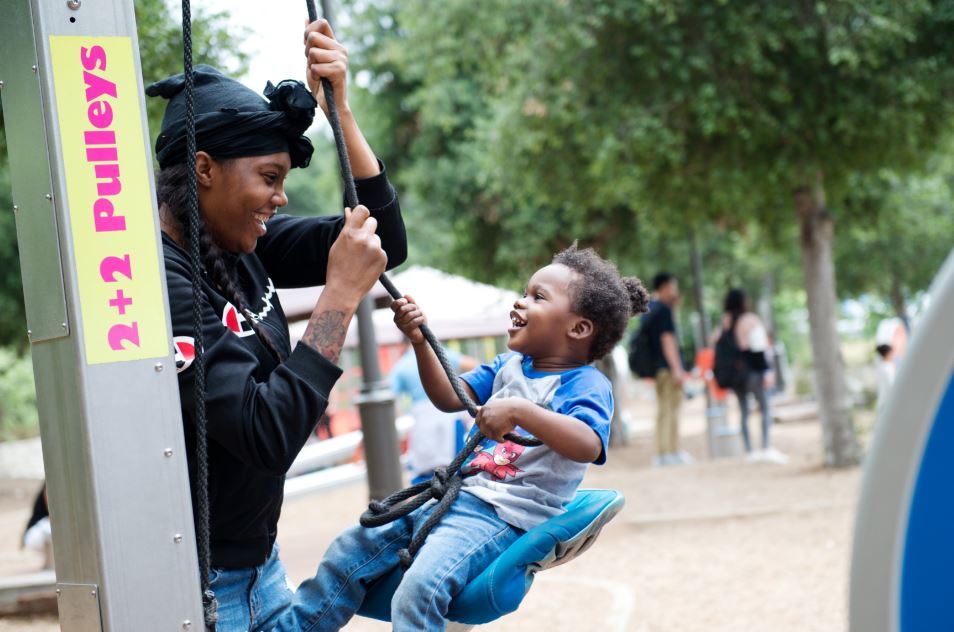
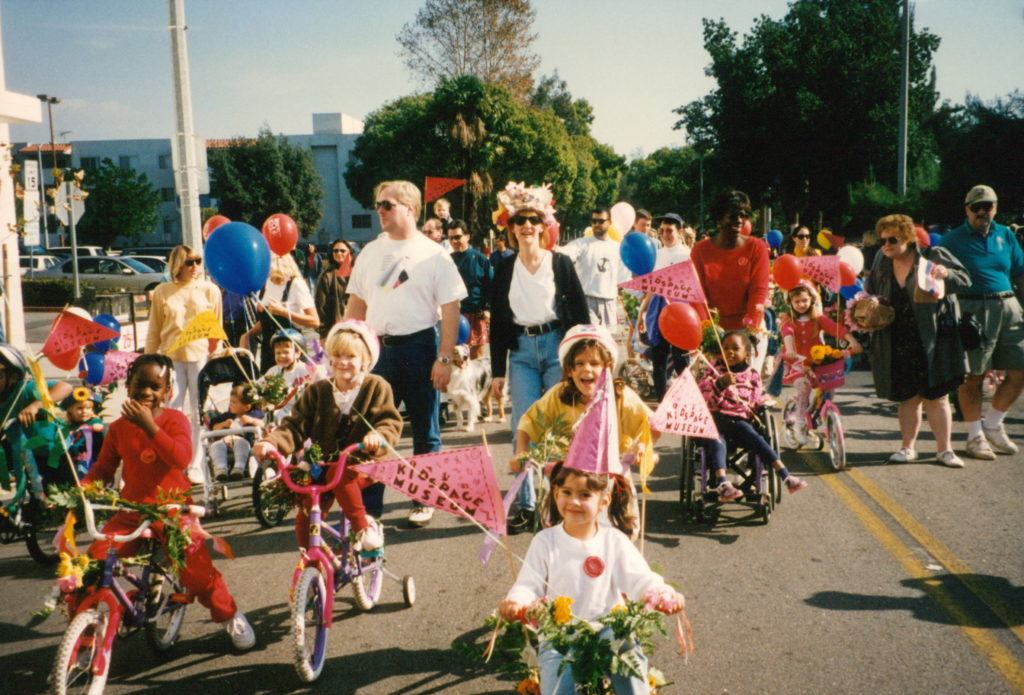
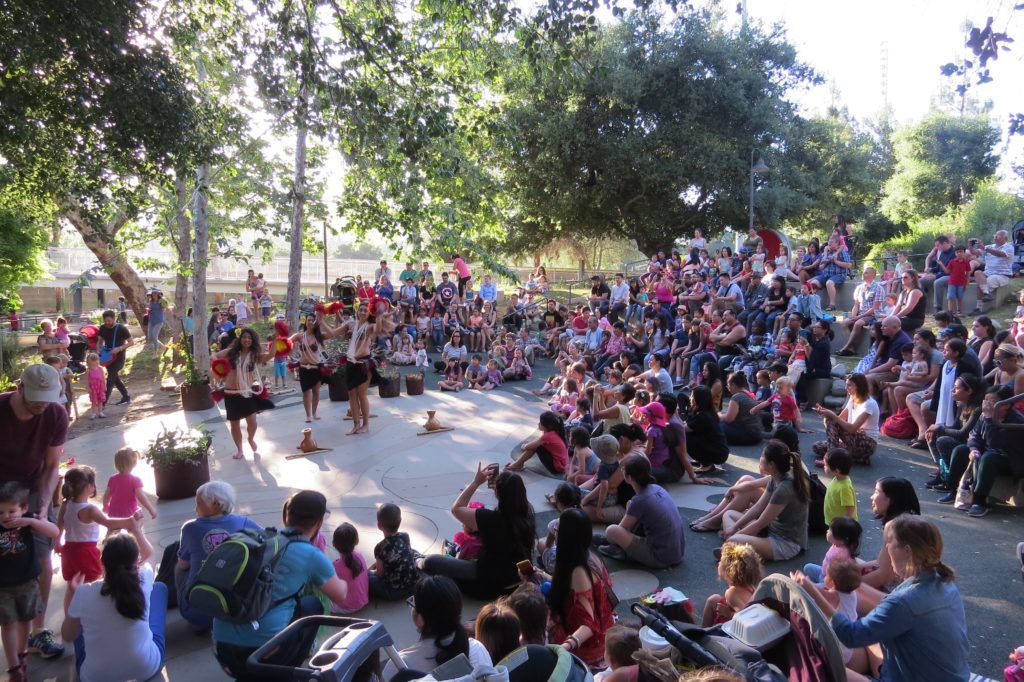
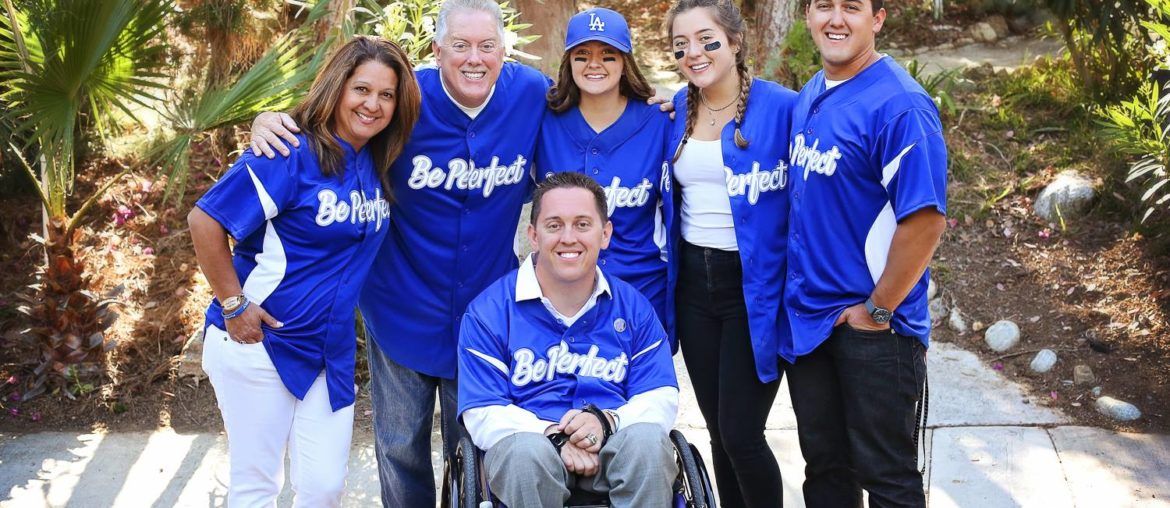
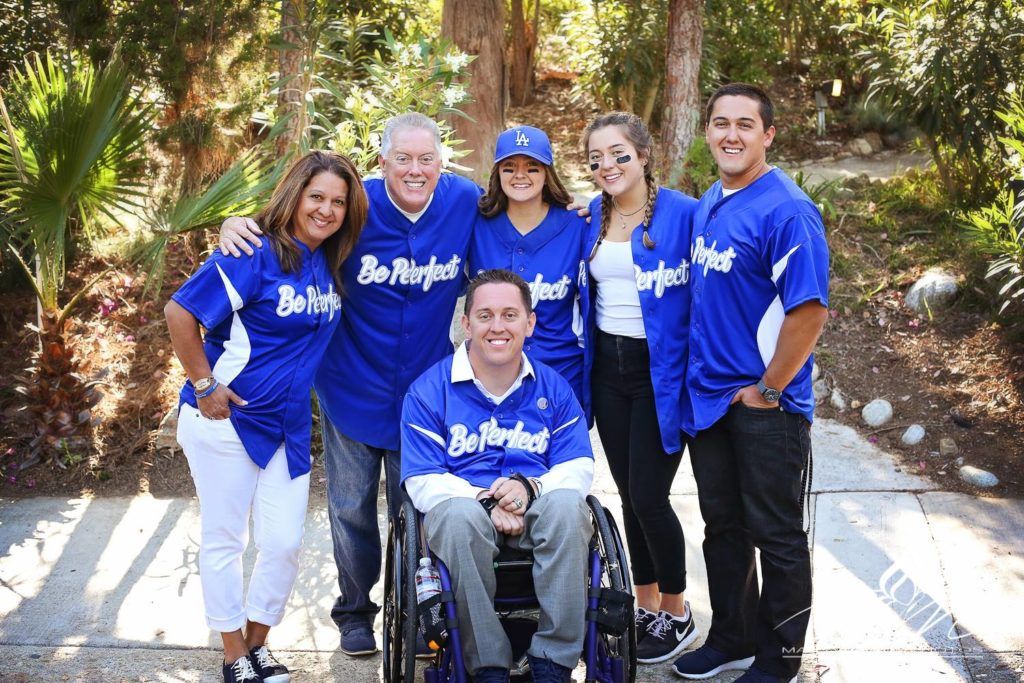

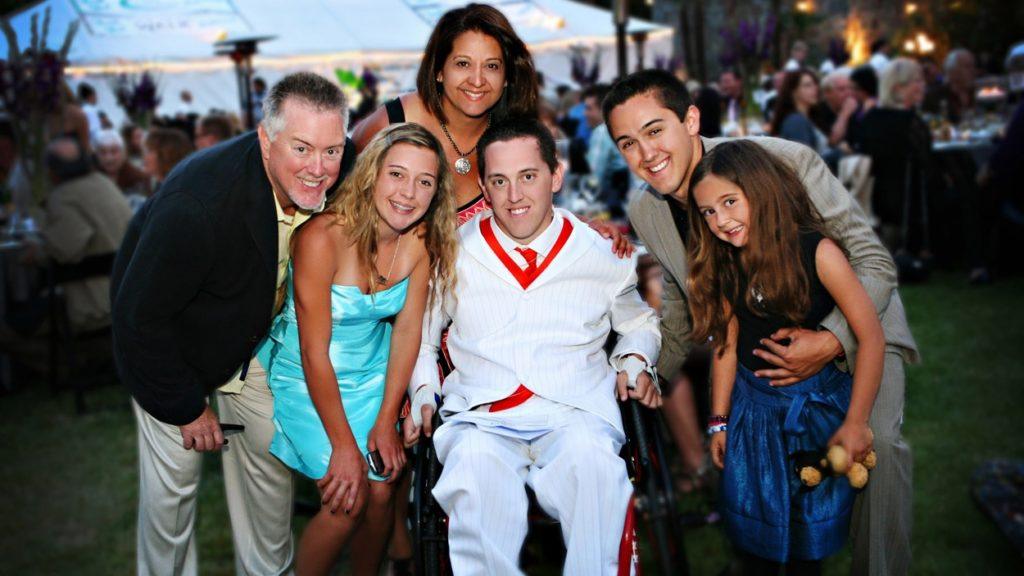
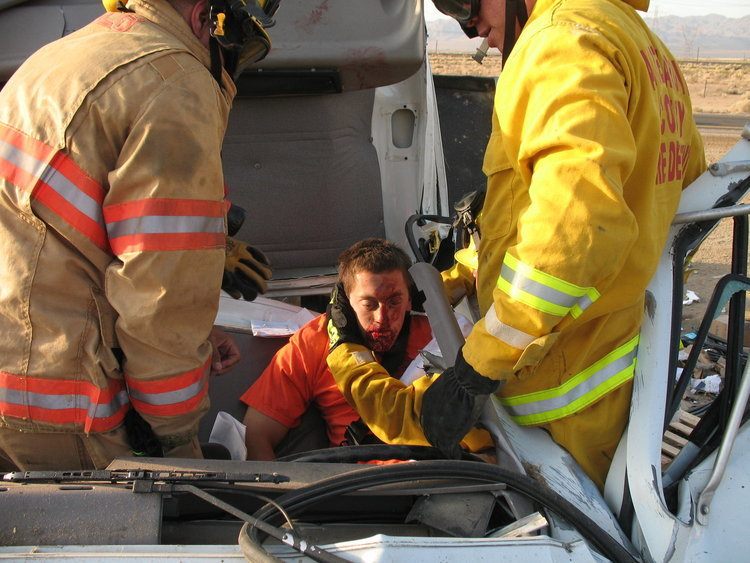
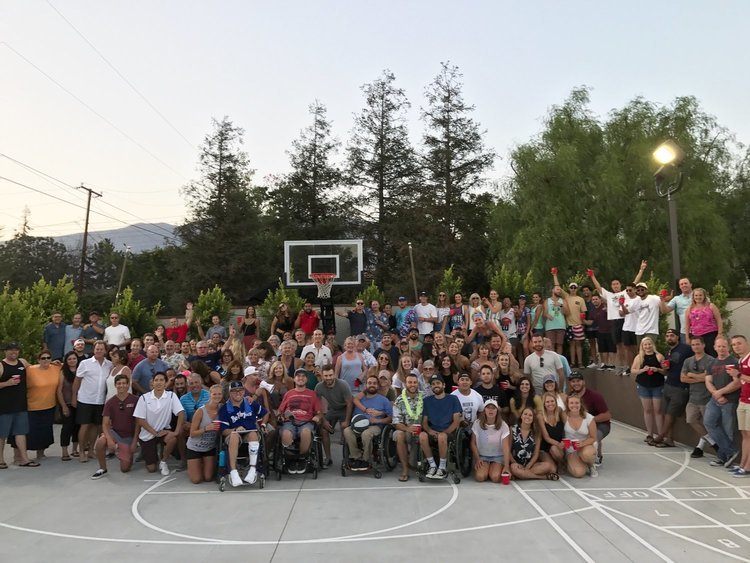
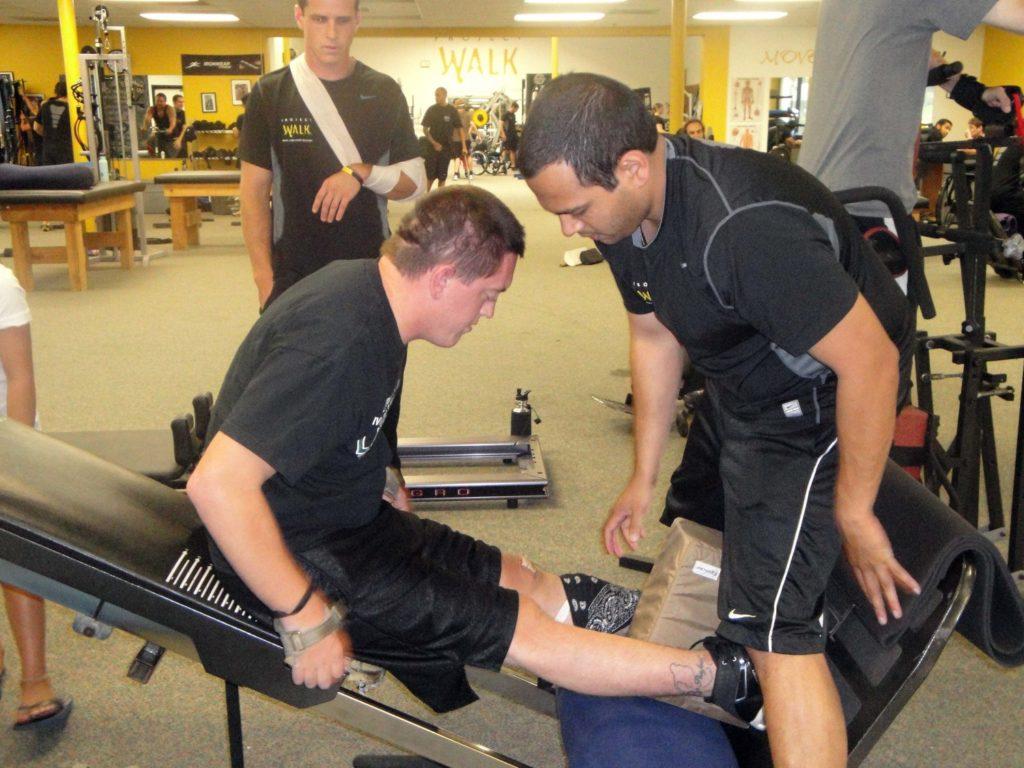
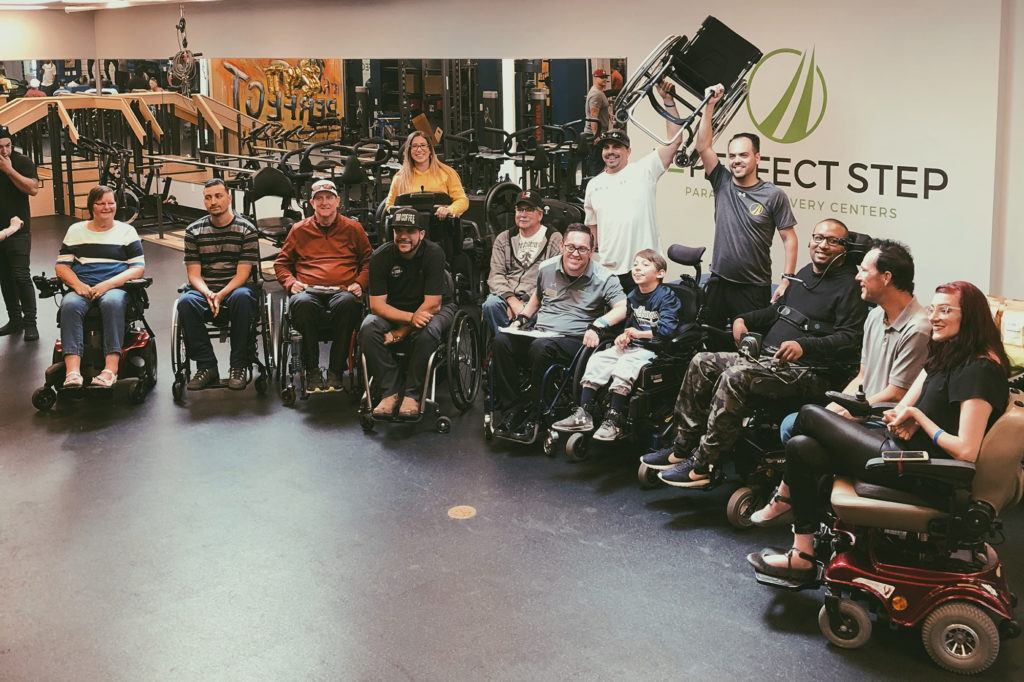
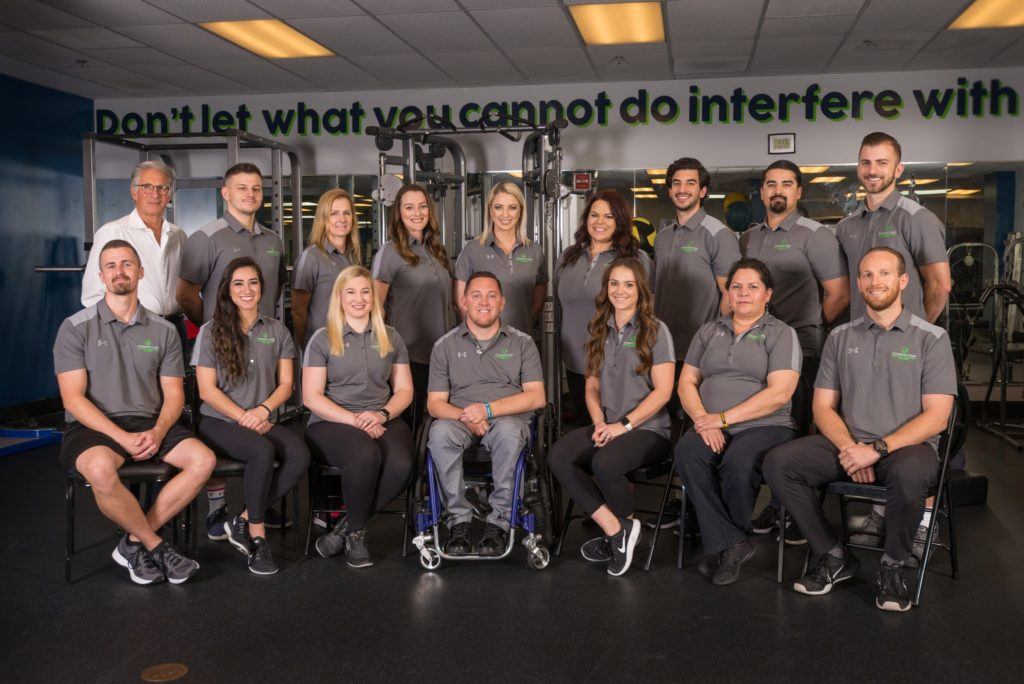
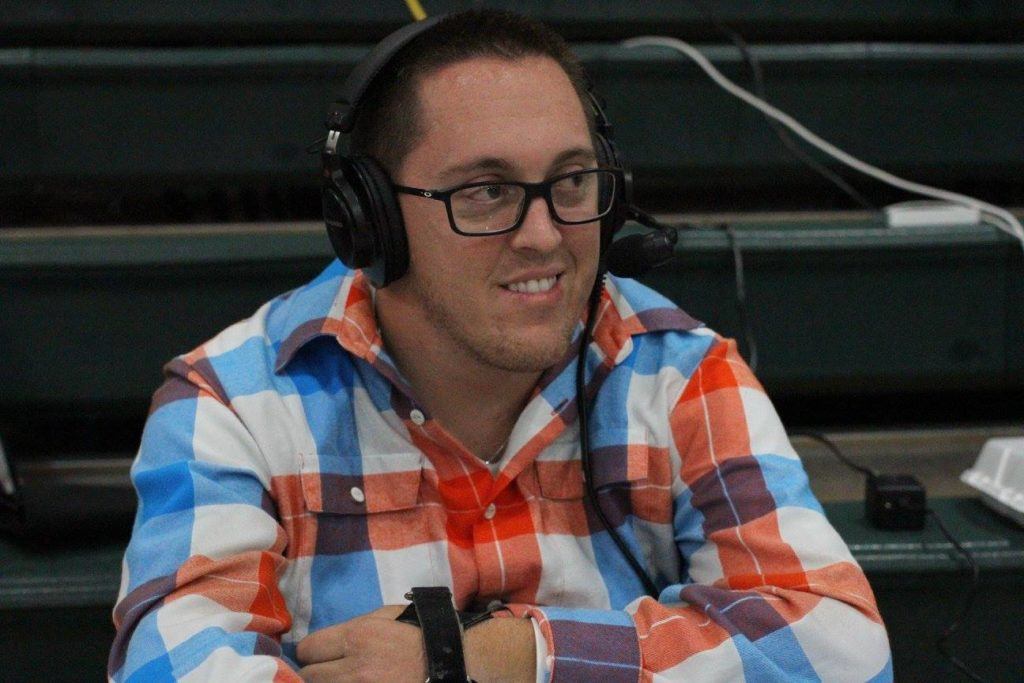
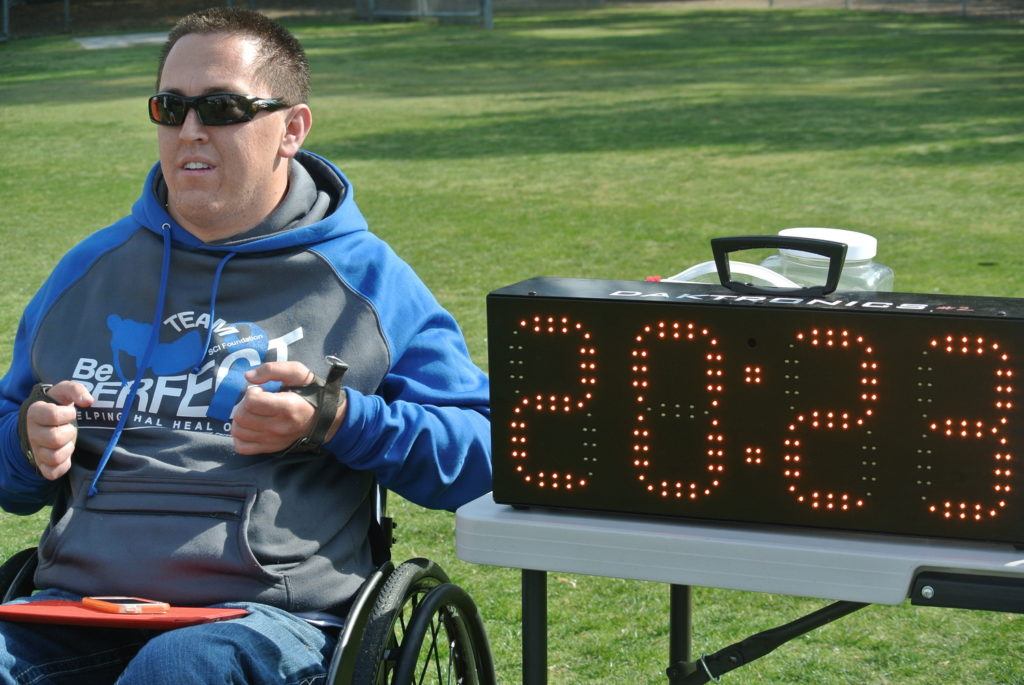
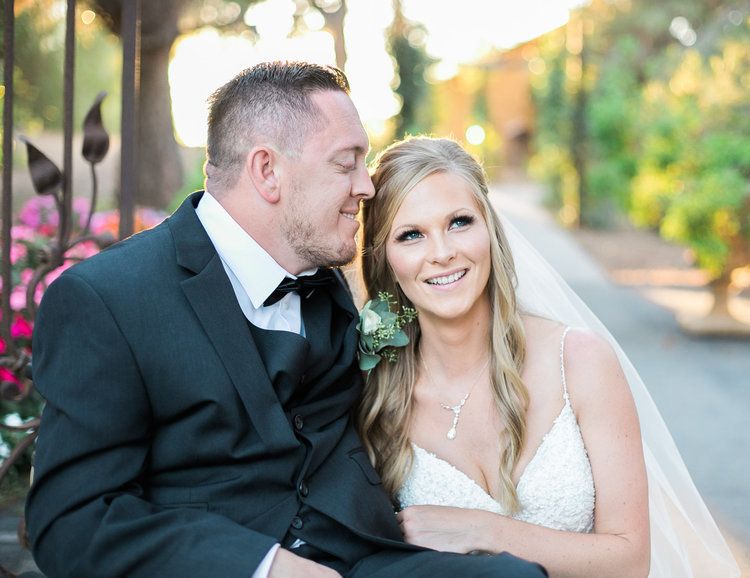
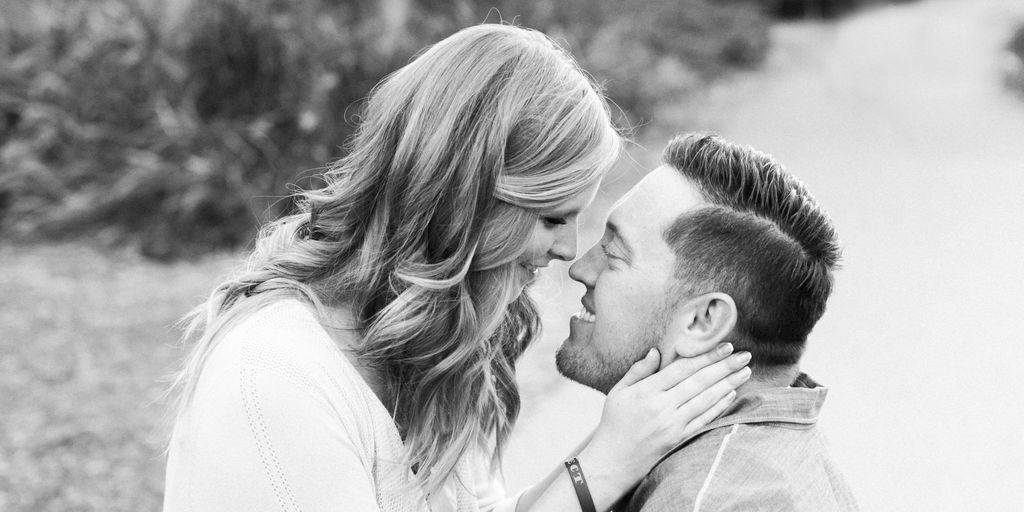
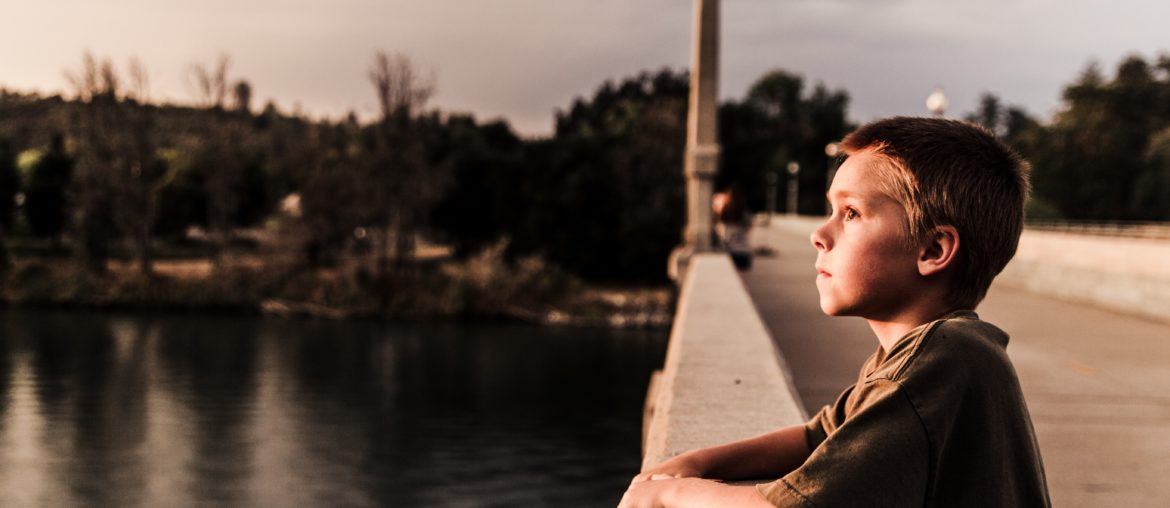
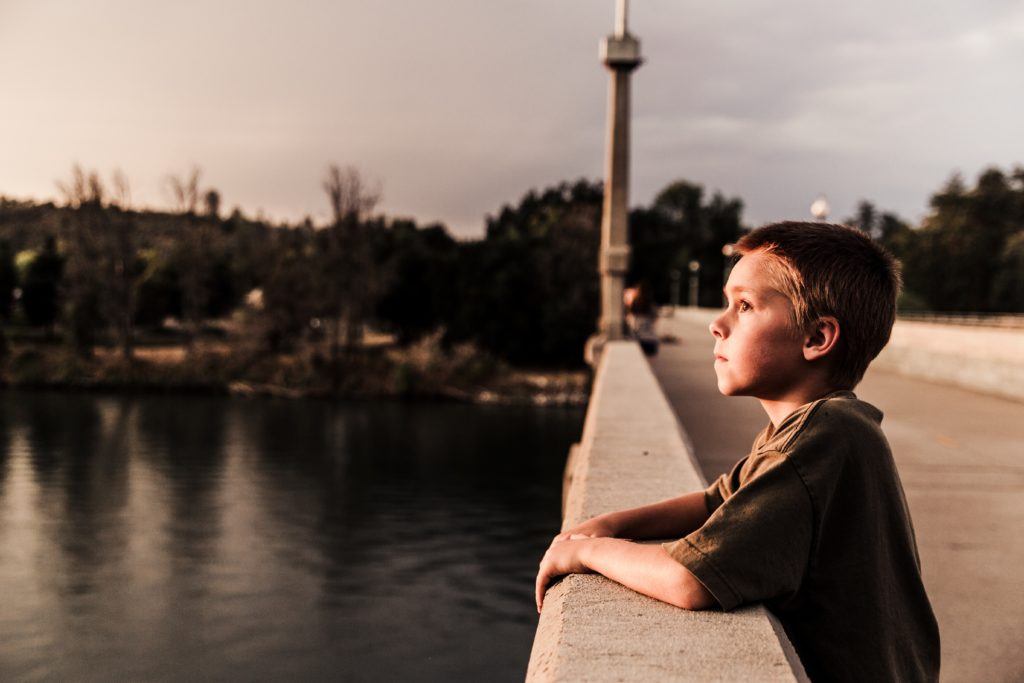 Why seems to be a word on many people’s minds since the tragic and devastating shootings this past weekend. Why? Such senseless and tragic events. It simply doesn’t make sense, all of the insanity in our world. Most days I can barely get myself to turn on the news. While the events themselves are beyond heartbreaking, the shock, anger, sadness followed by the blame, played out like theater in the media, makes it that much more painful for everyone. It is like watching a car accident over and over, simply horrible.
Why seems to be a word on many people’s minds since the tragic and devastating shootings this past weekend. Why? Such senseless and tragic events. It simply doesn’t make sense, all of the insanity in our world. Most days I can barely get myself to turn on the news. While the events themselves are beyond heartbreaking, the shock, anger, sadness followed by the blame, played out like theater in the media, makes it that much more painful for everyone. It is like watching a car accident over and over, simply horrible.
